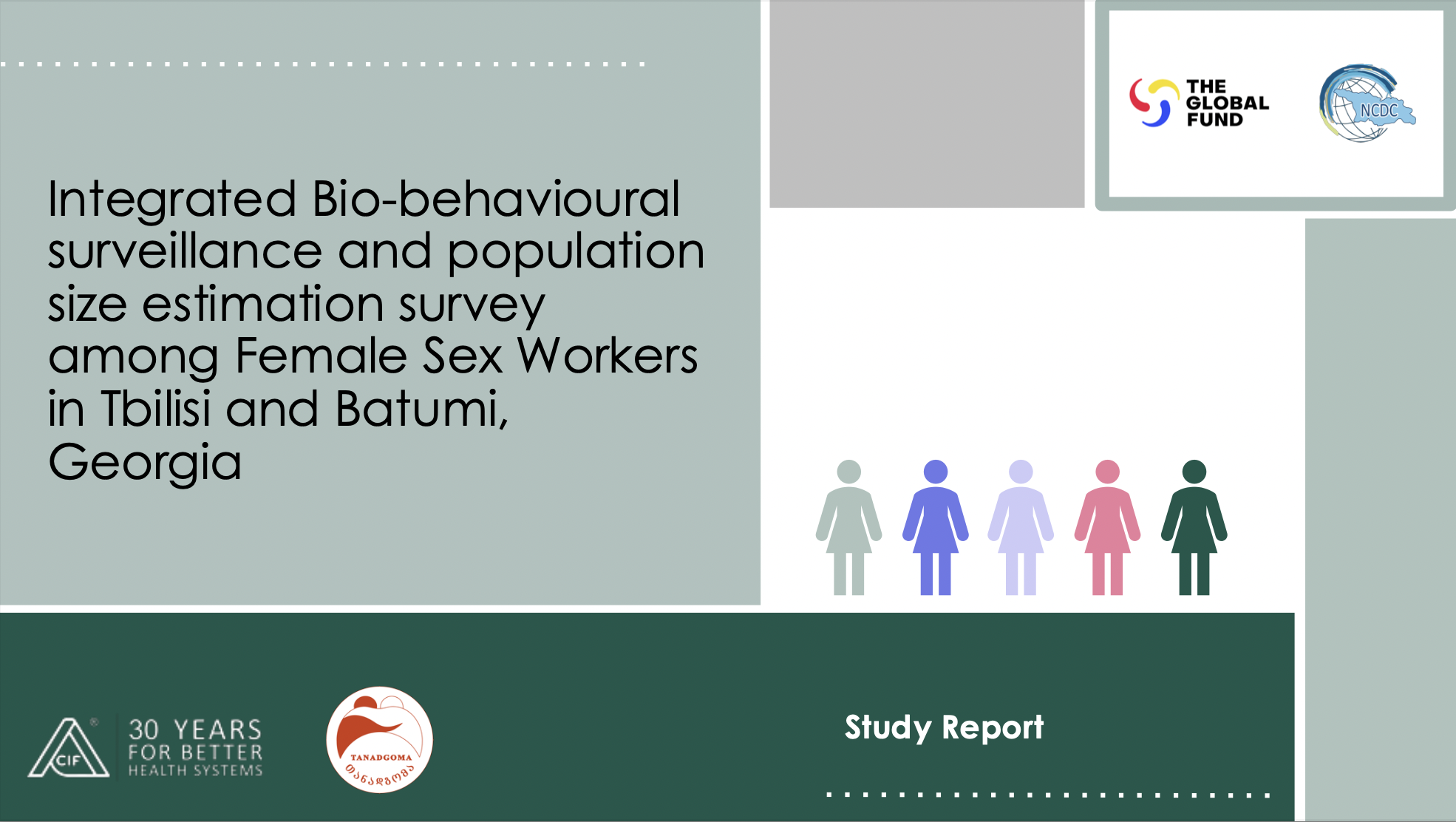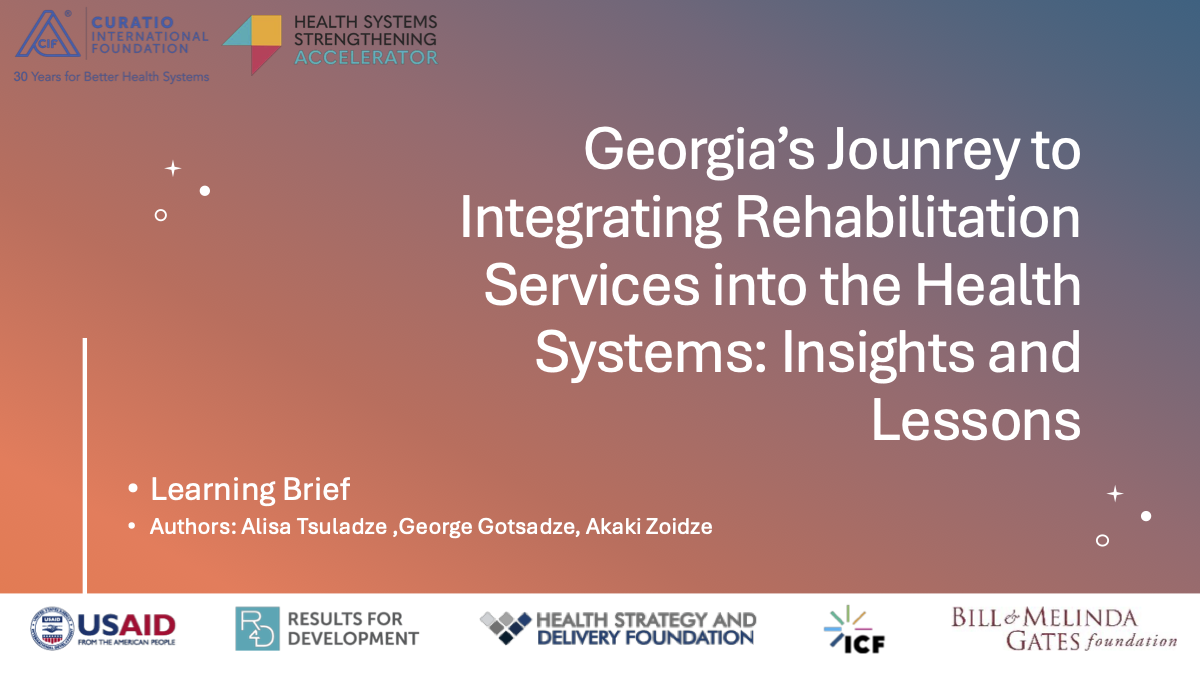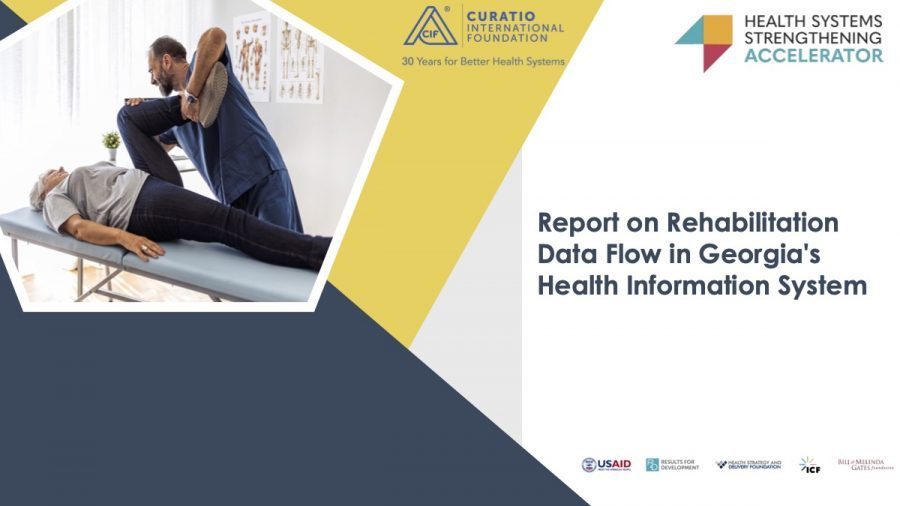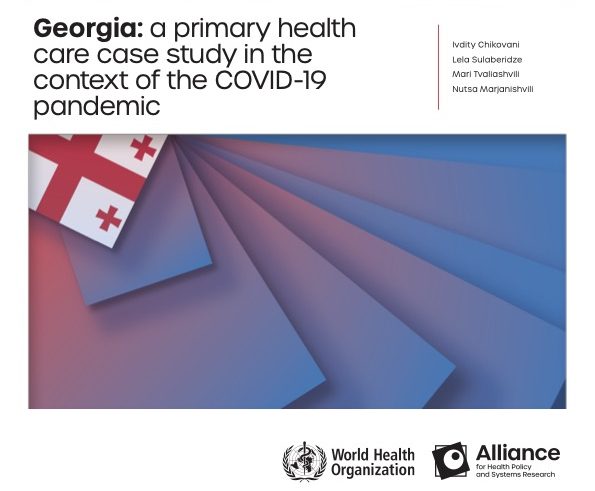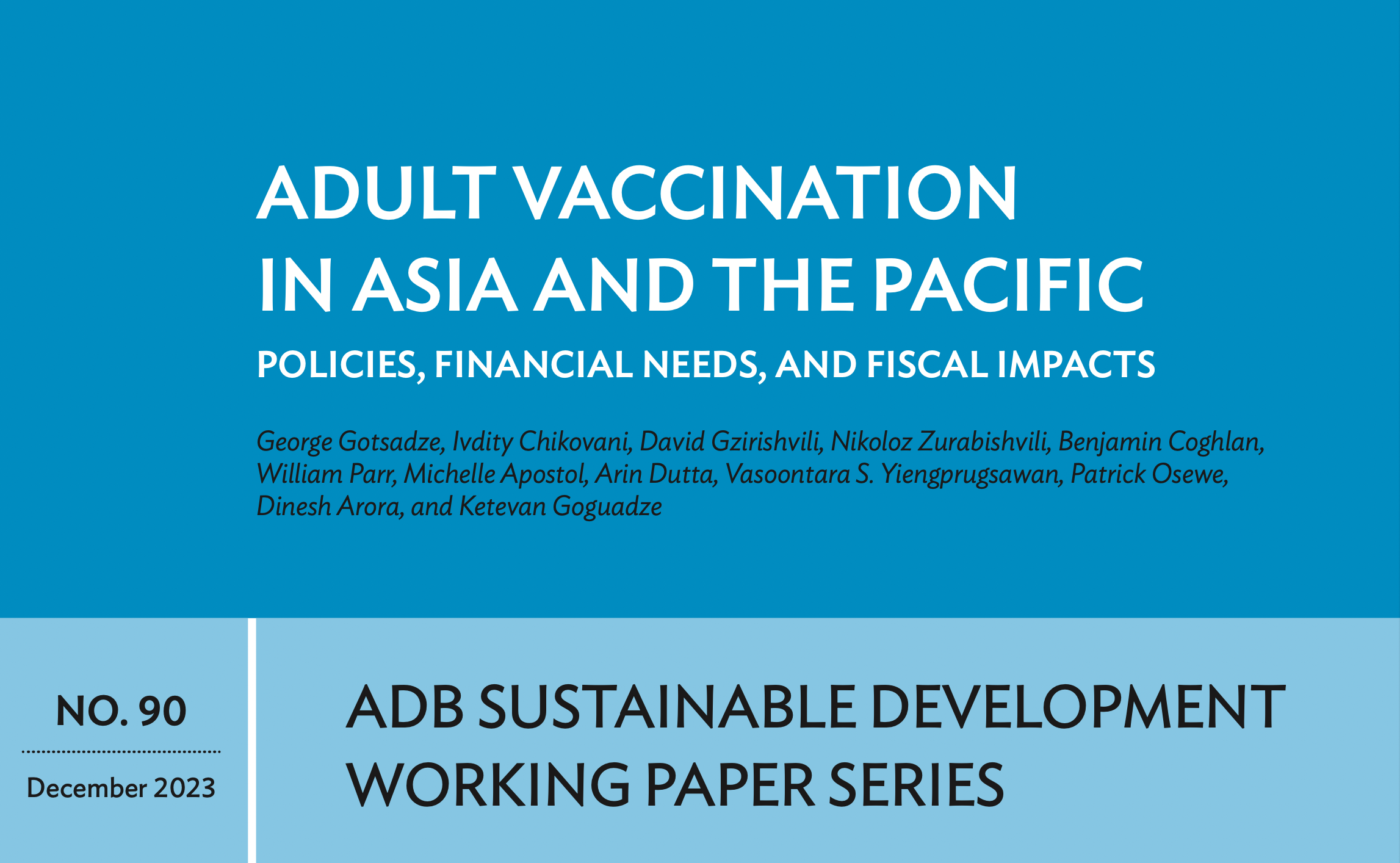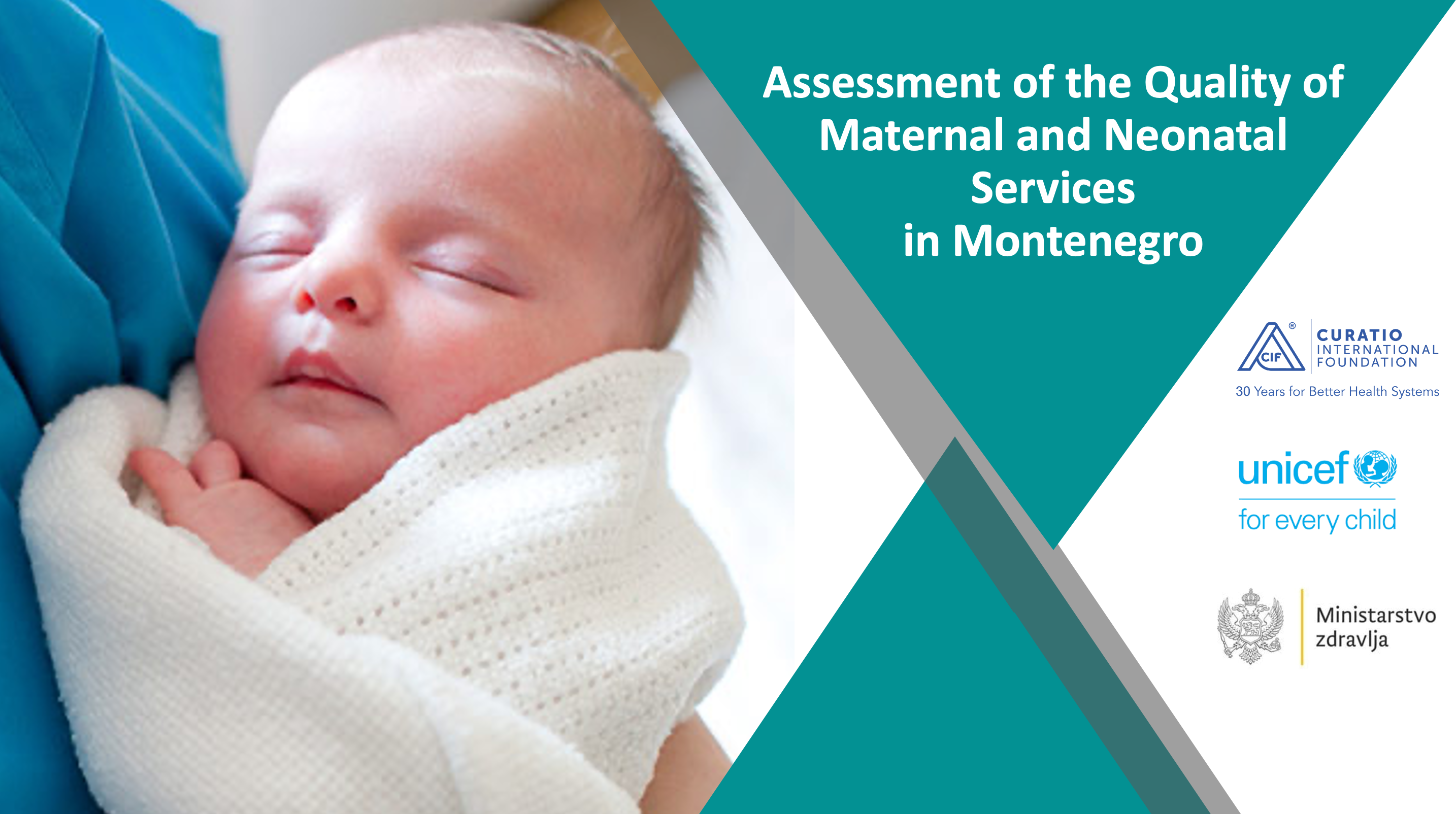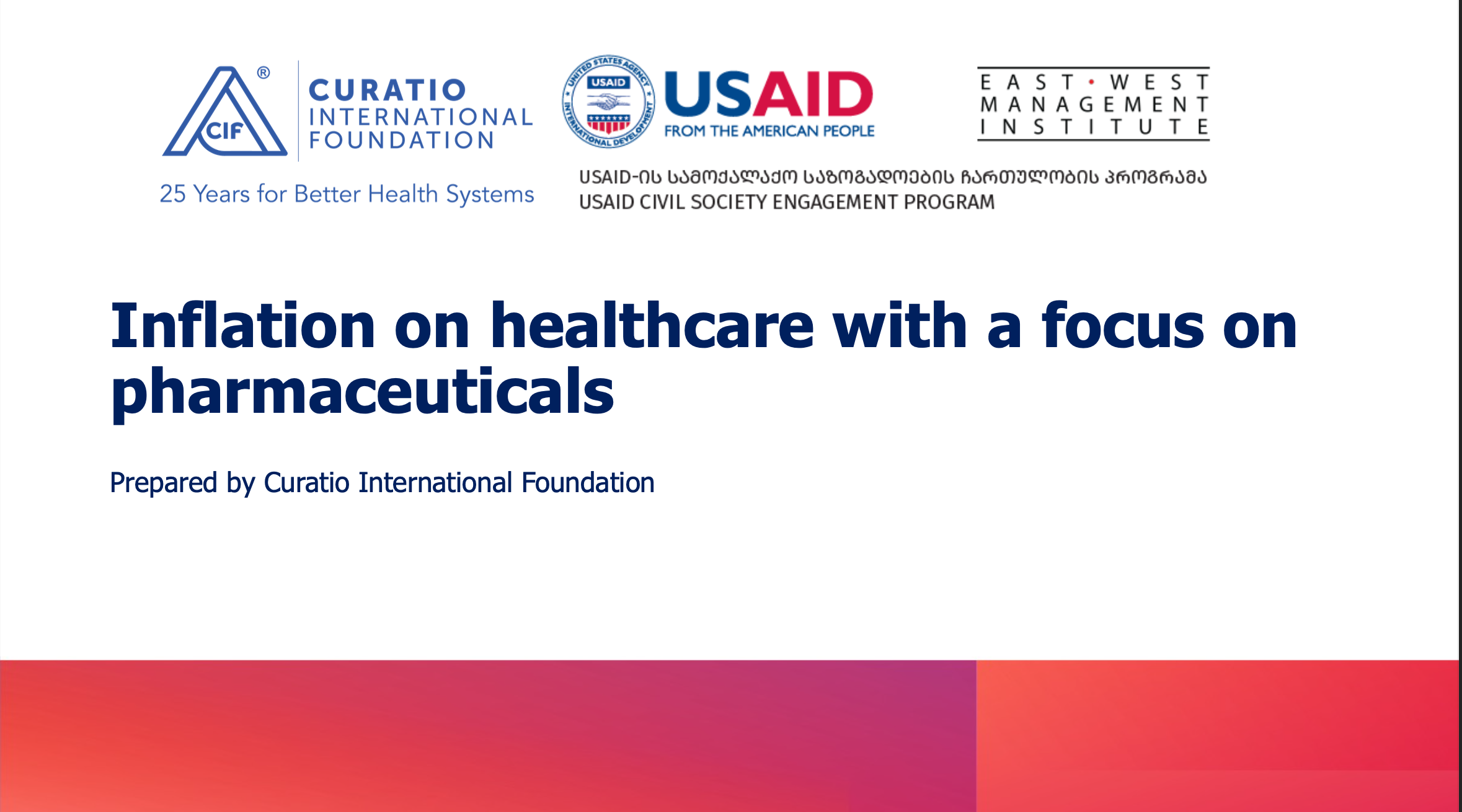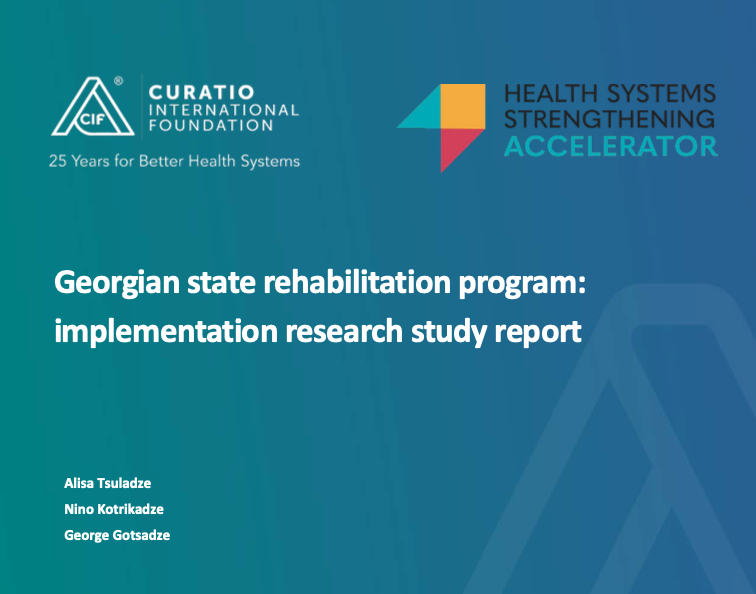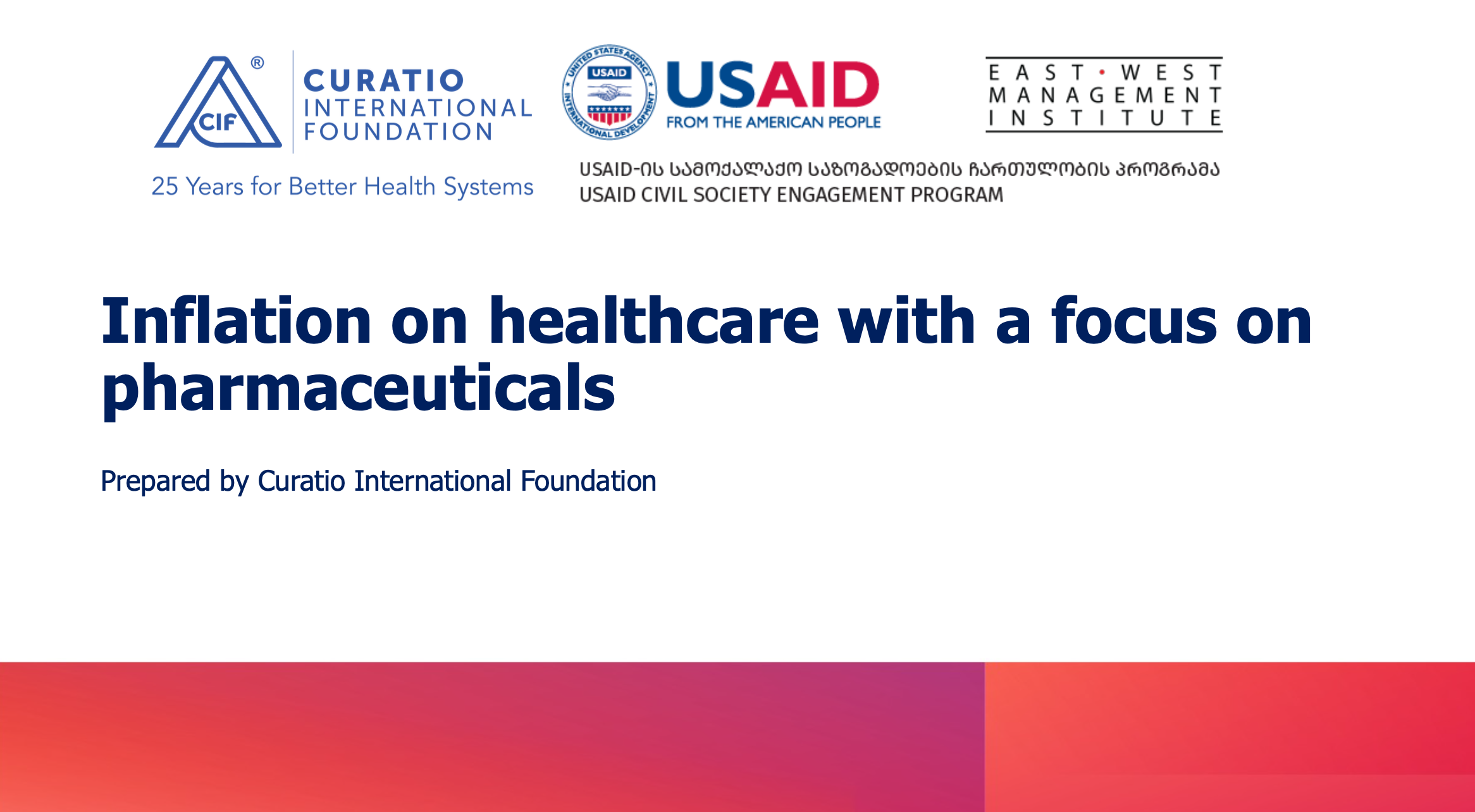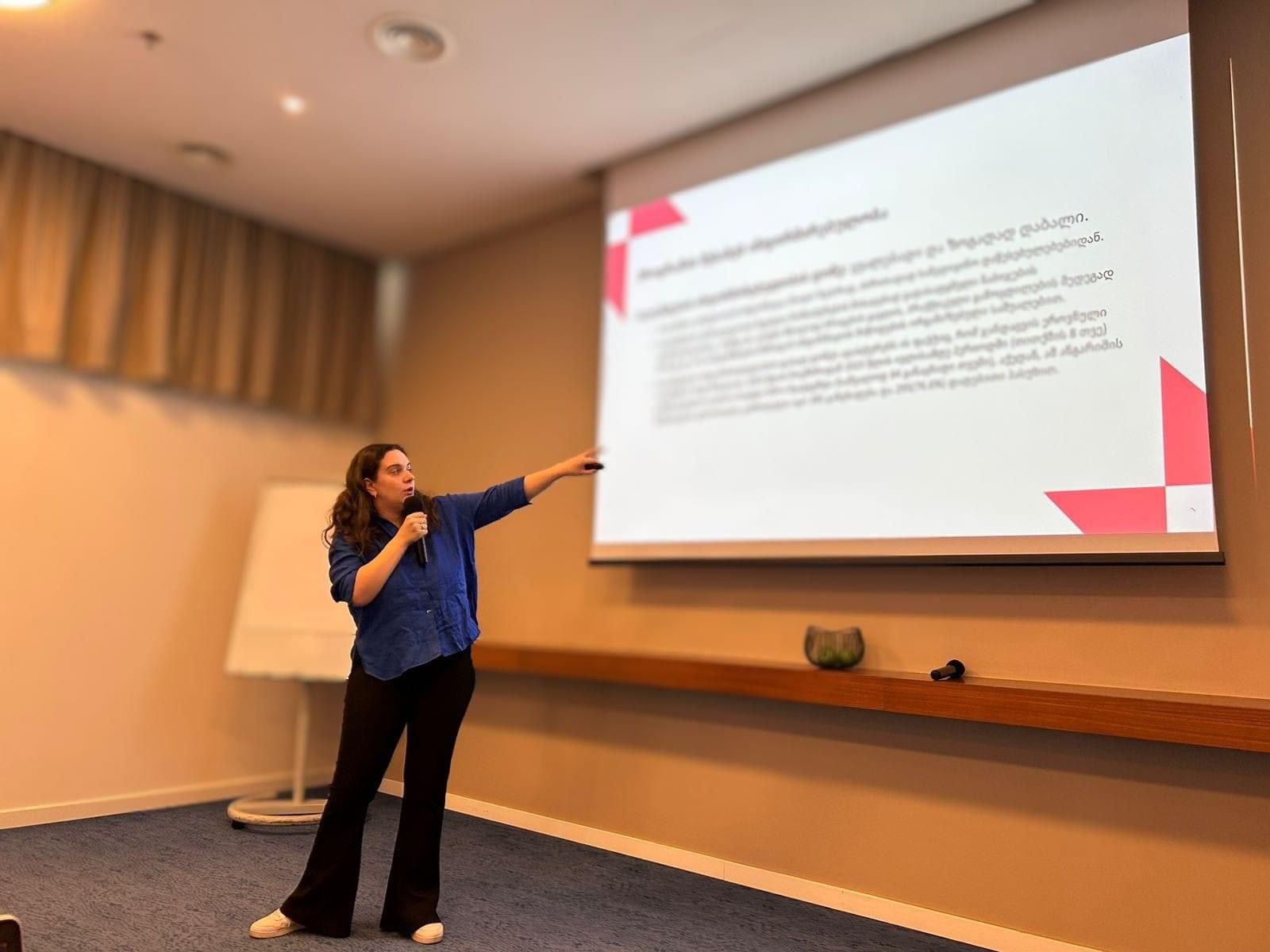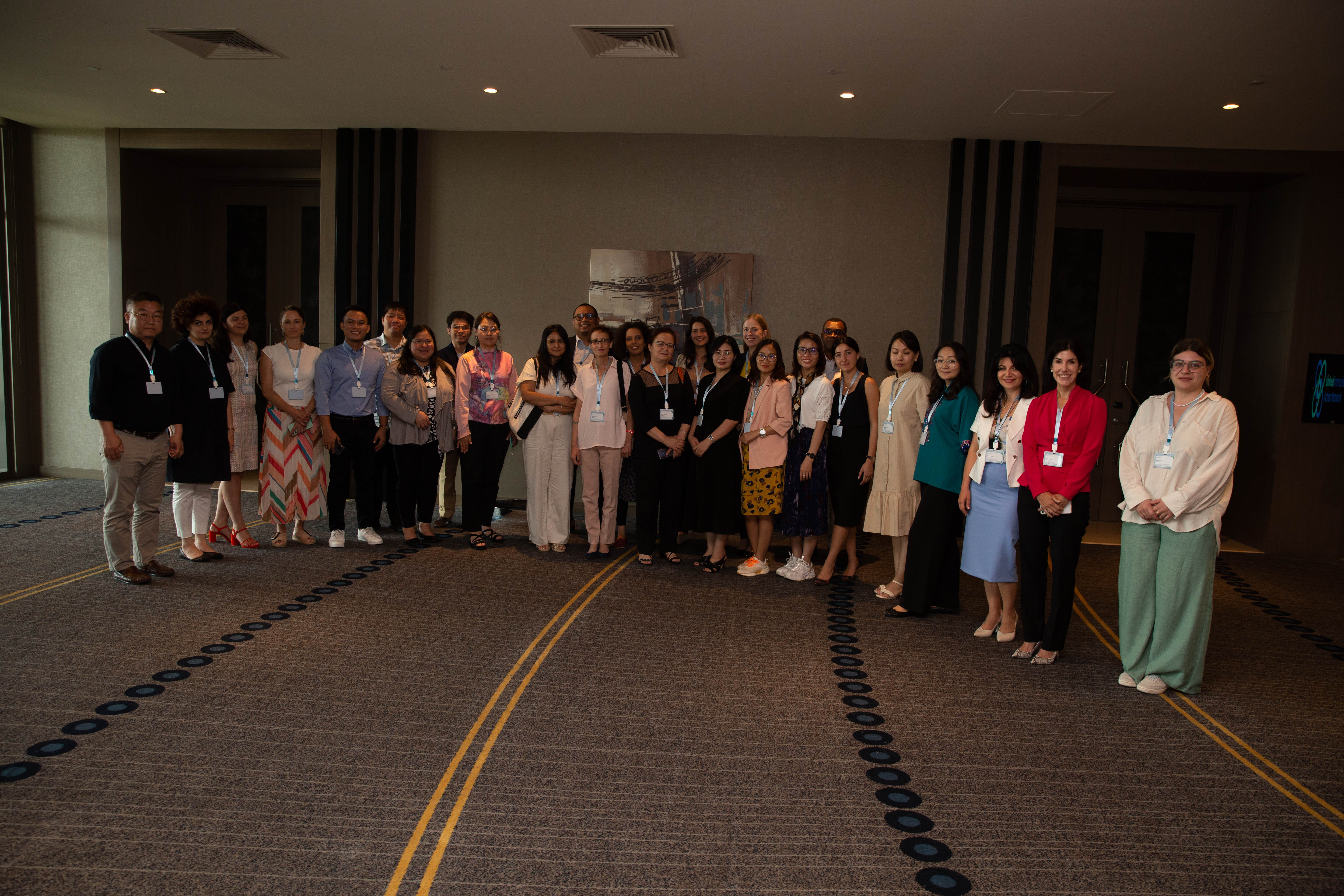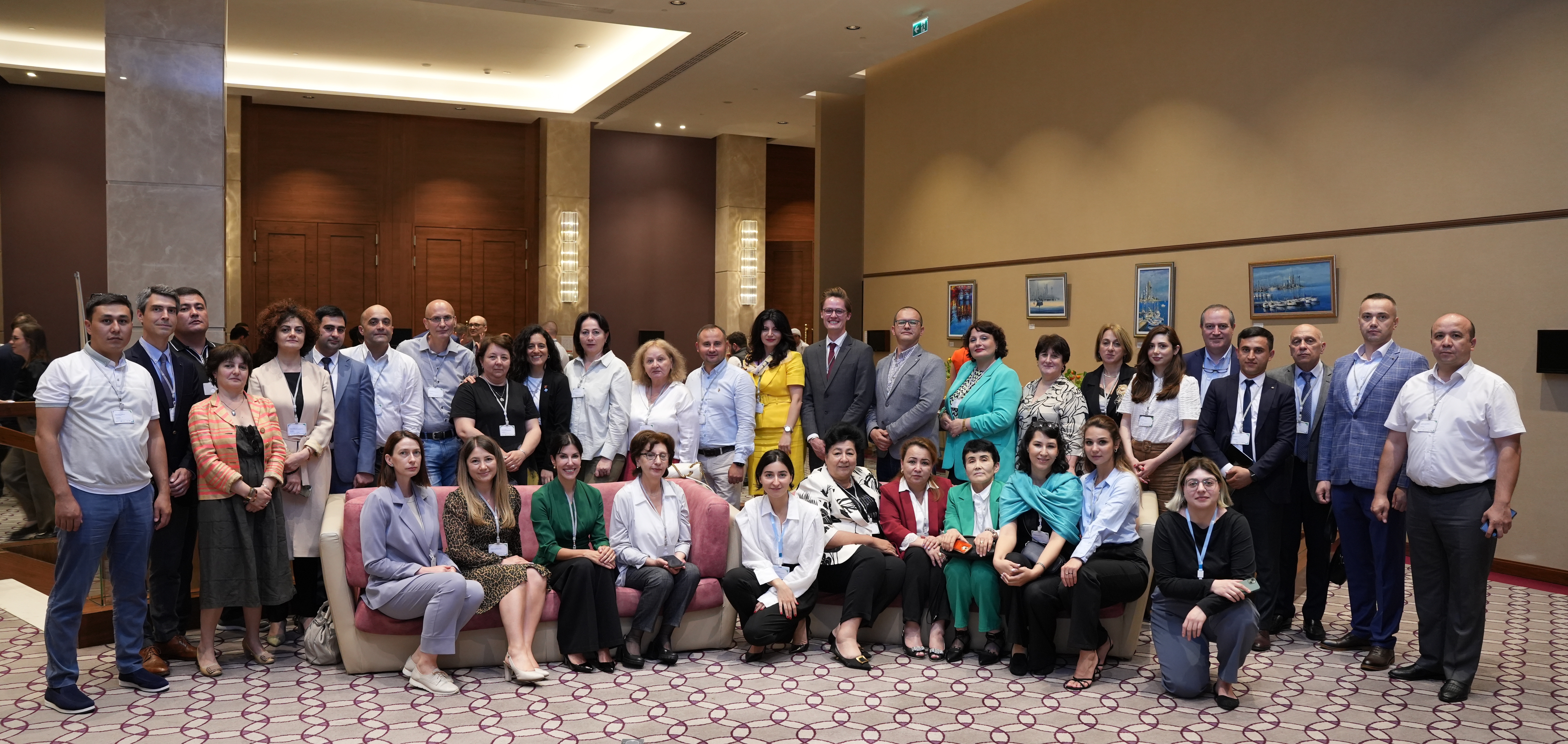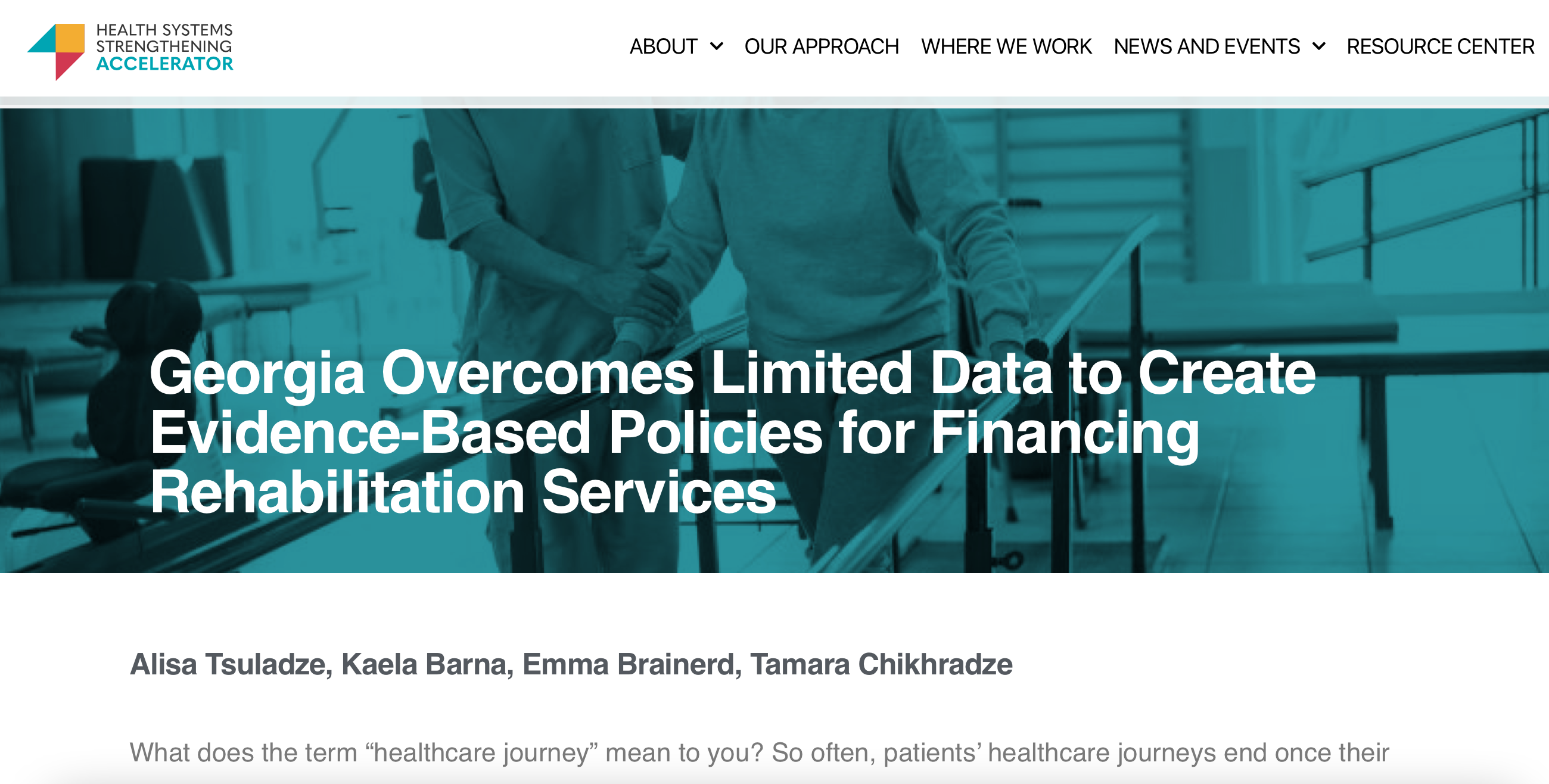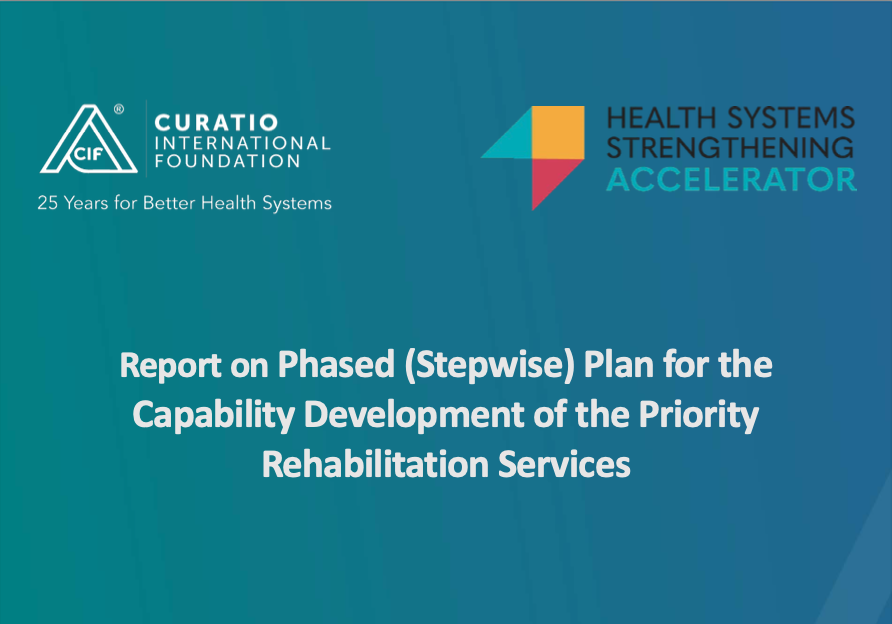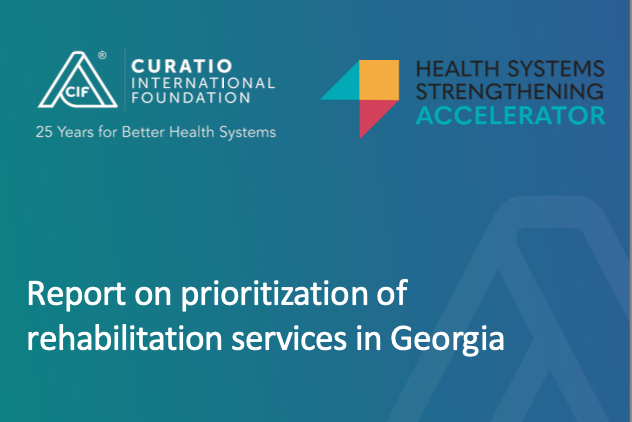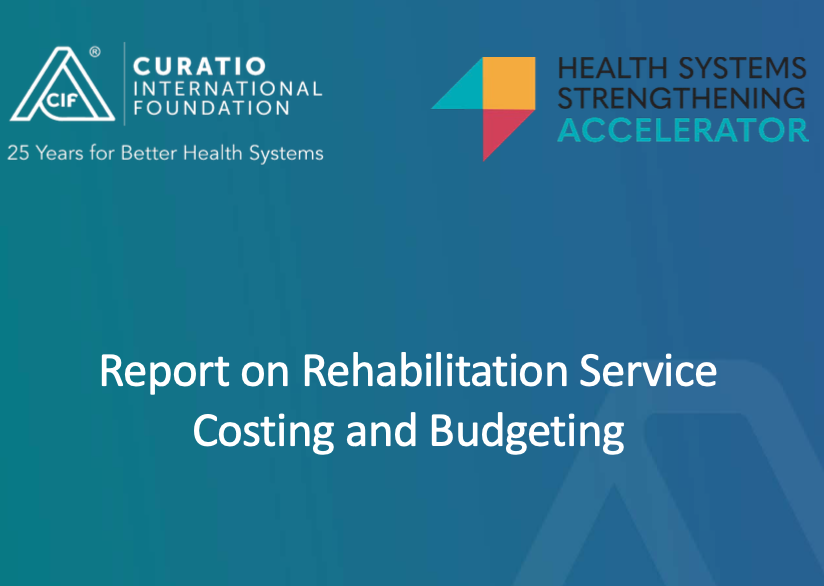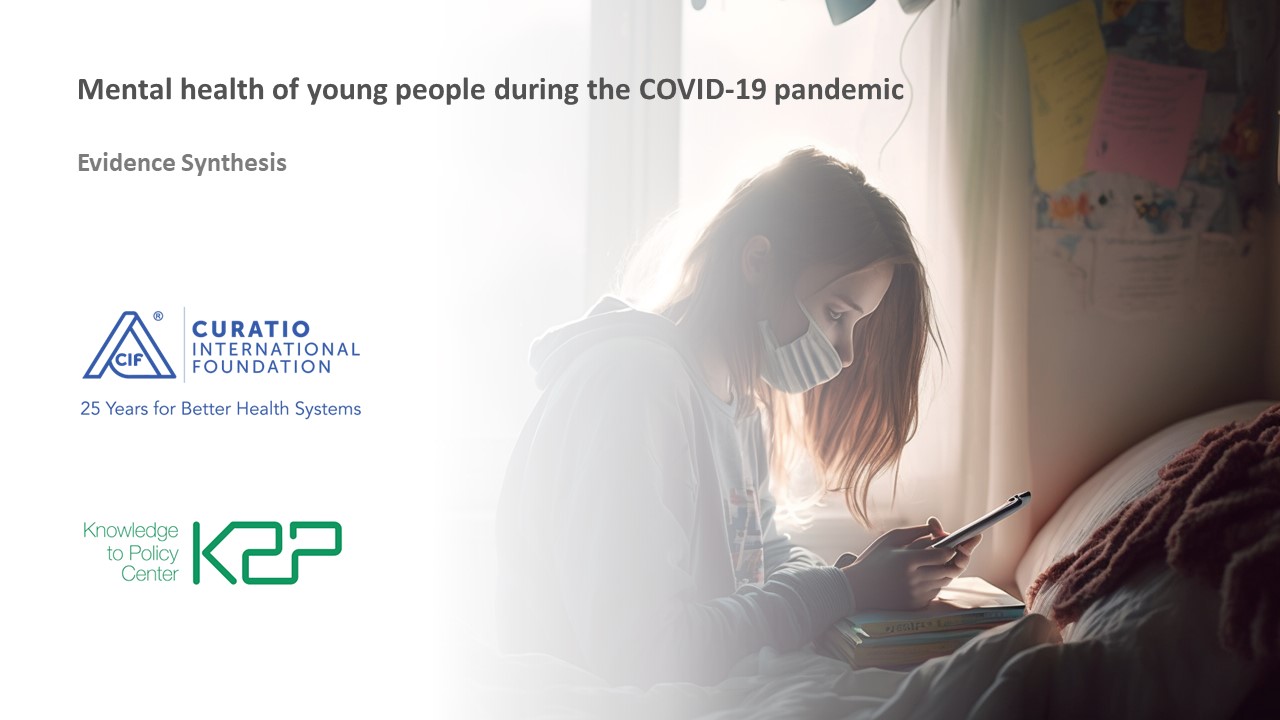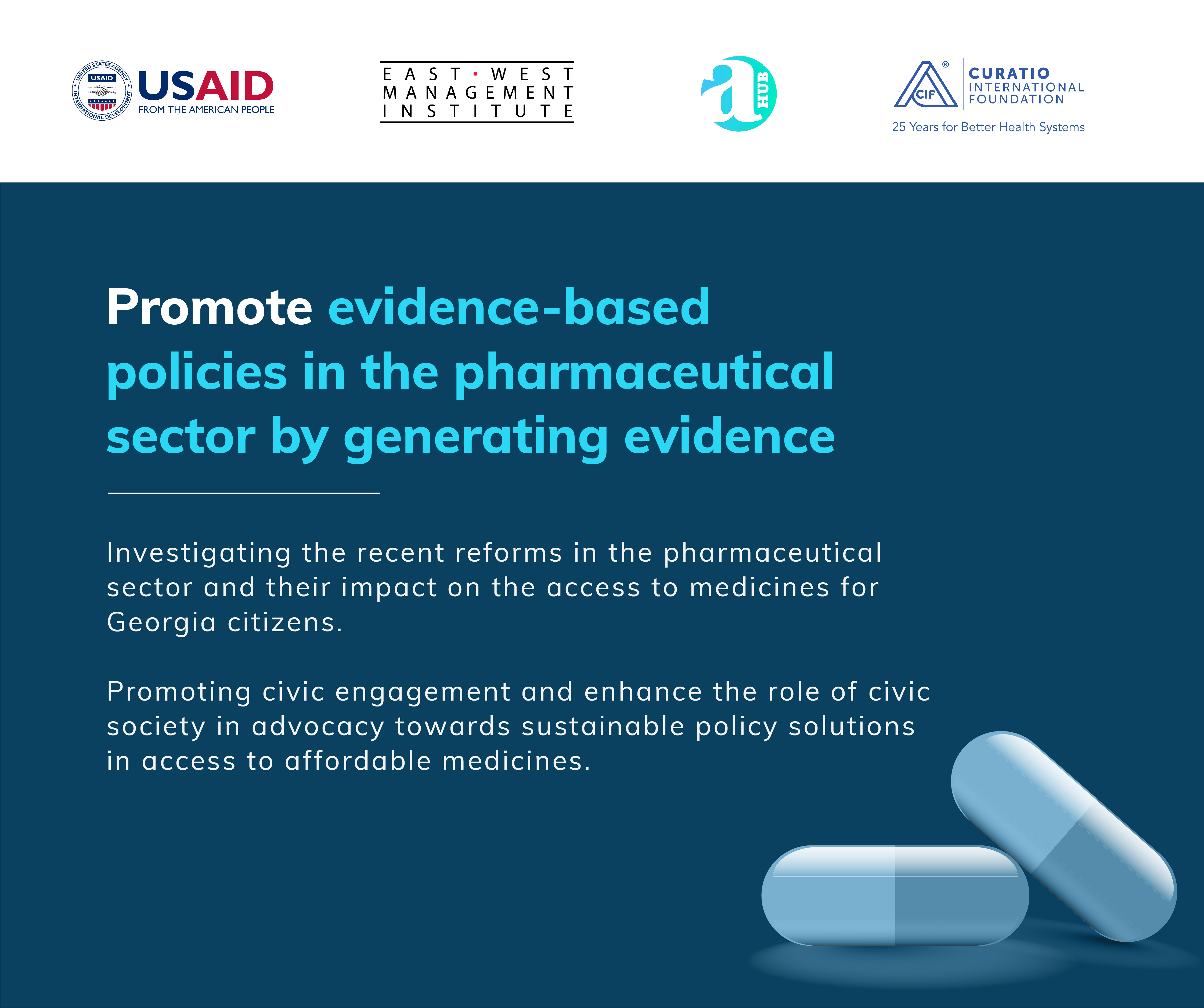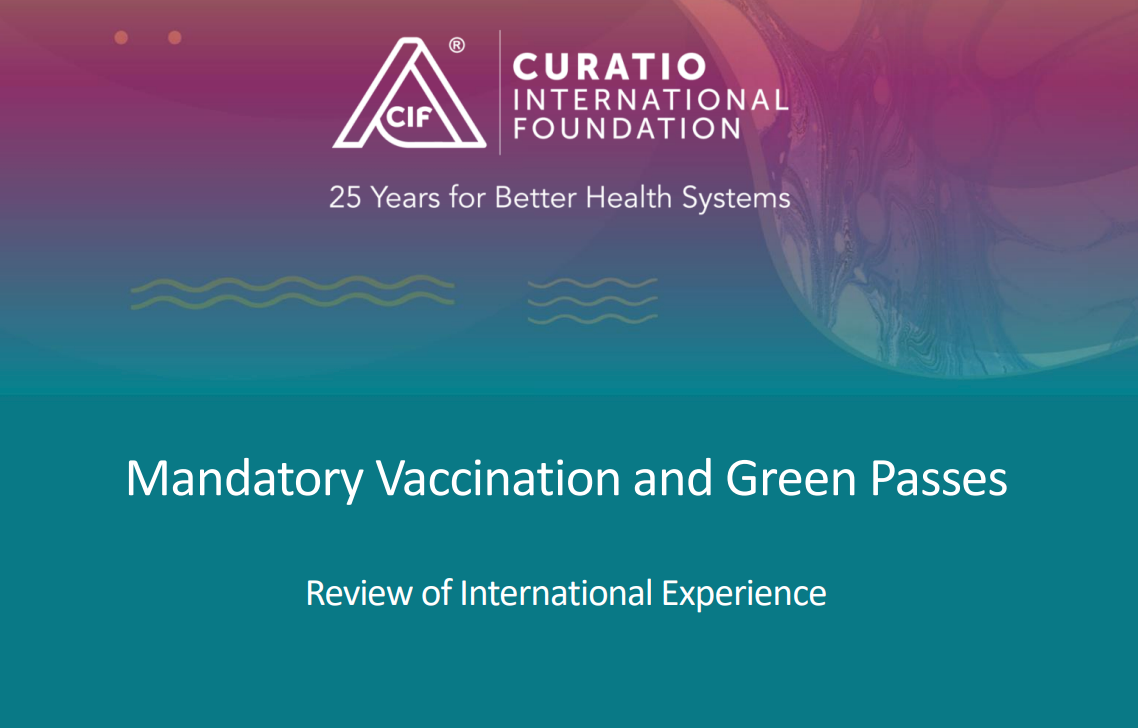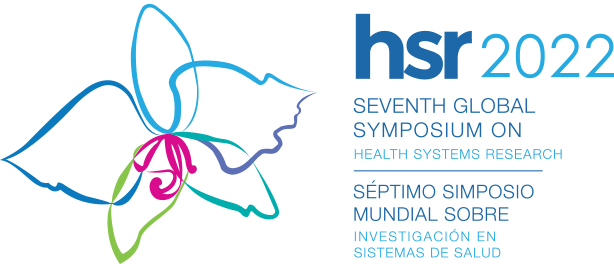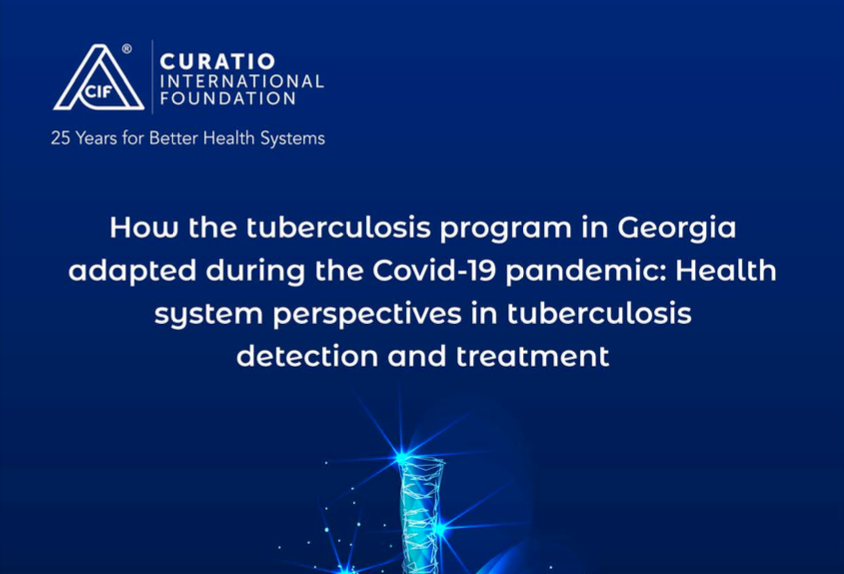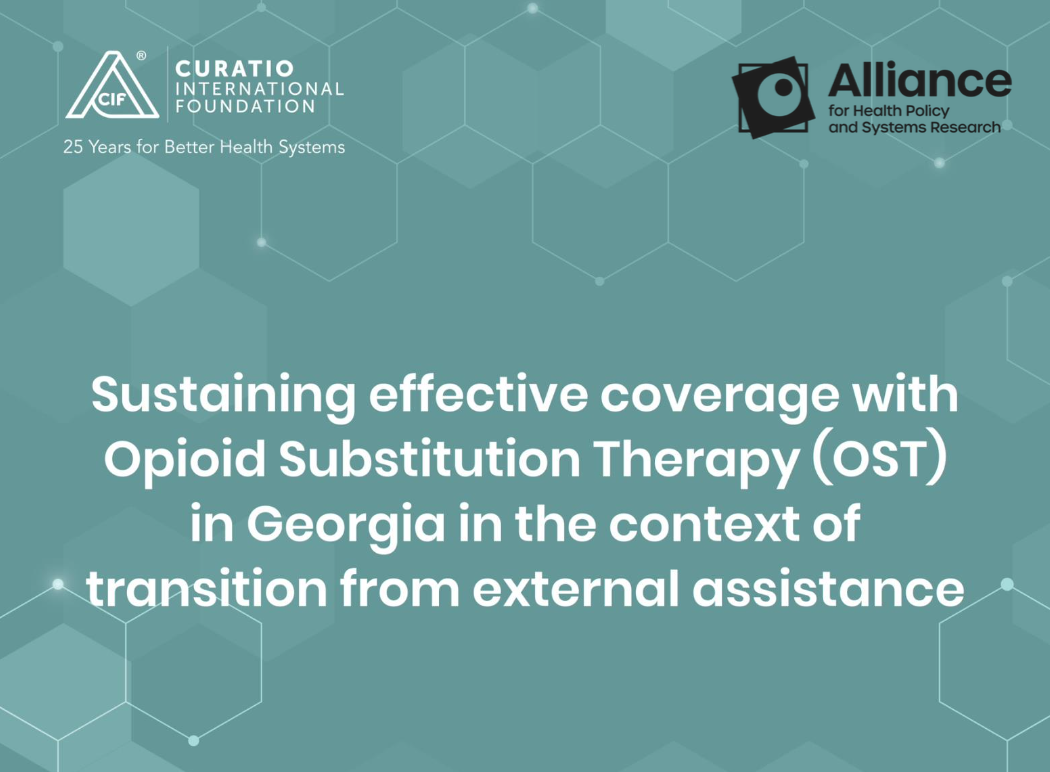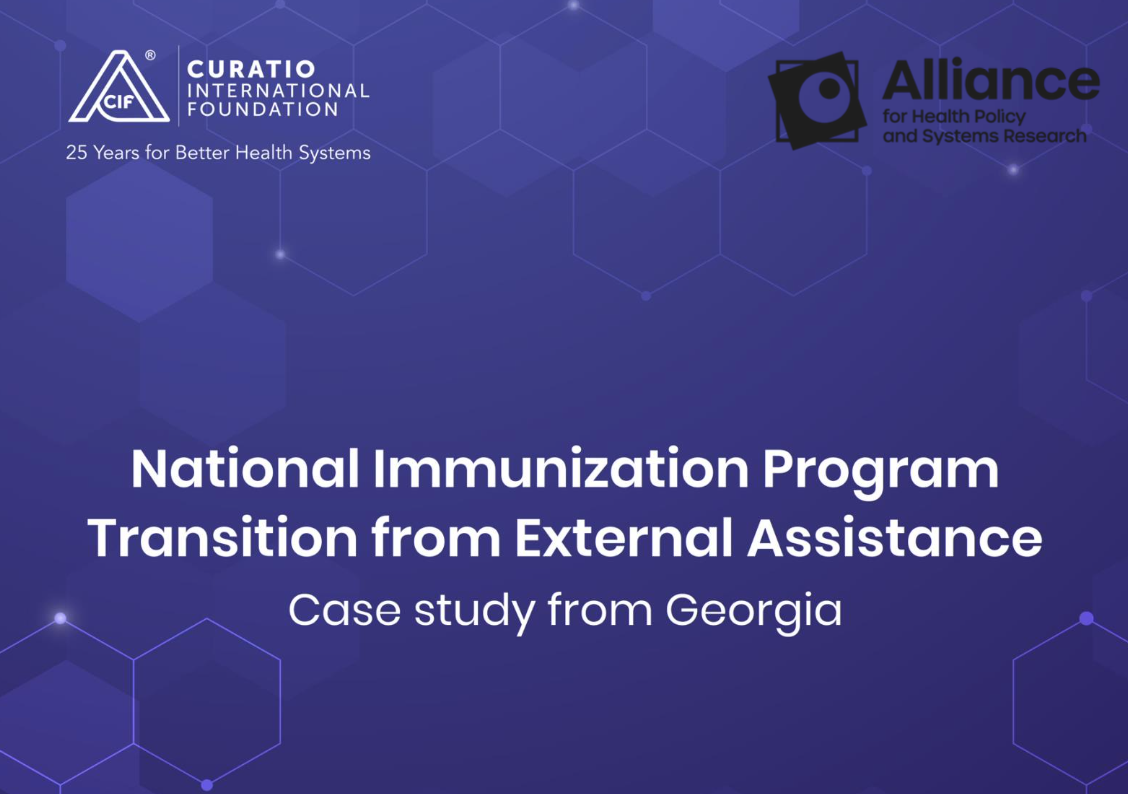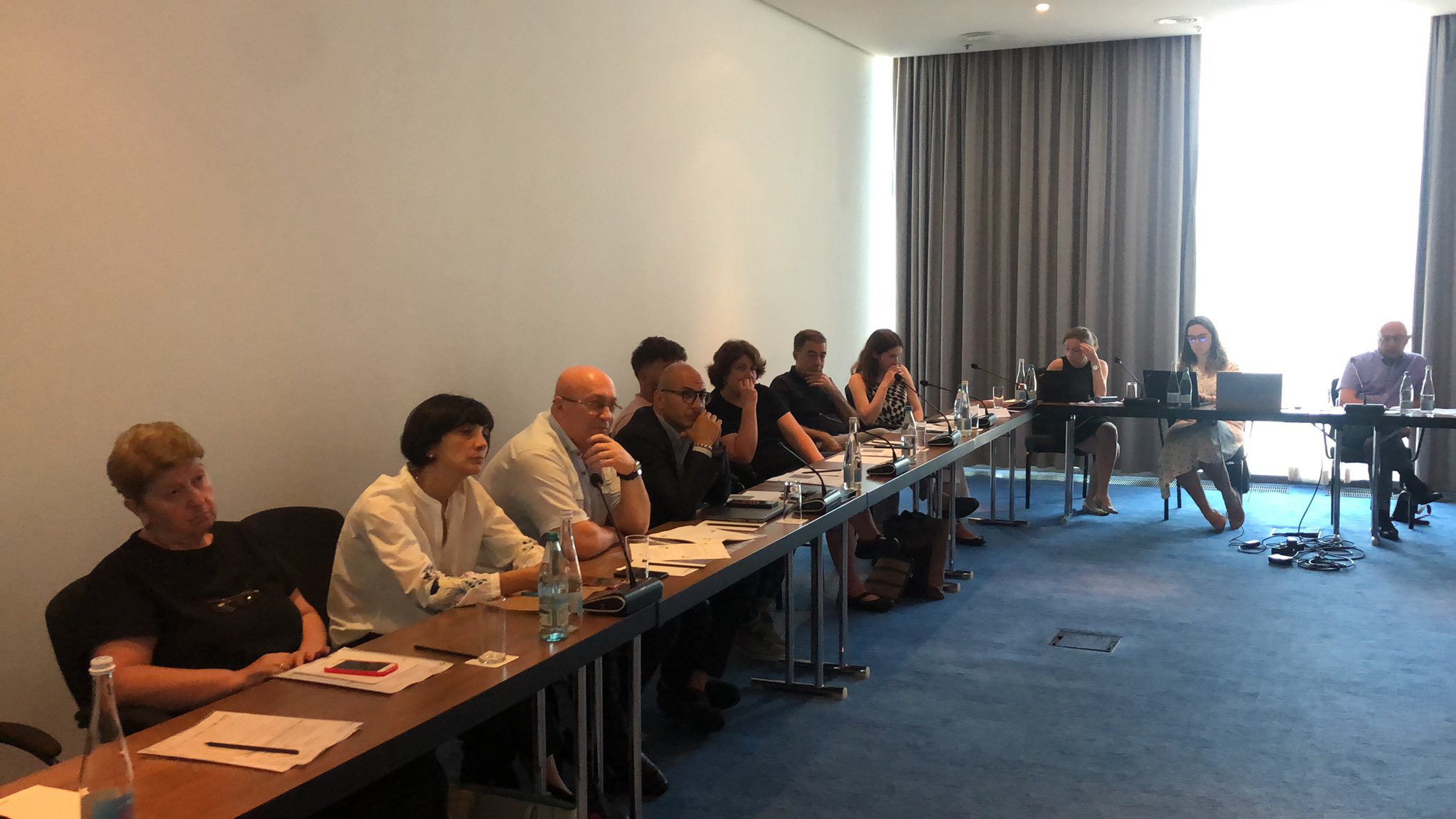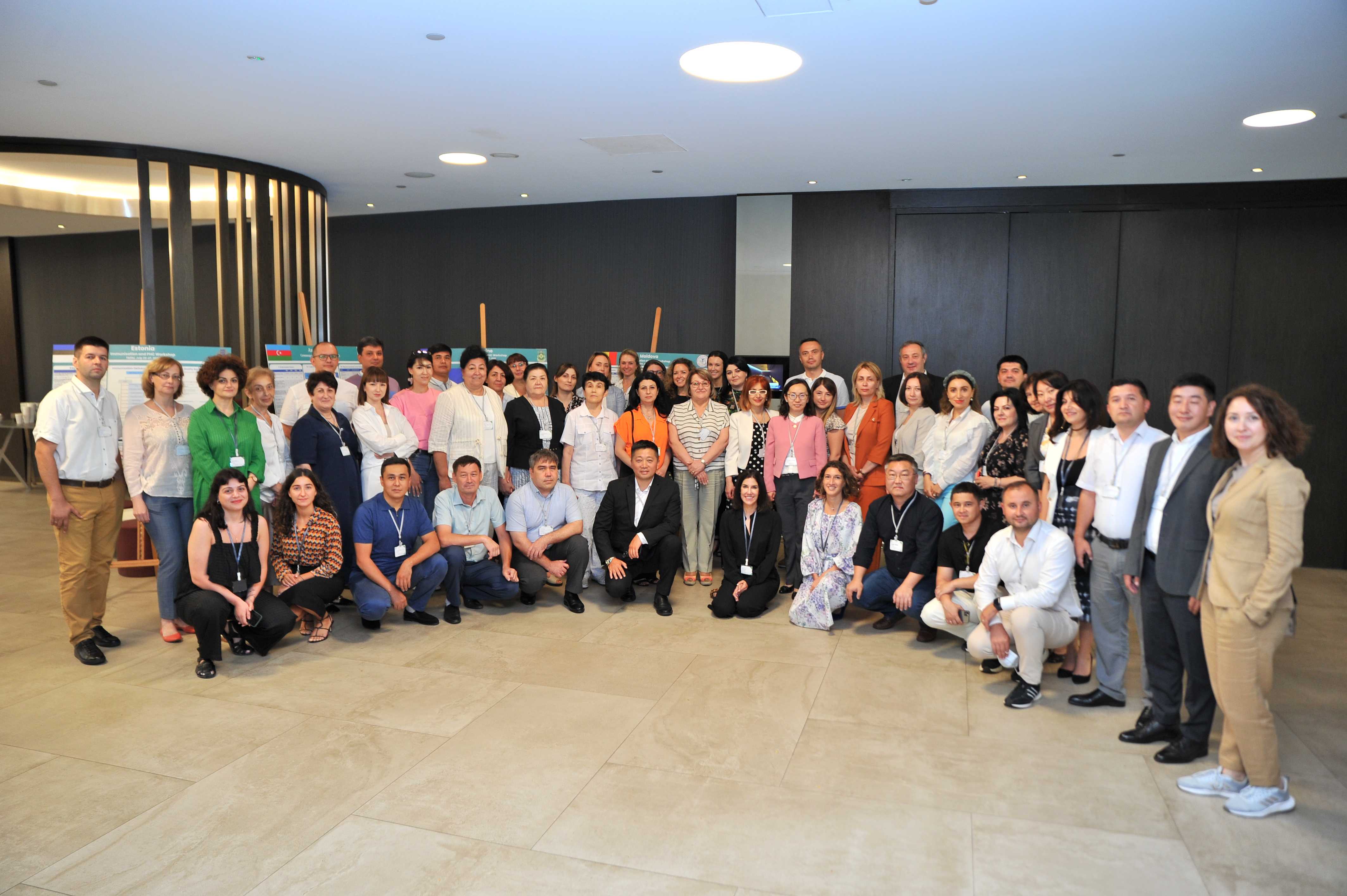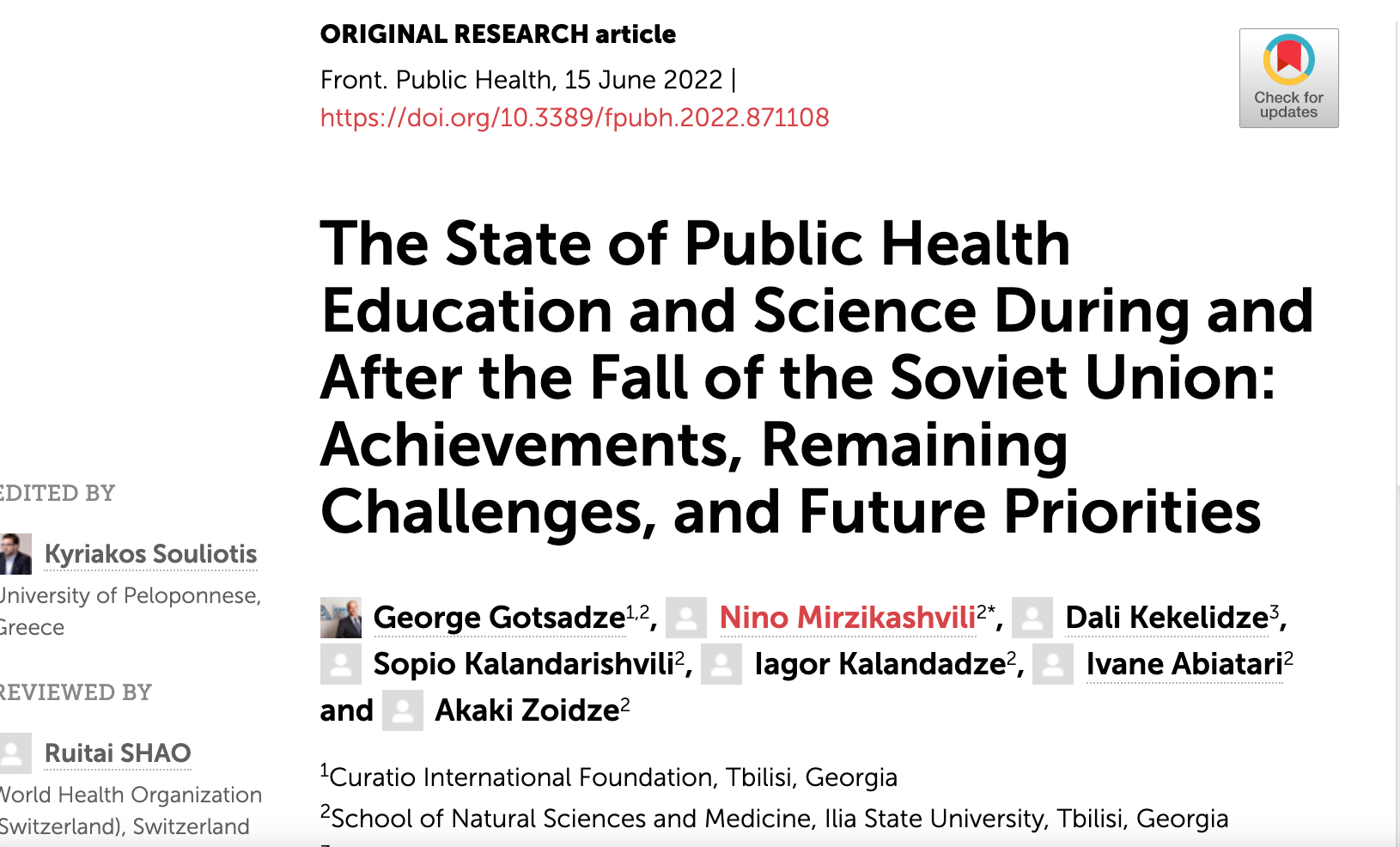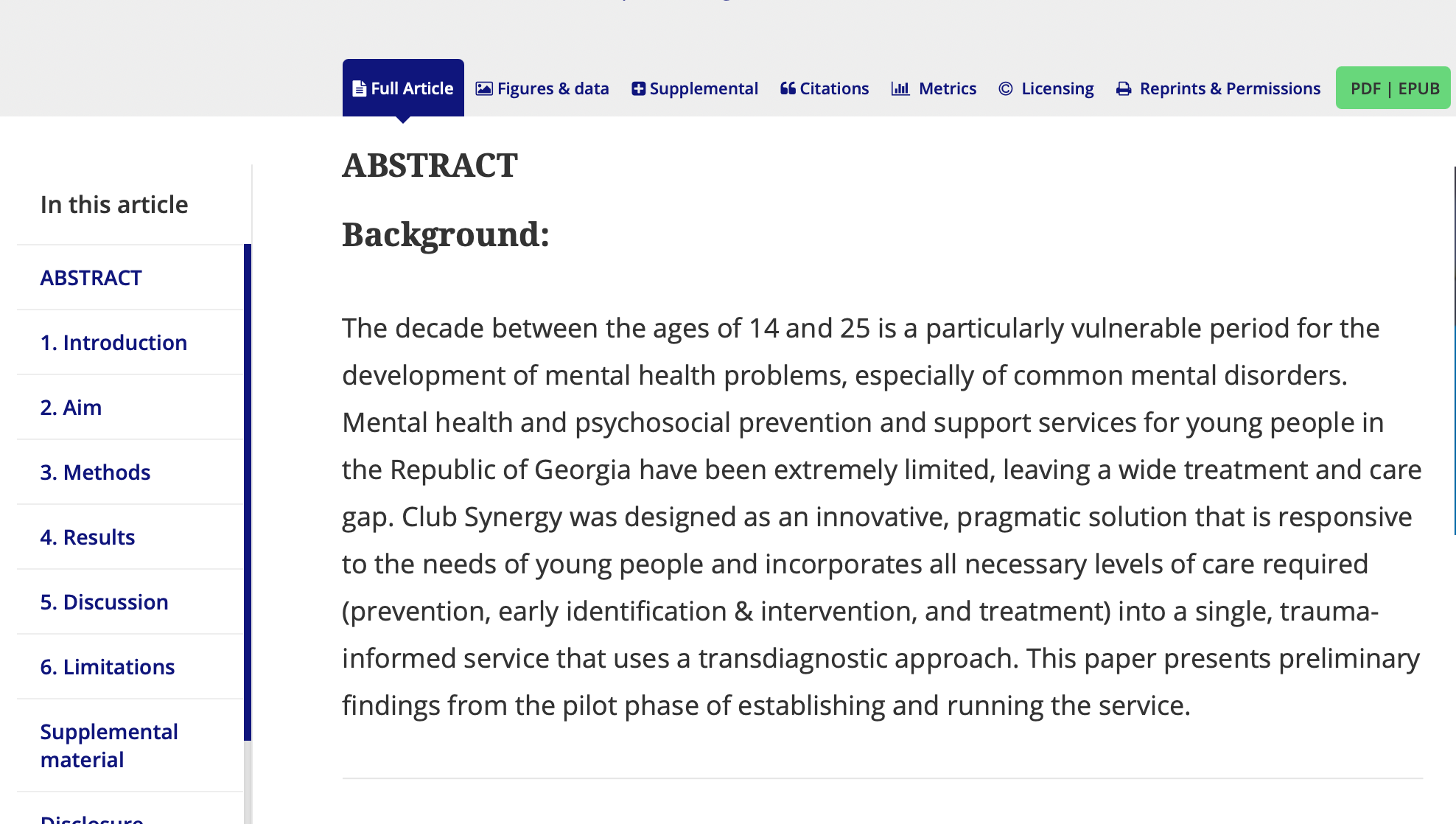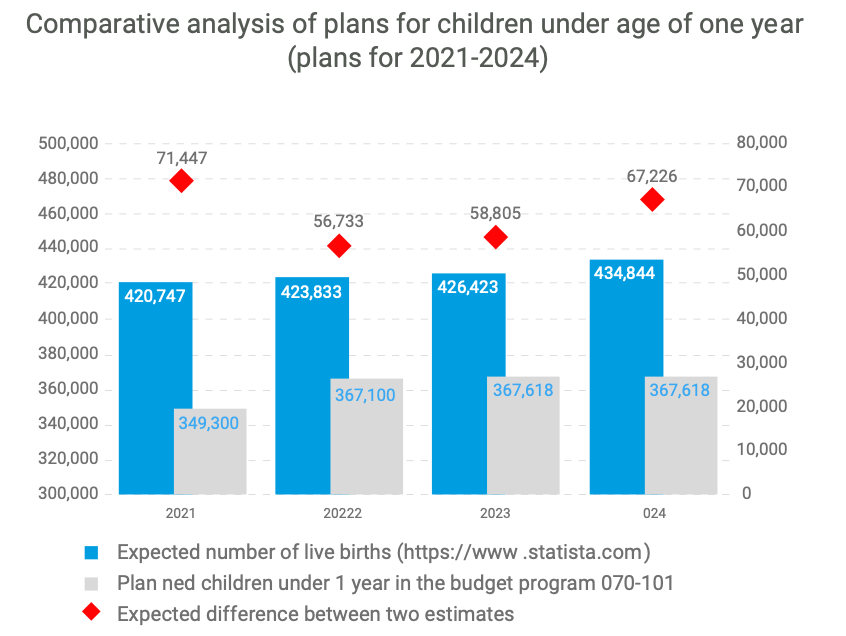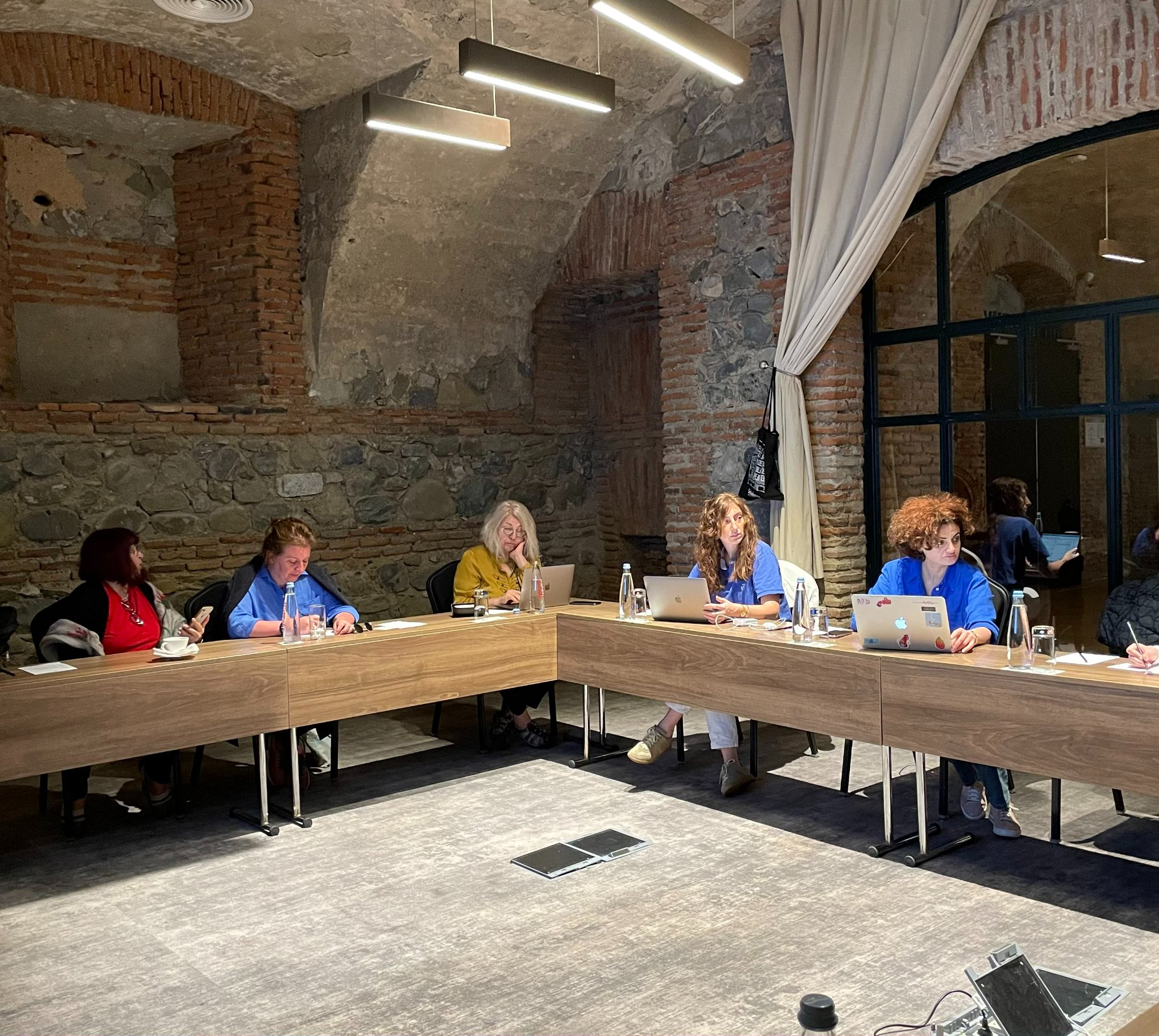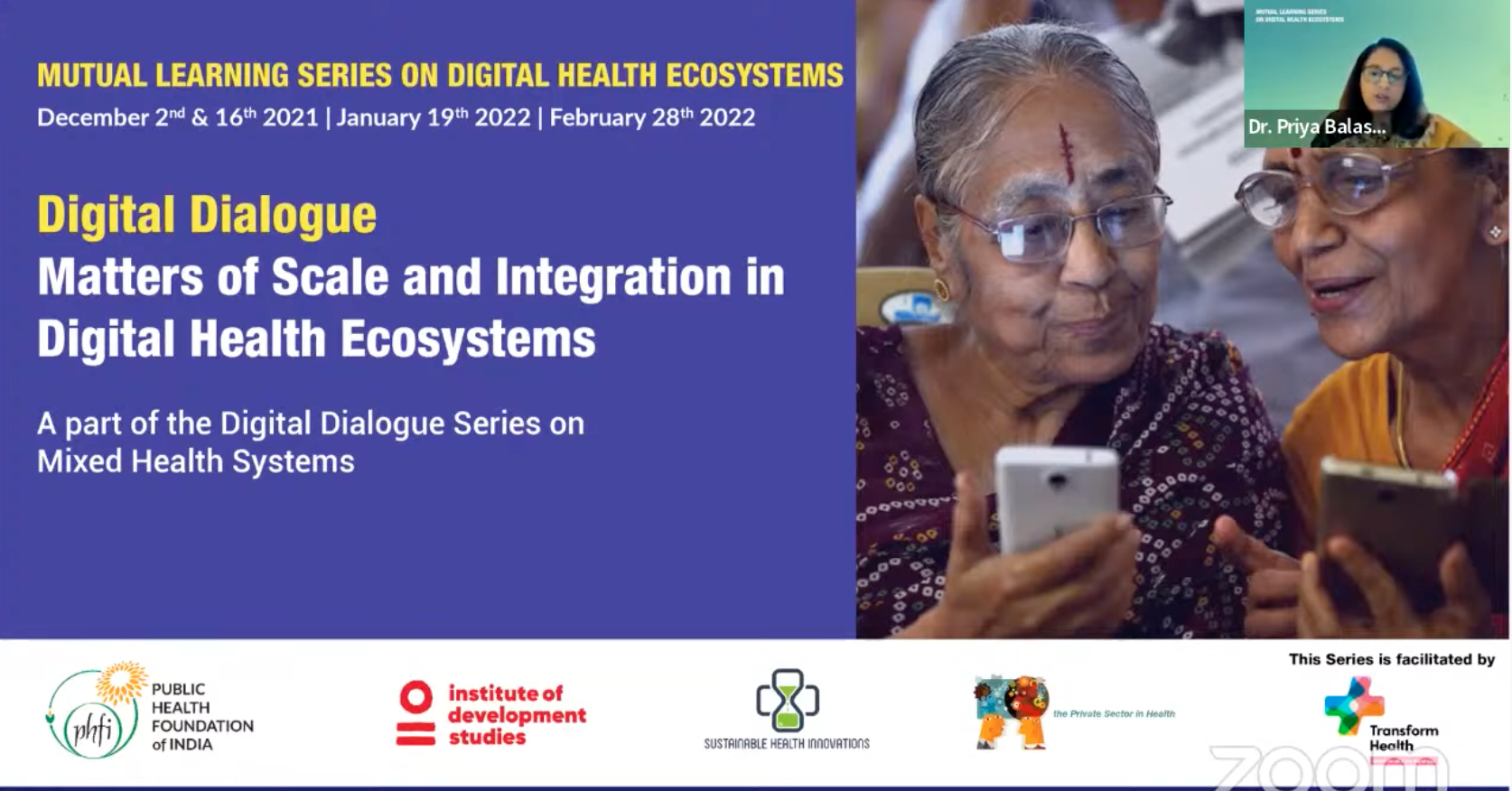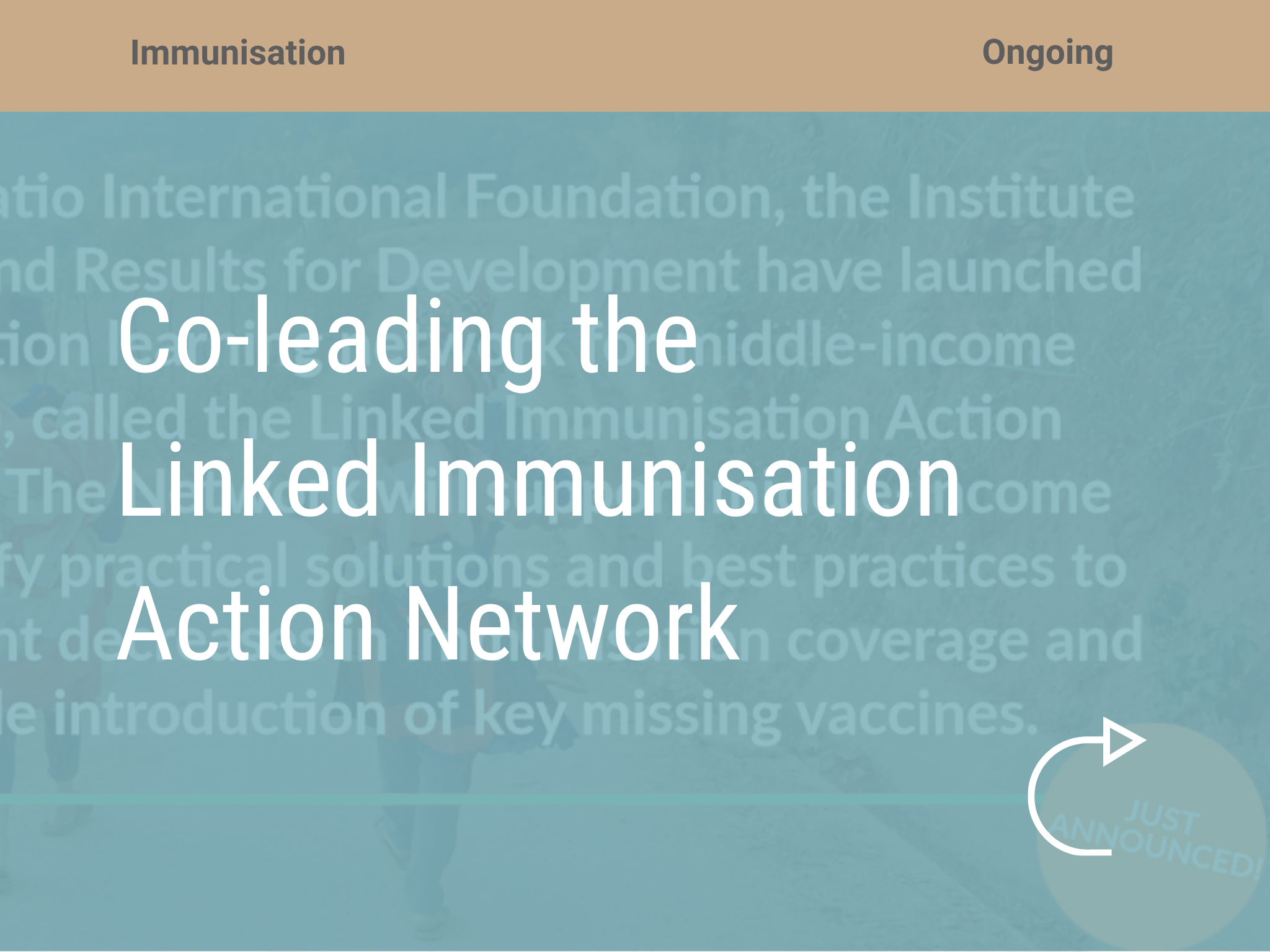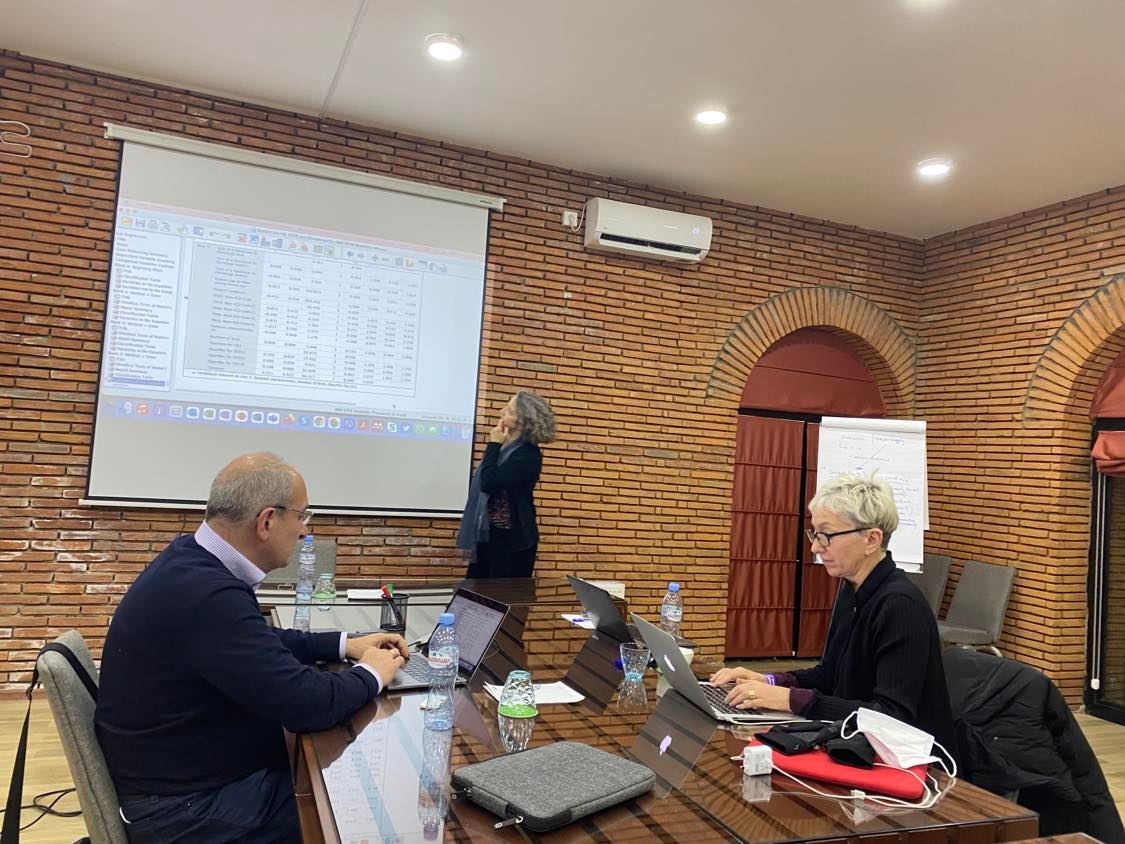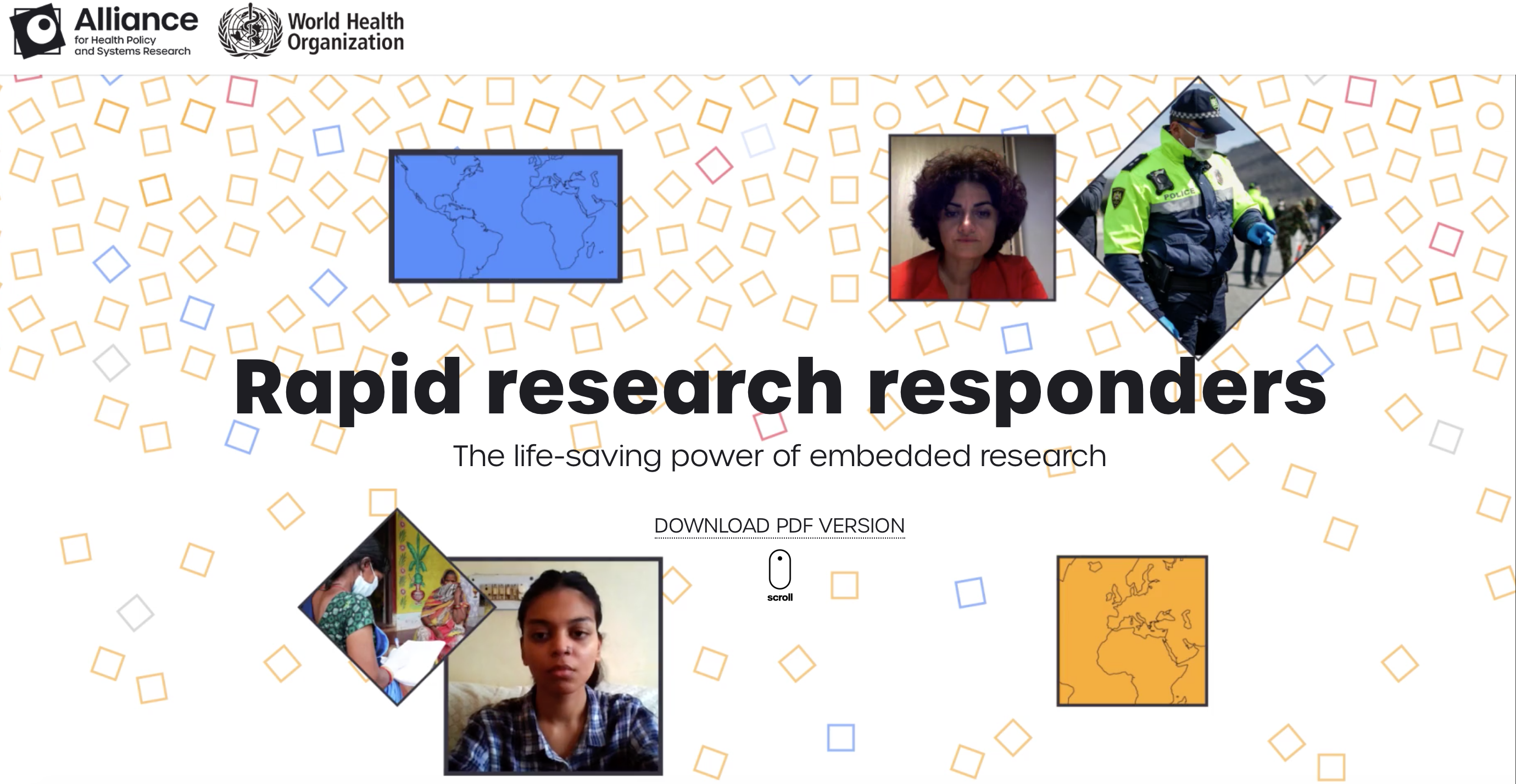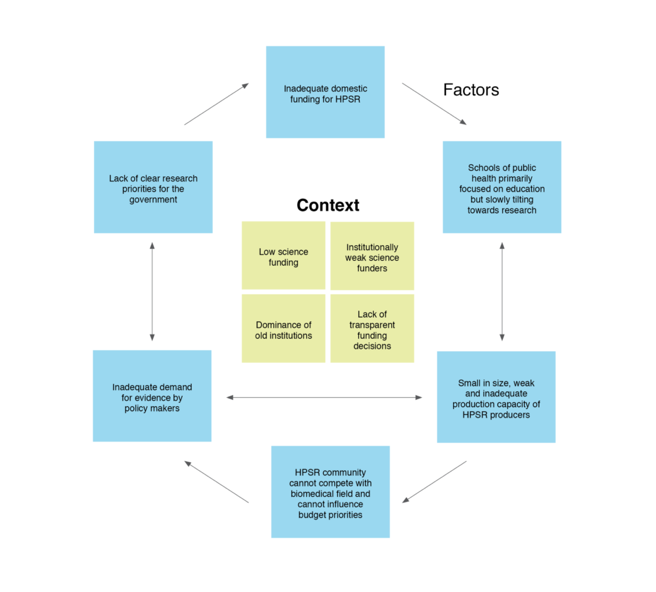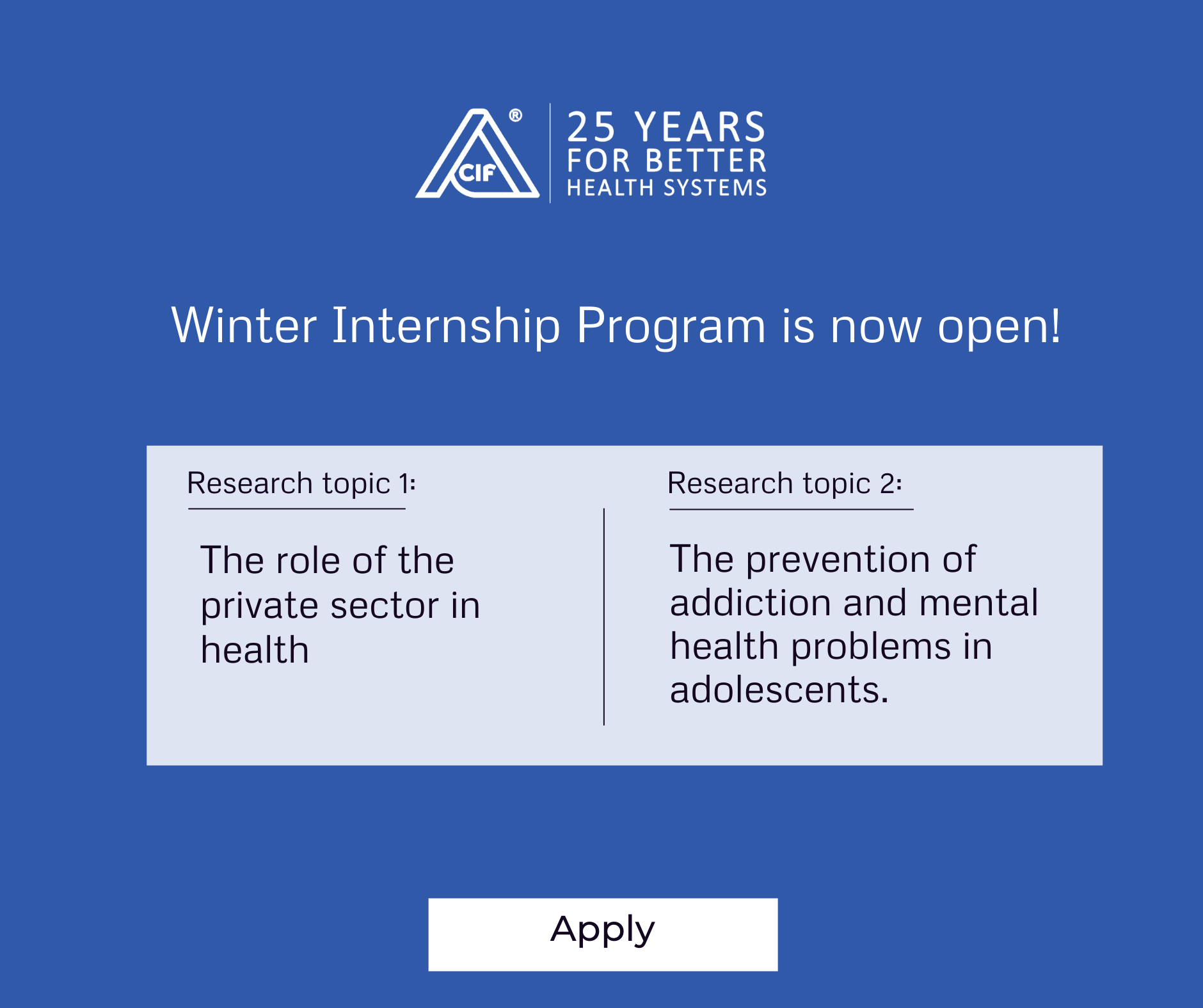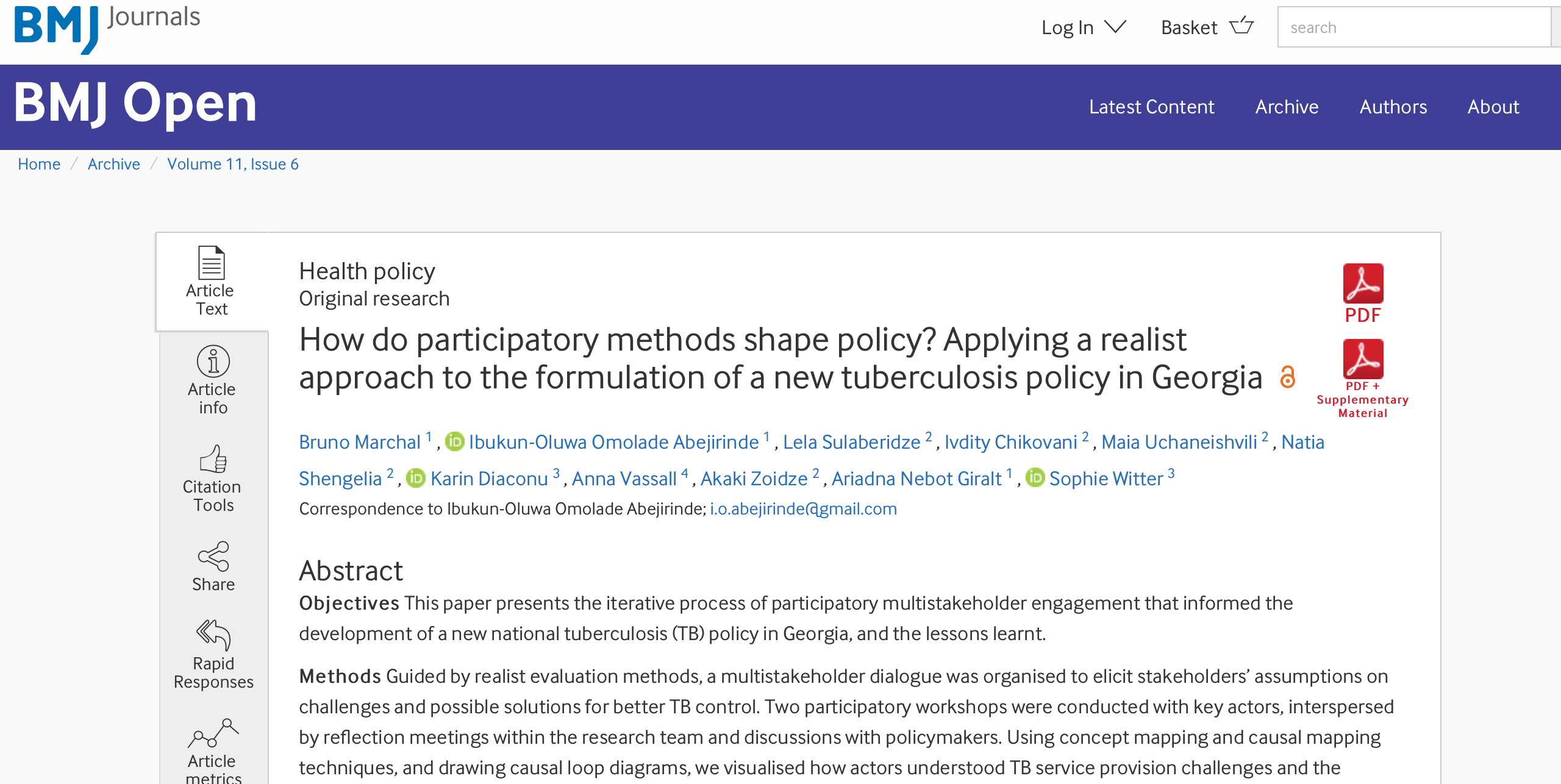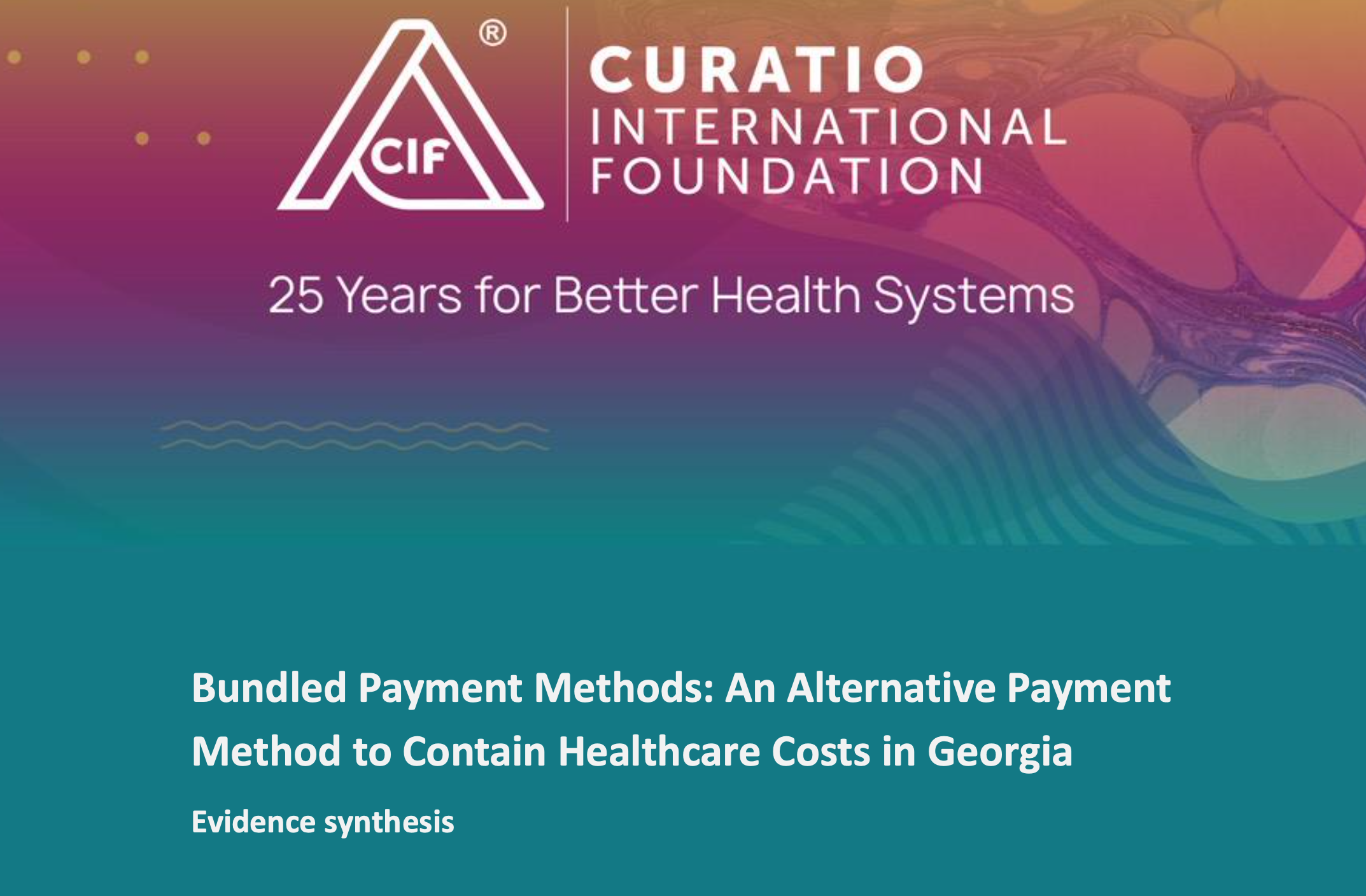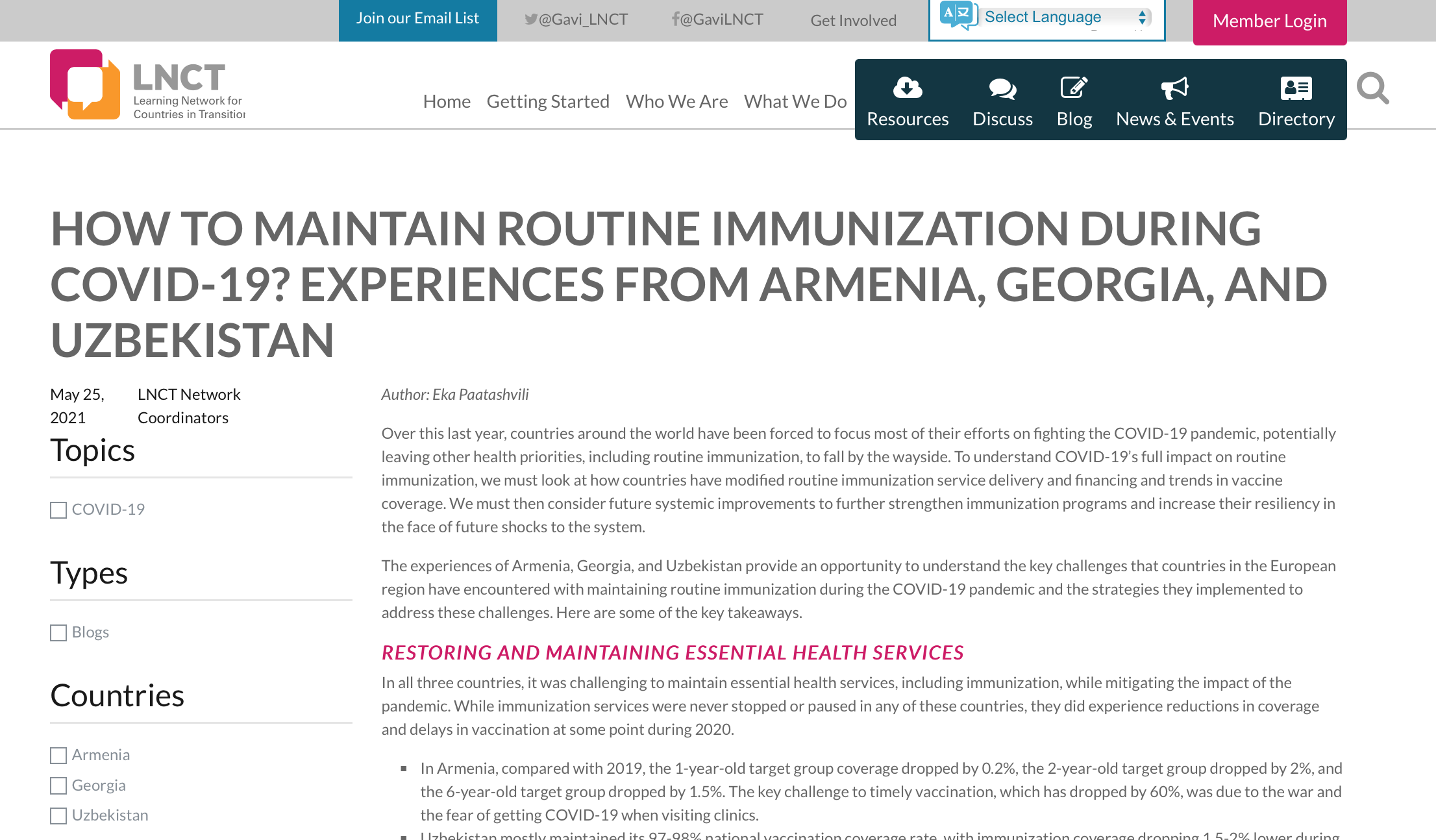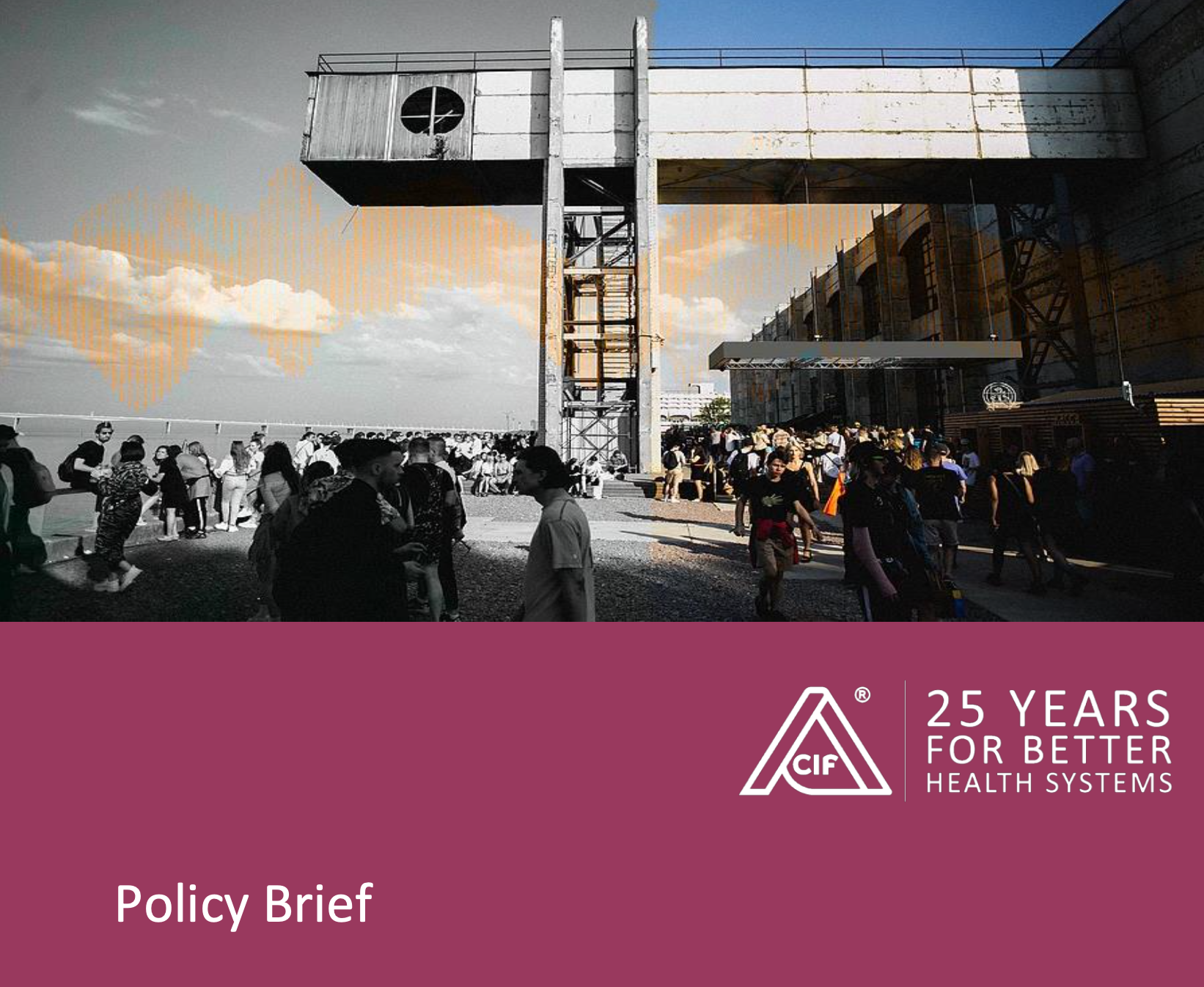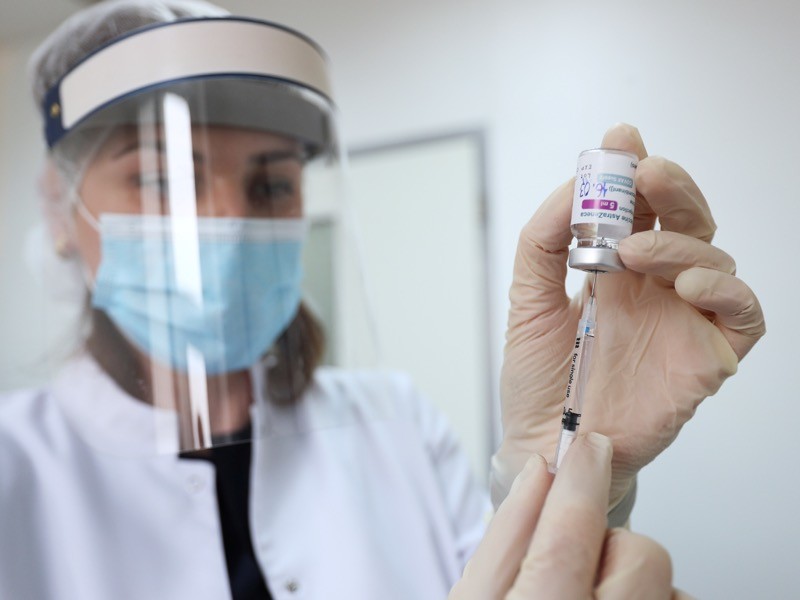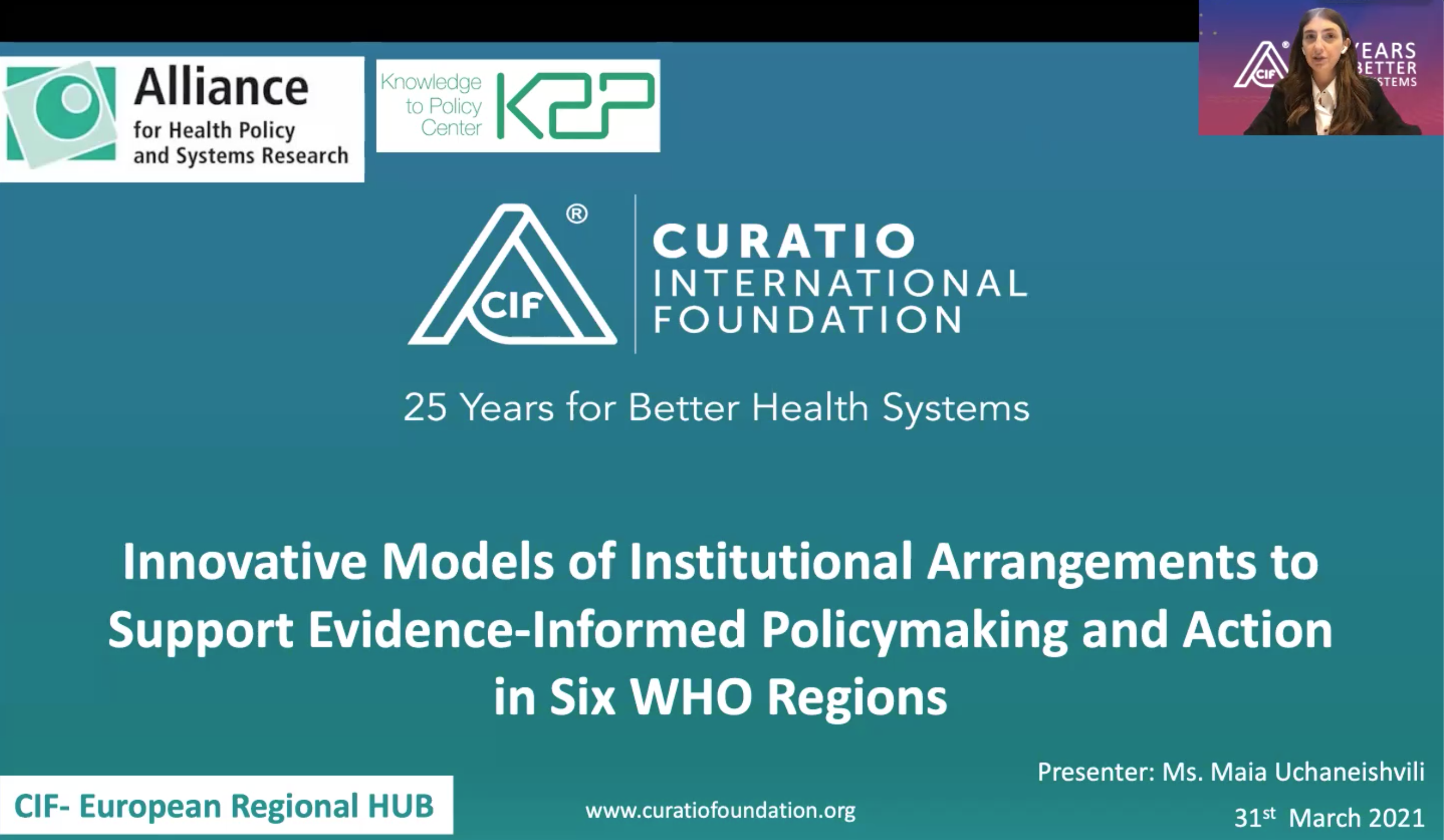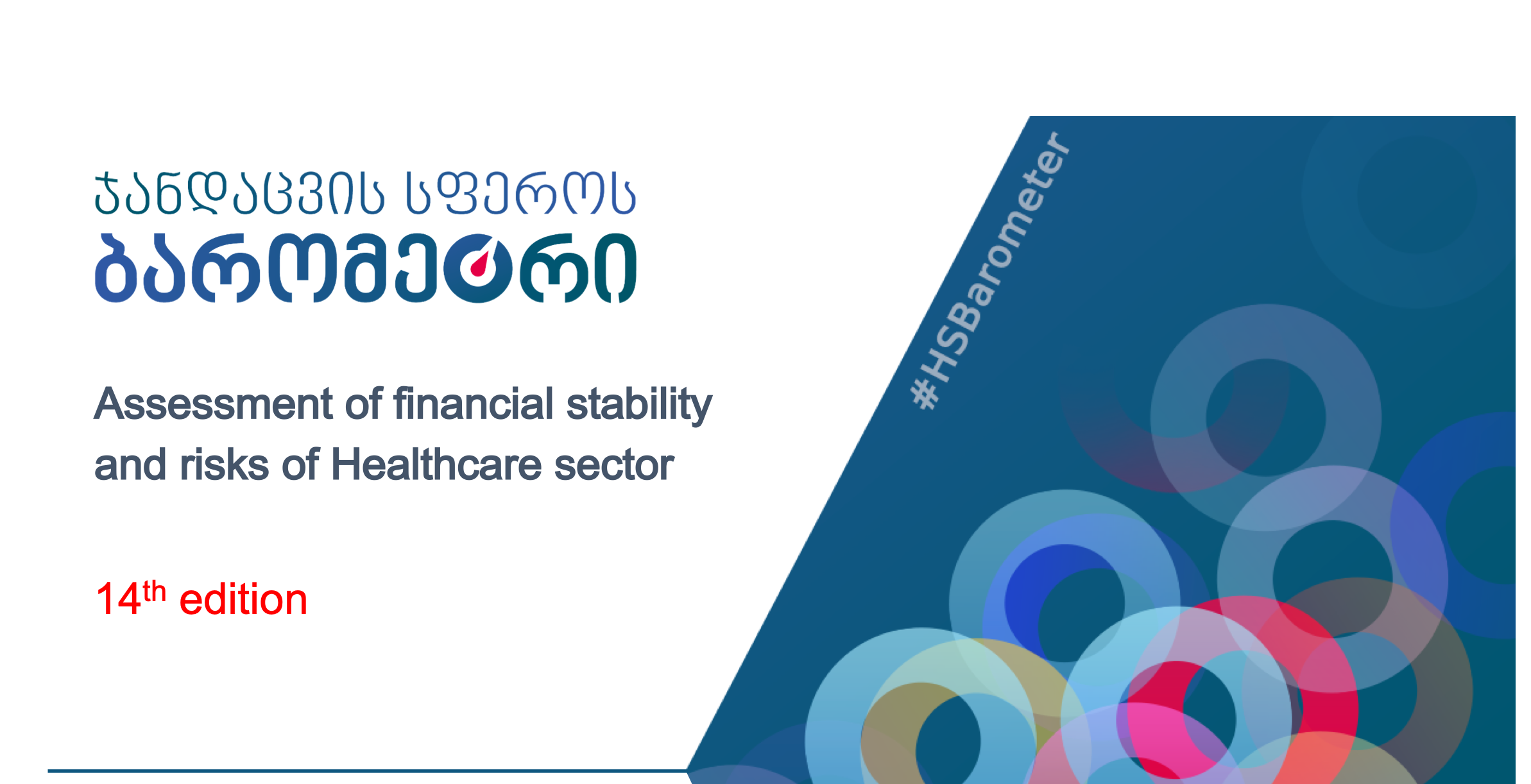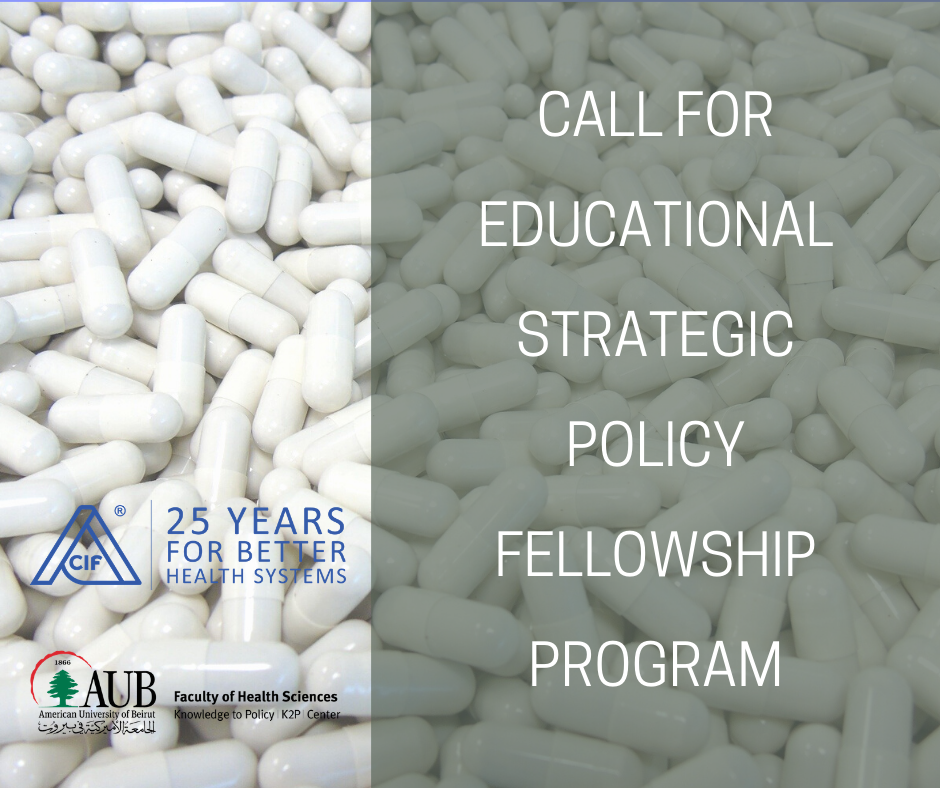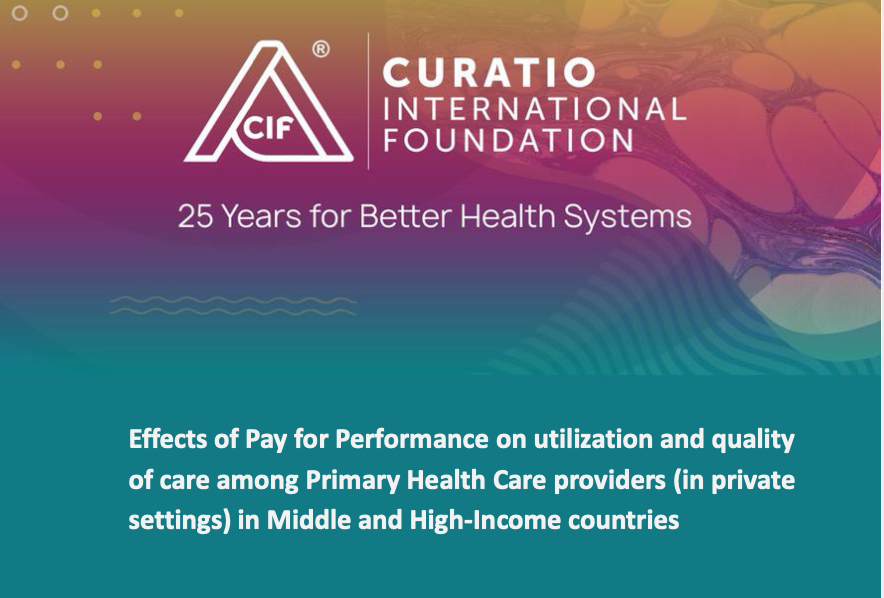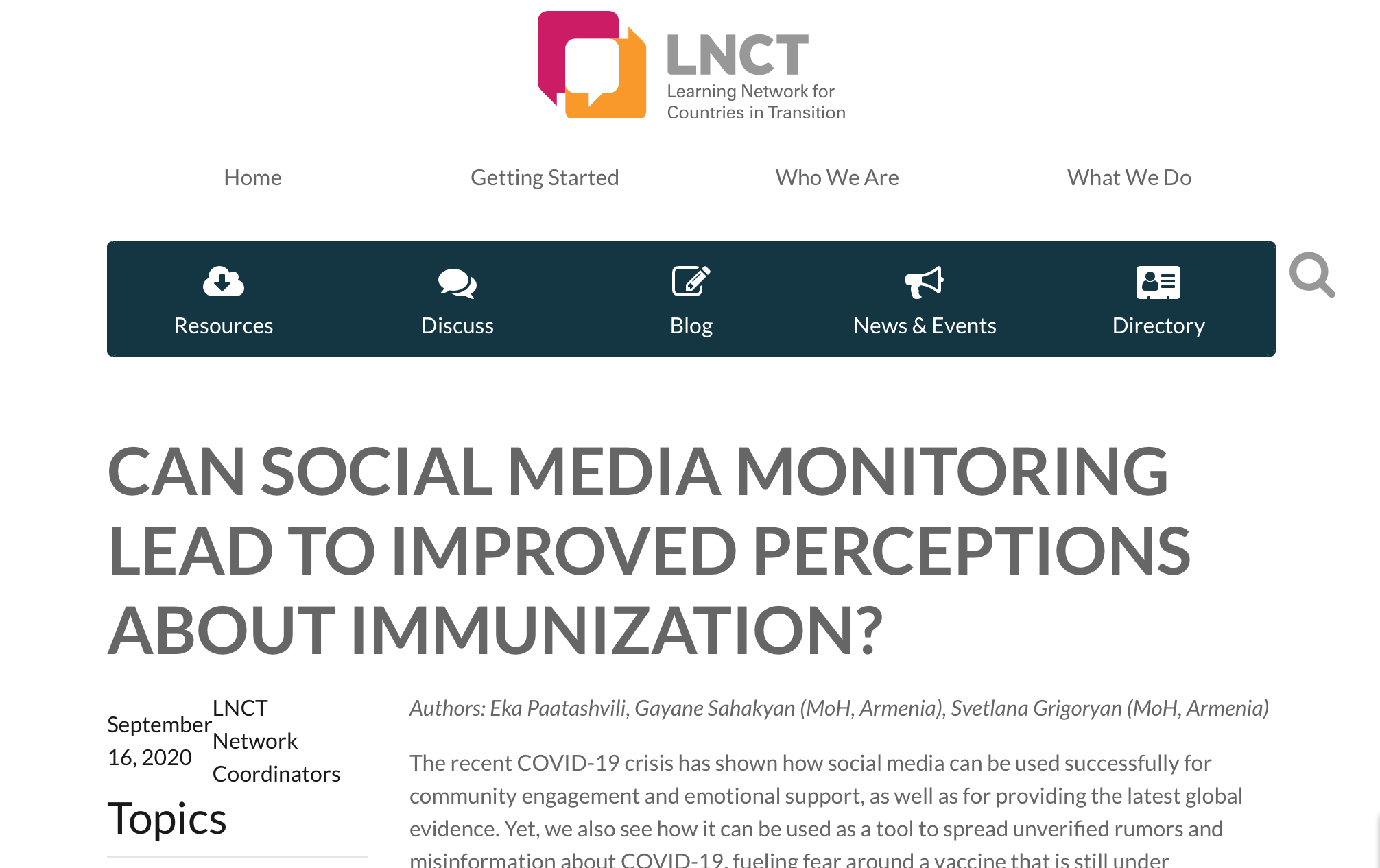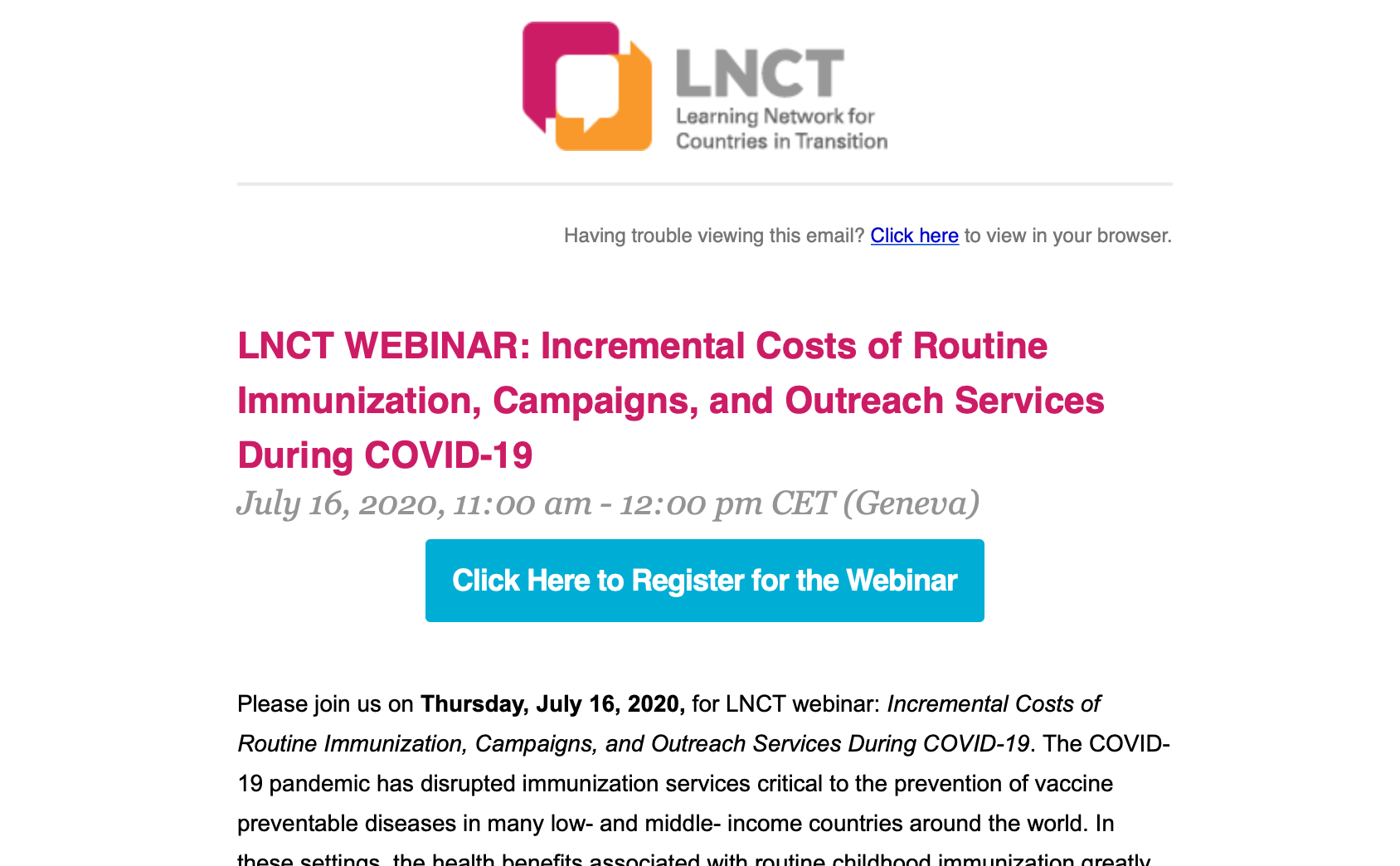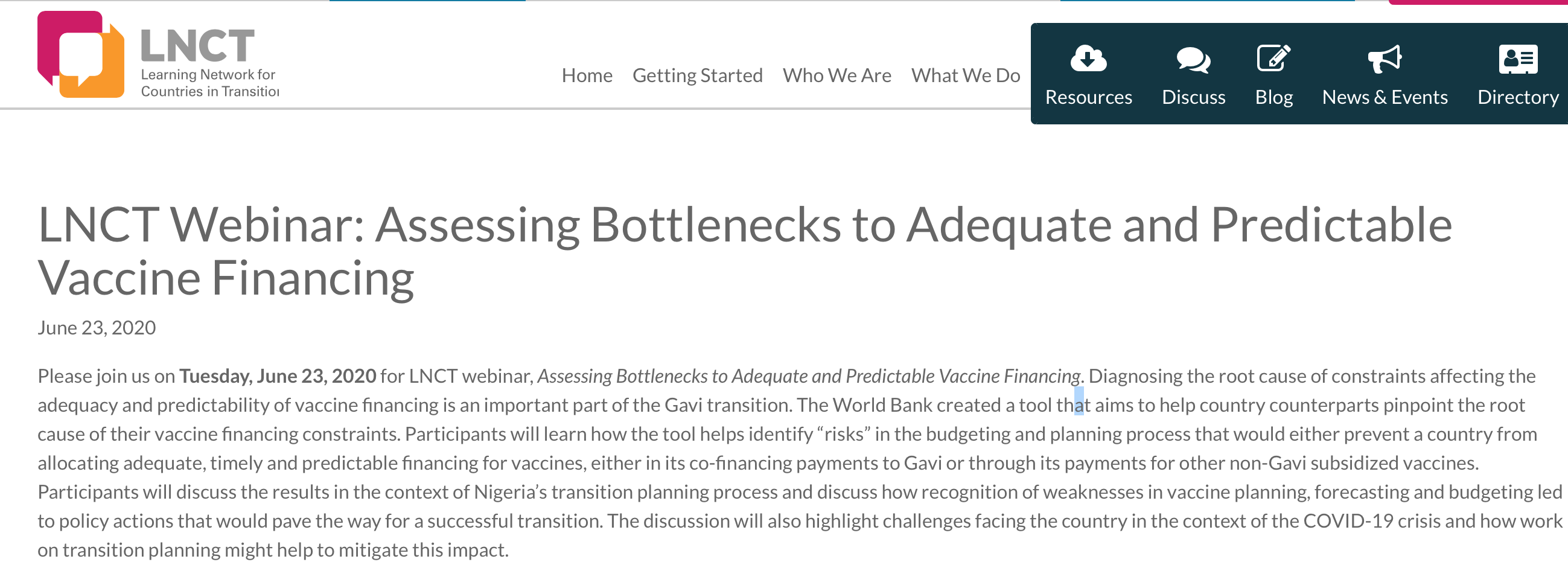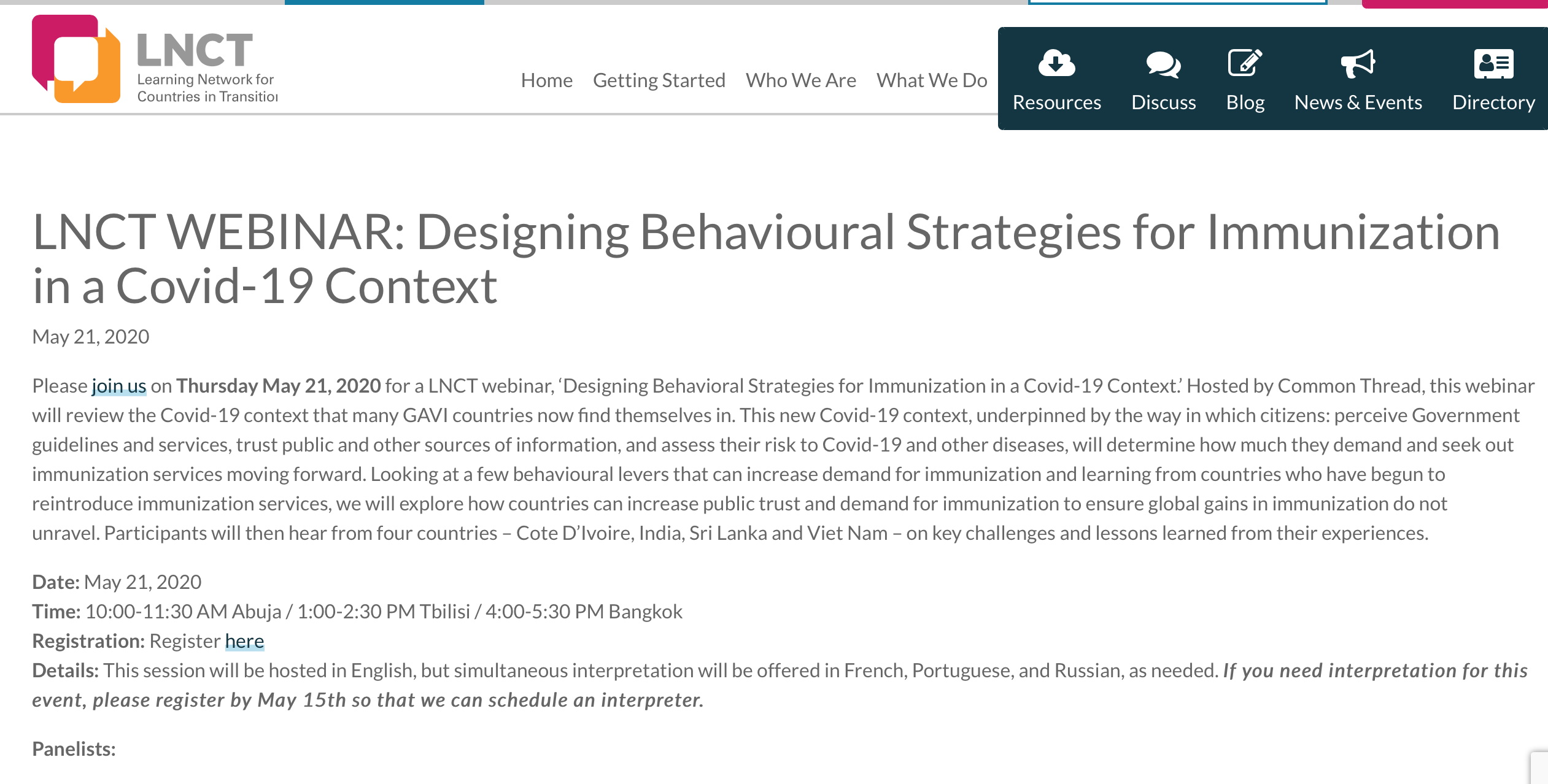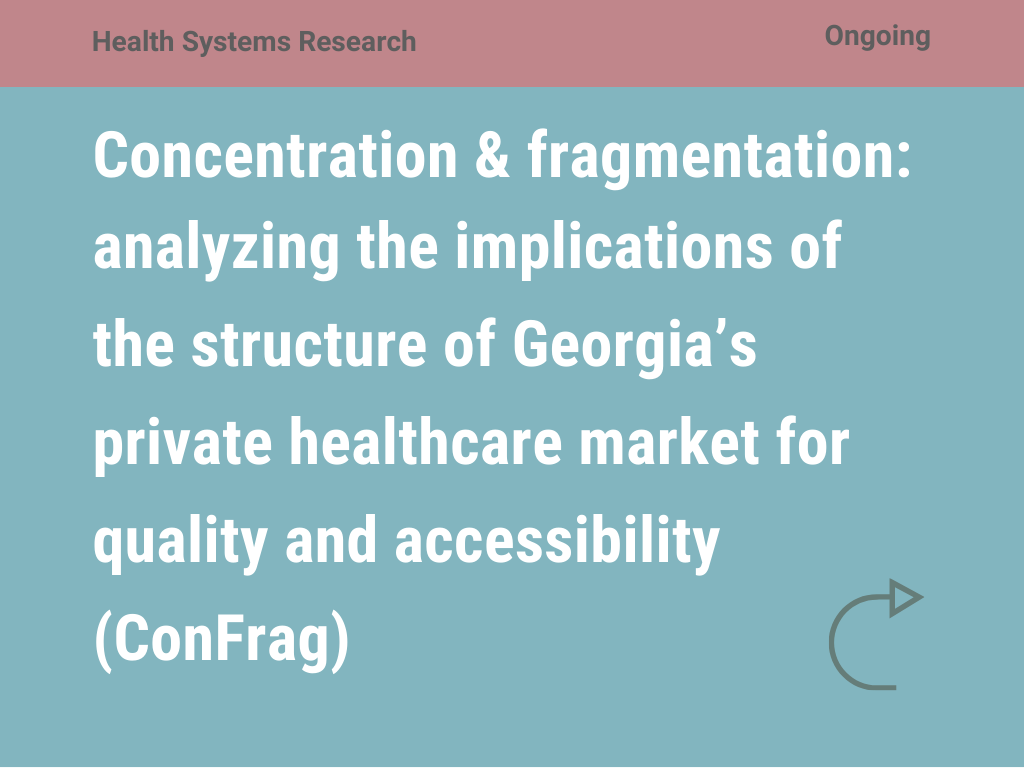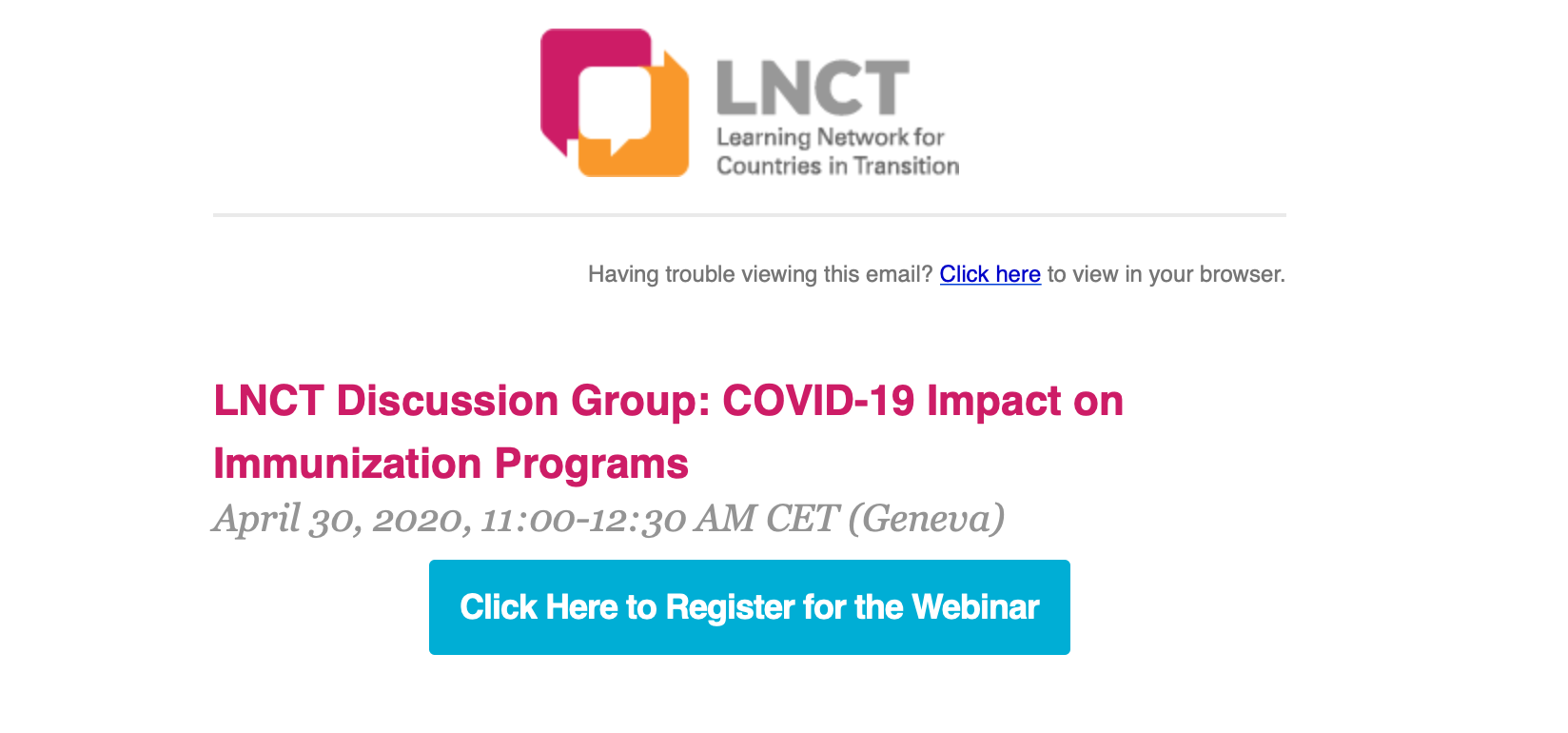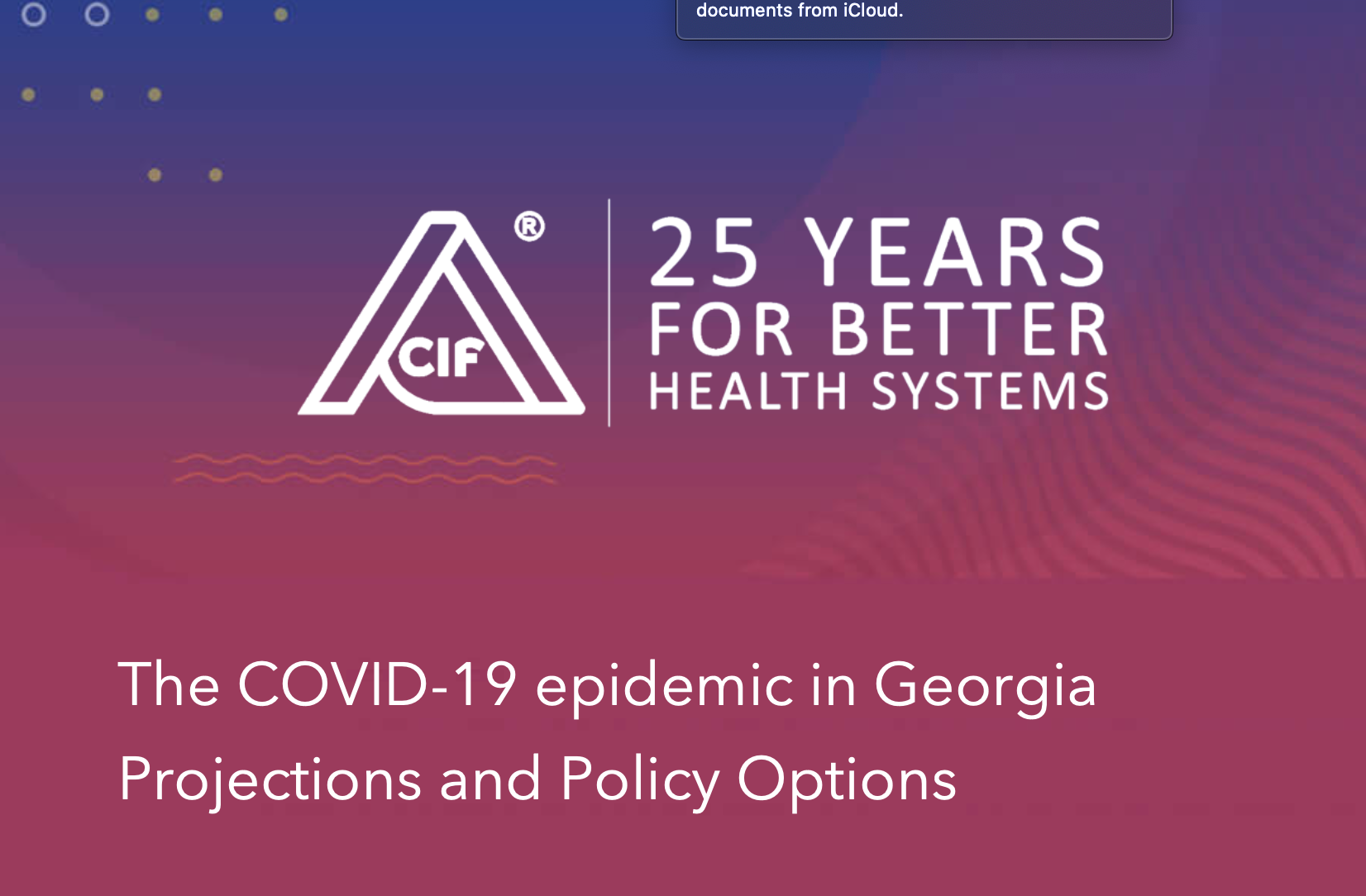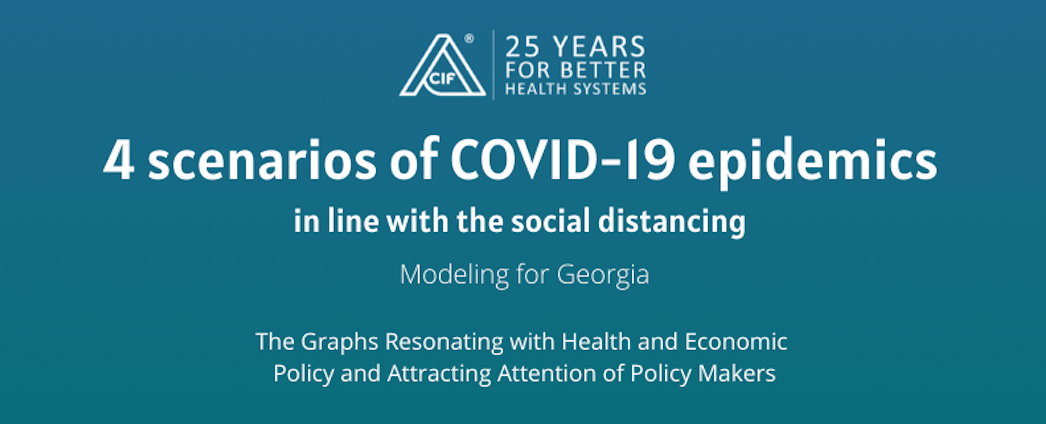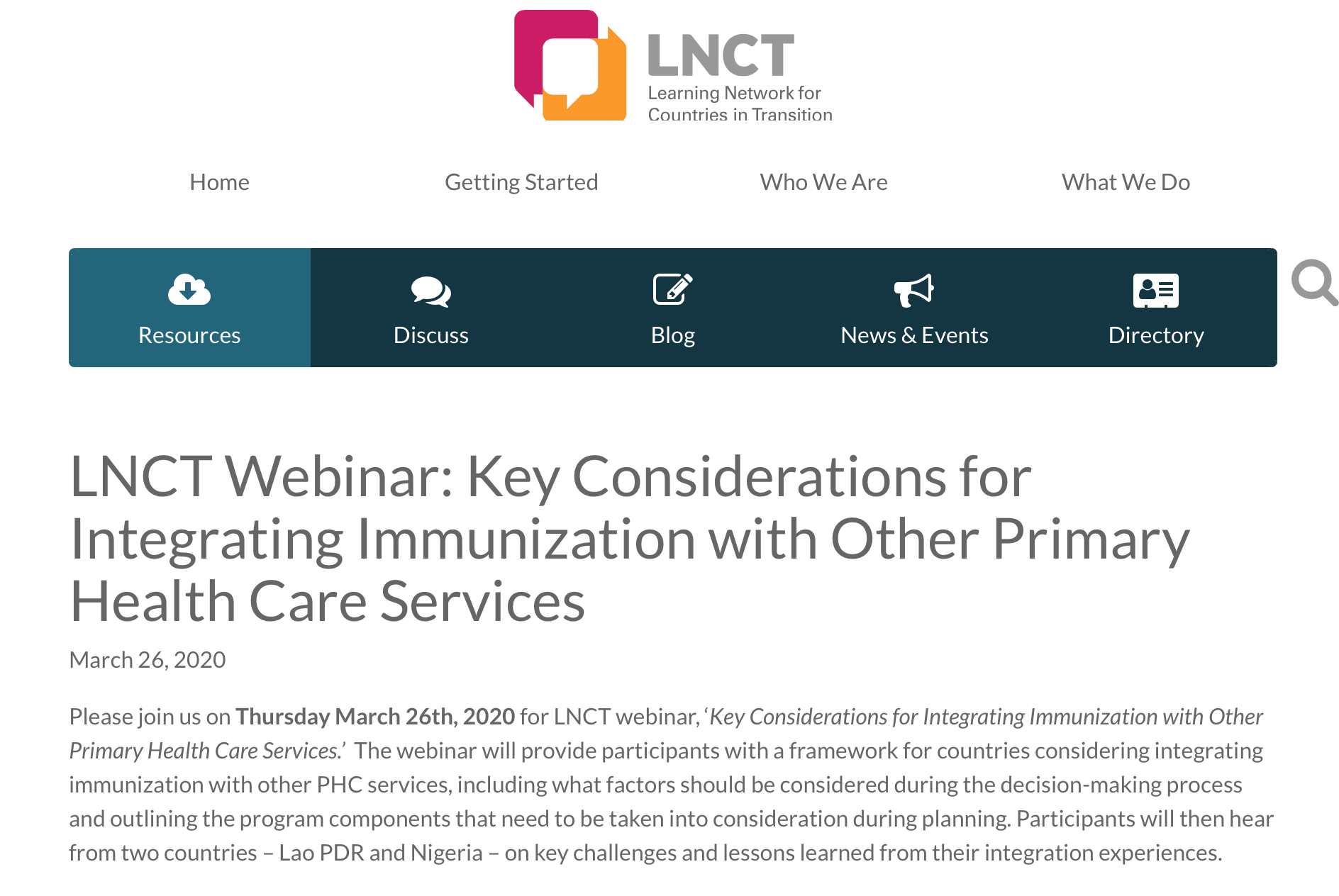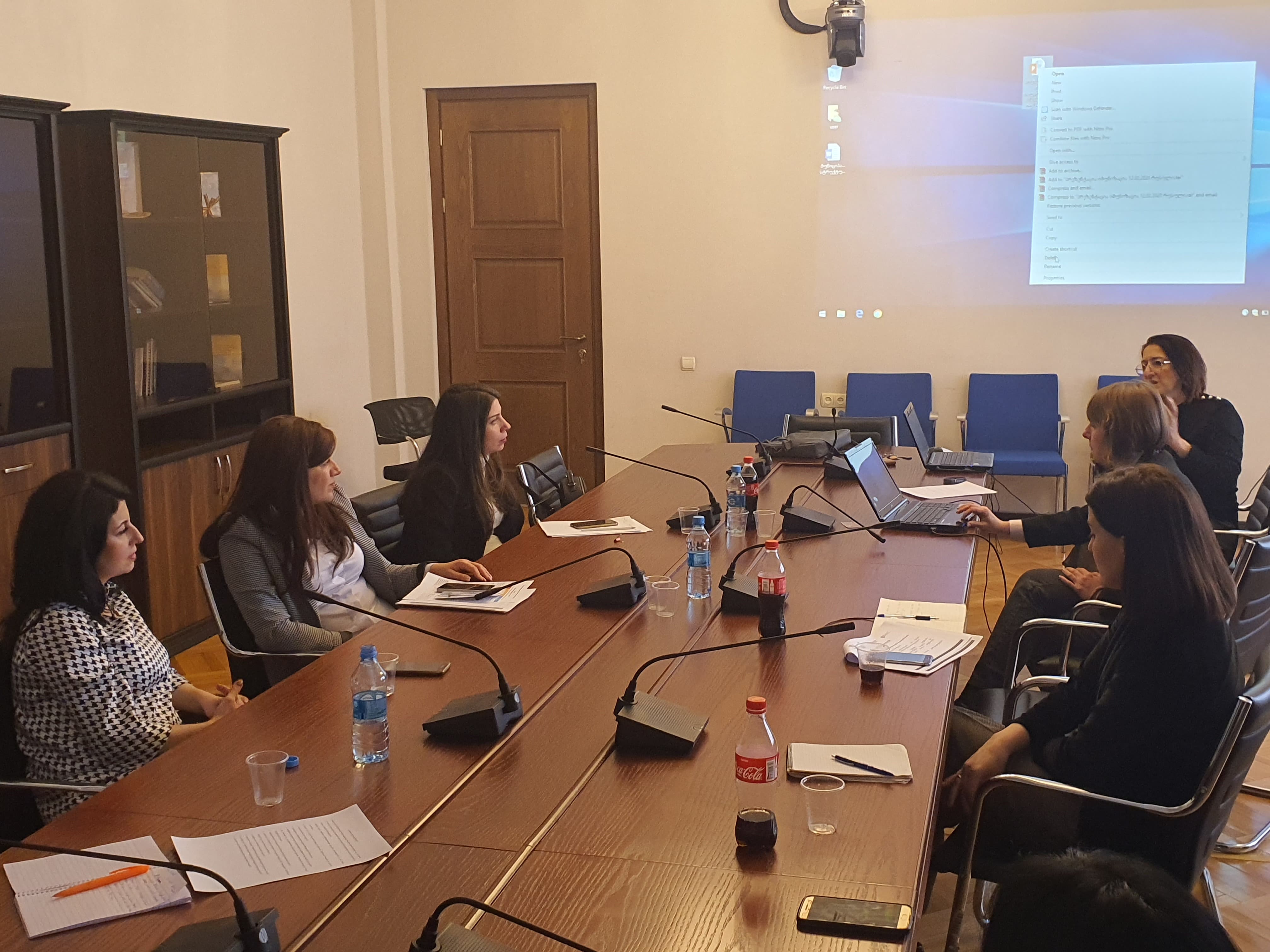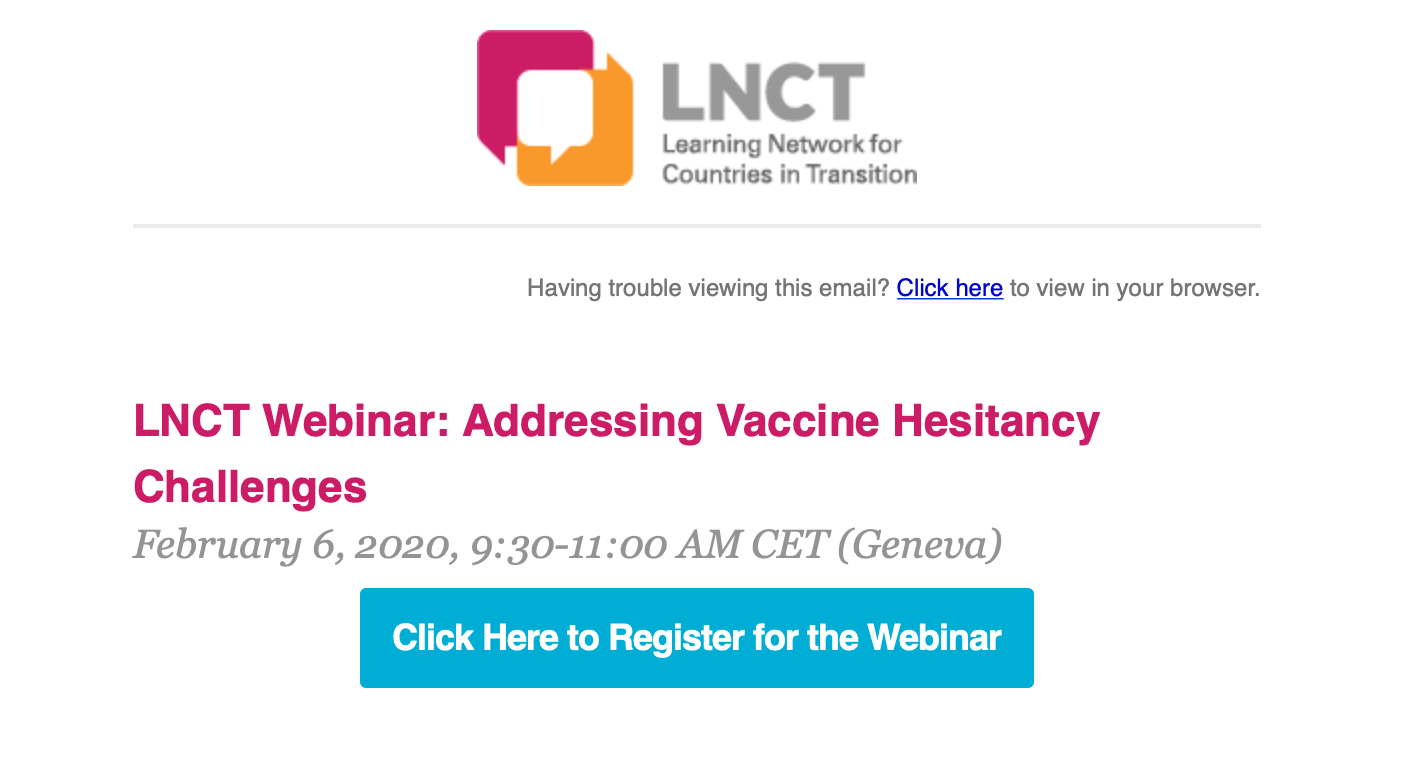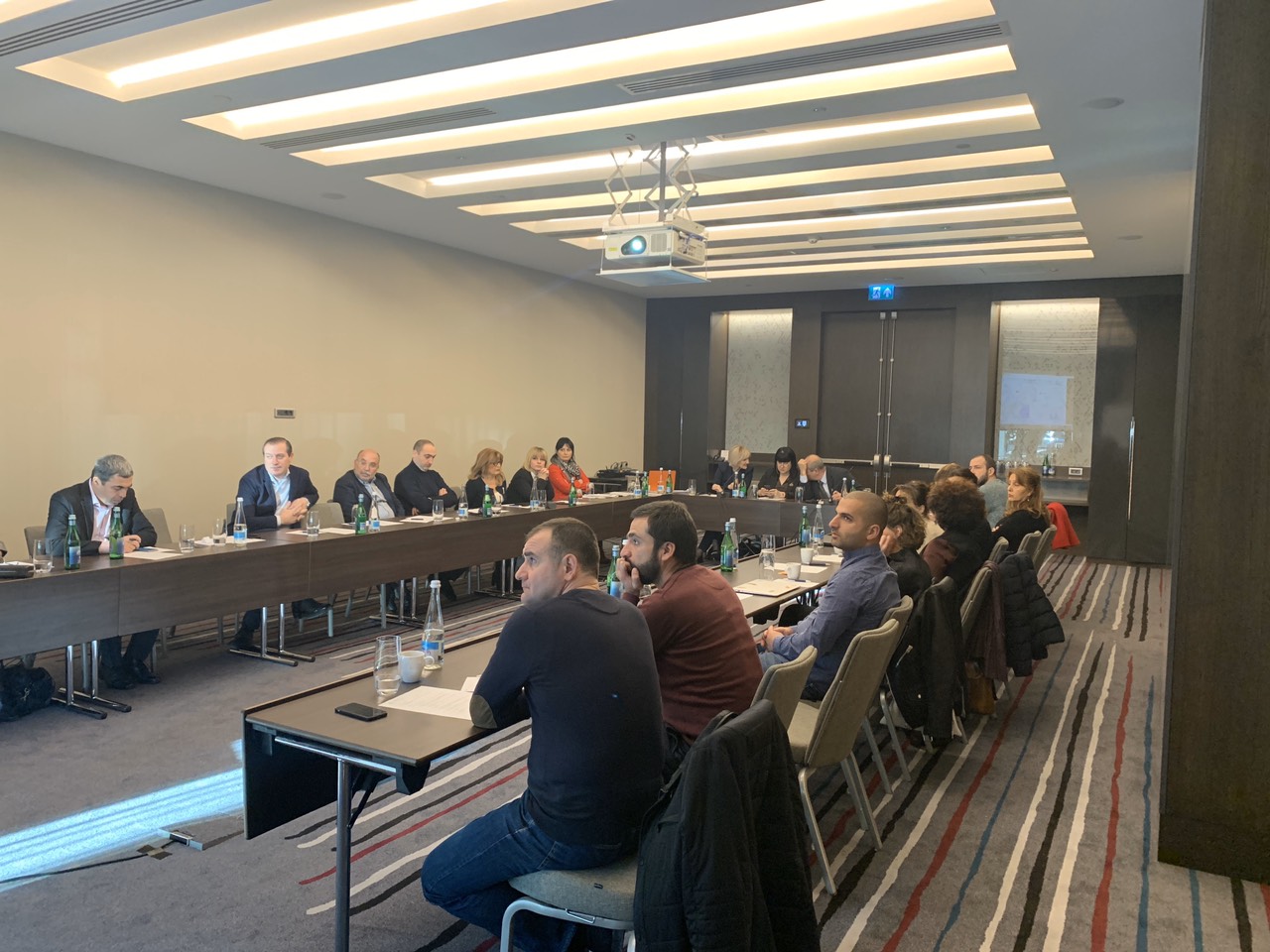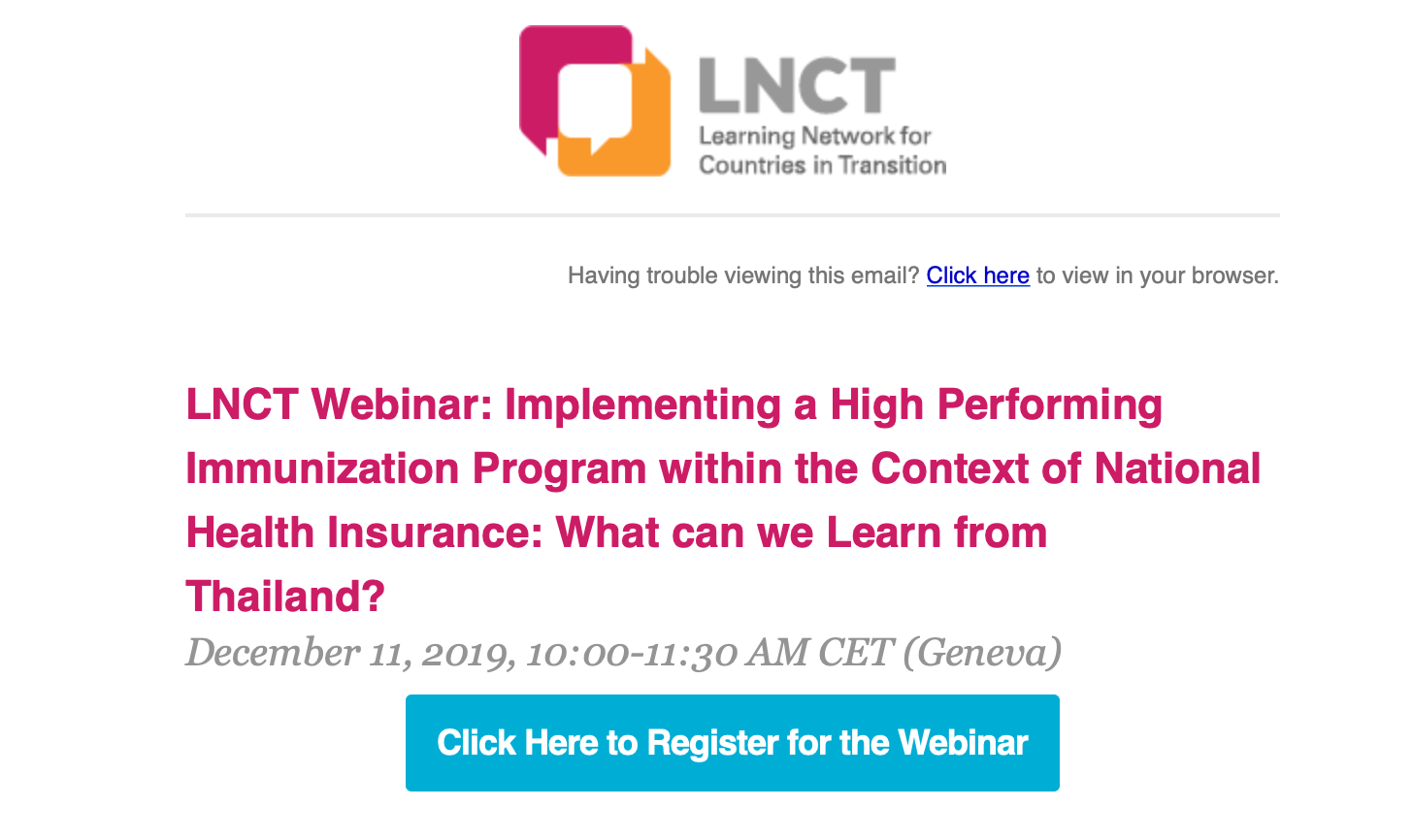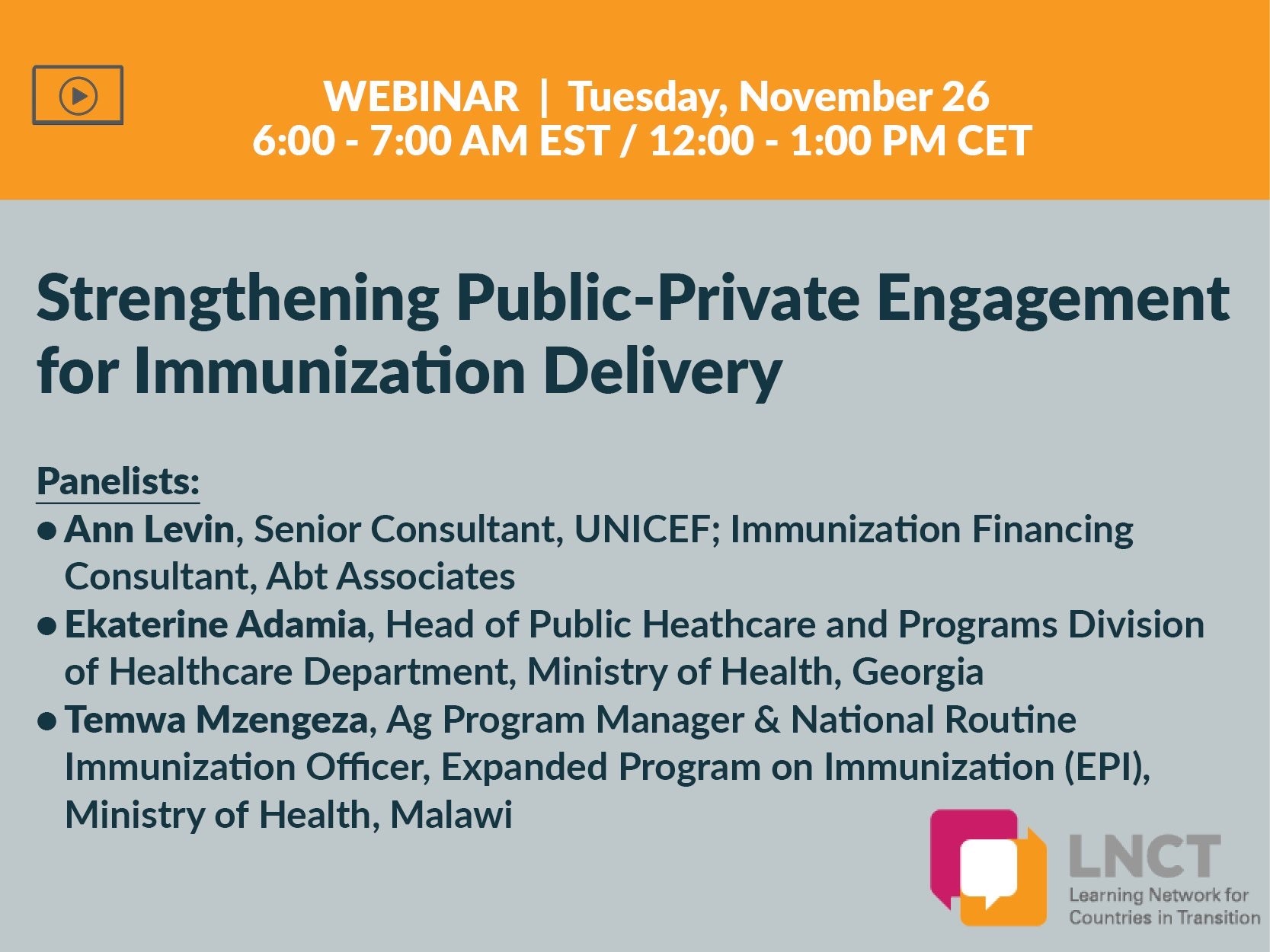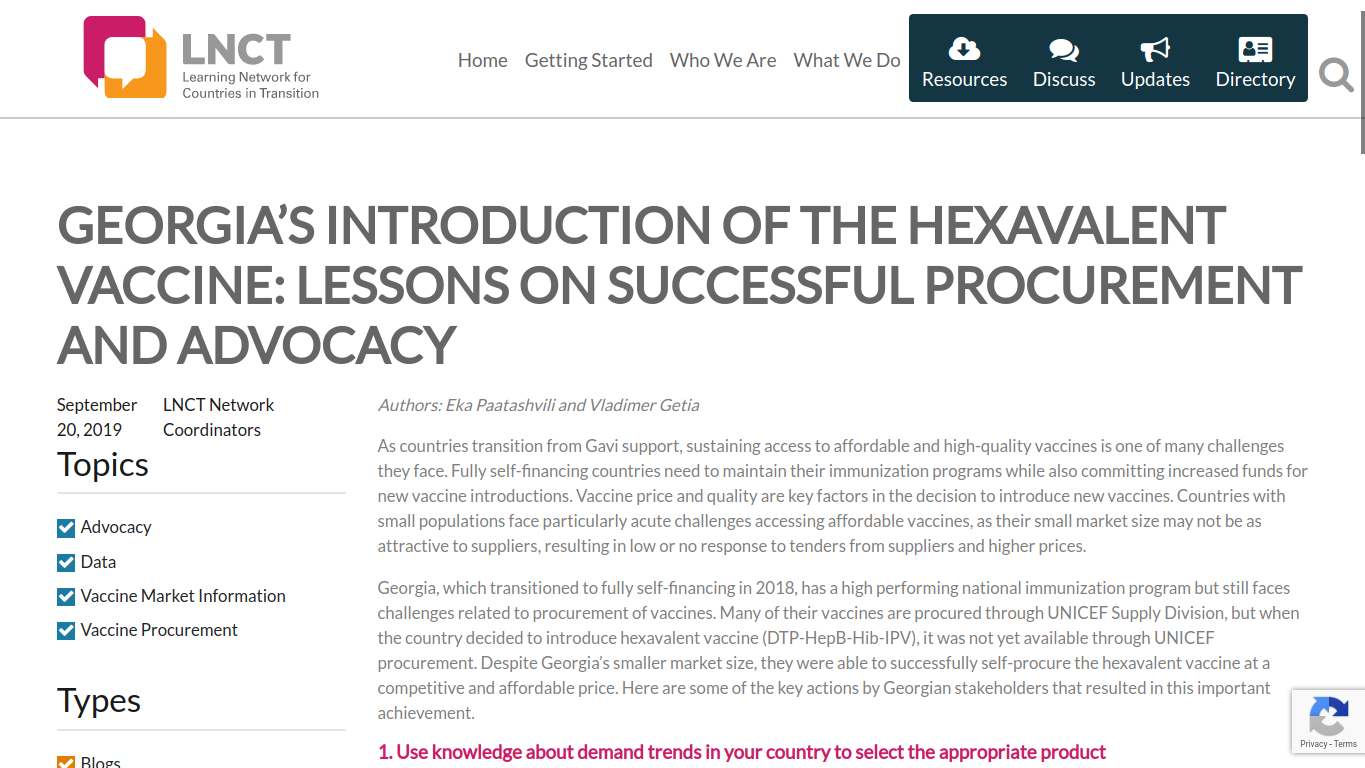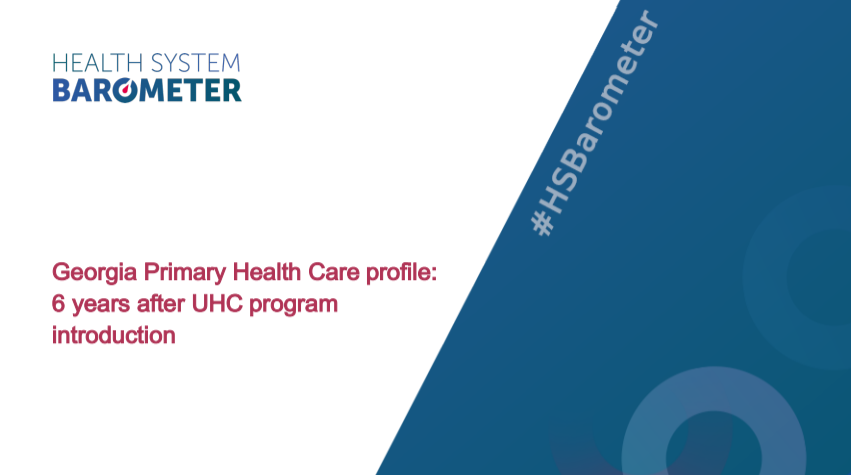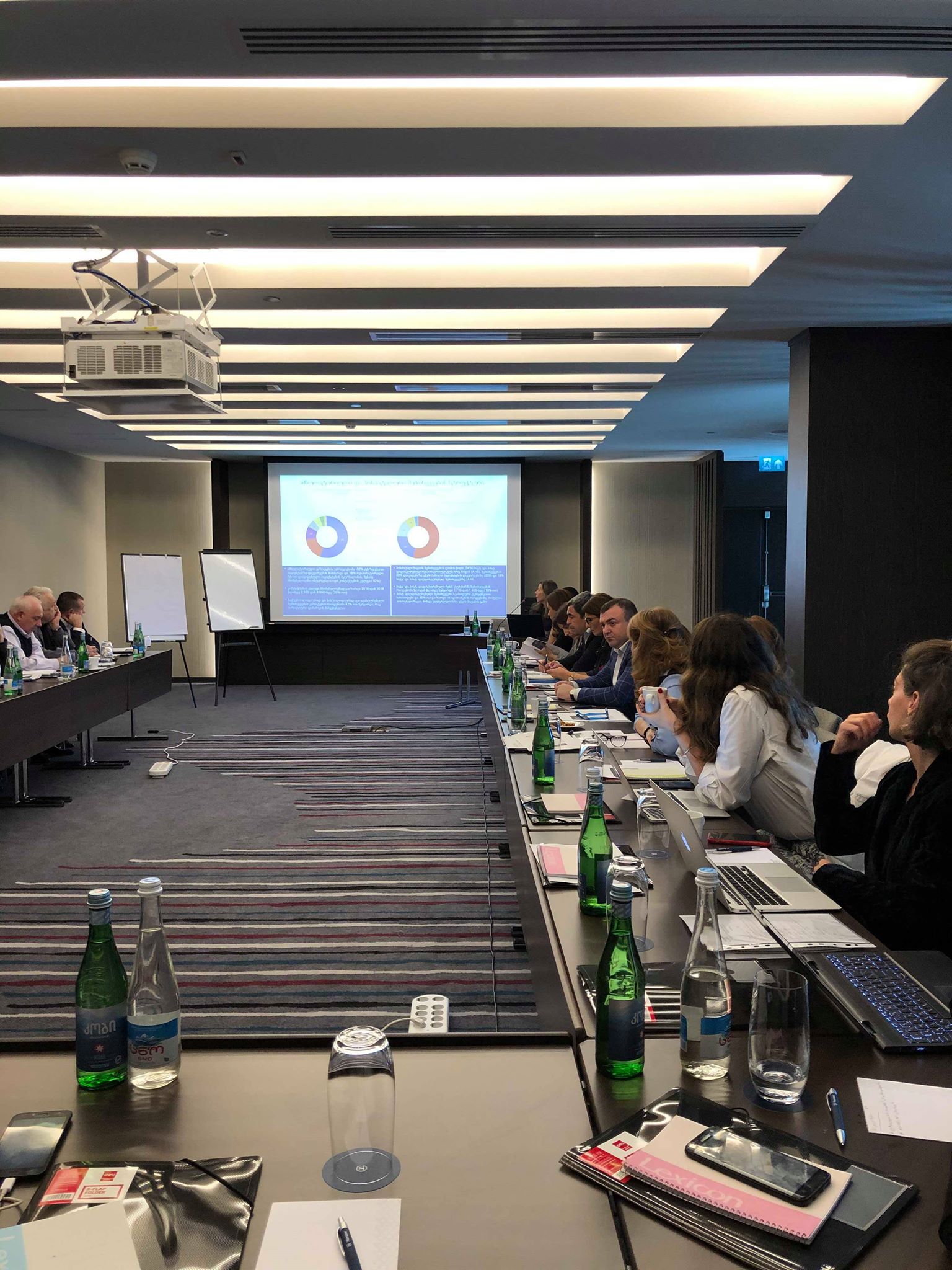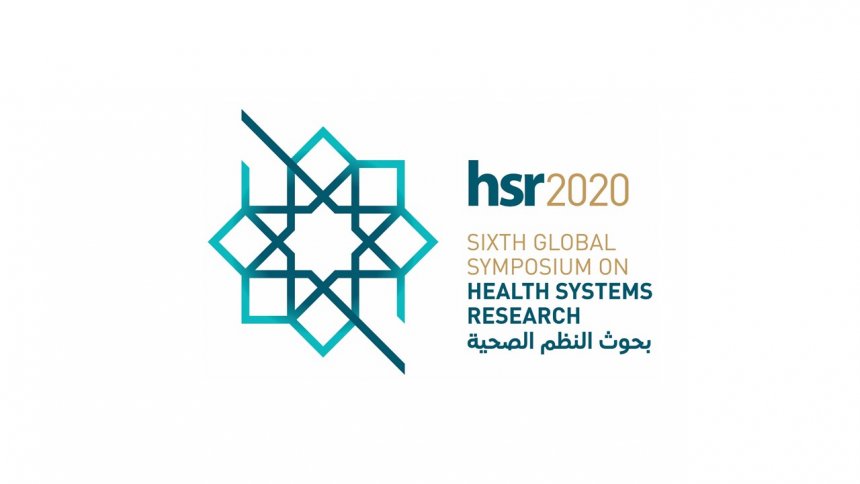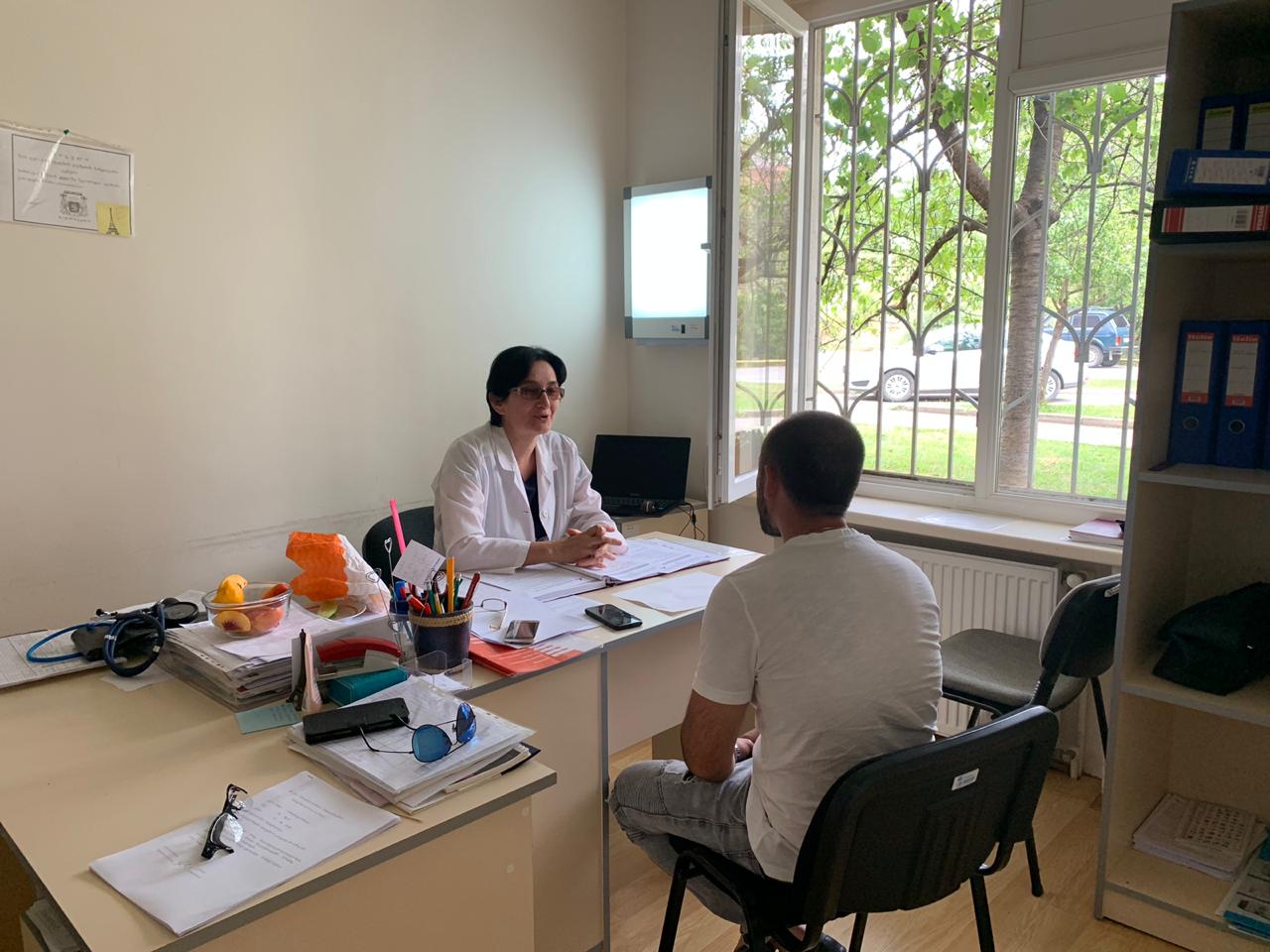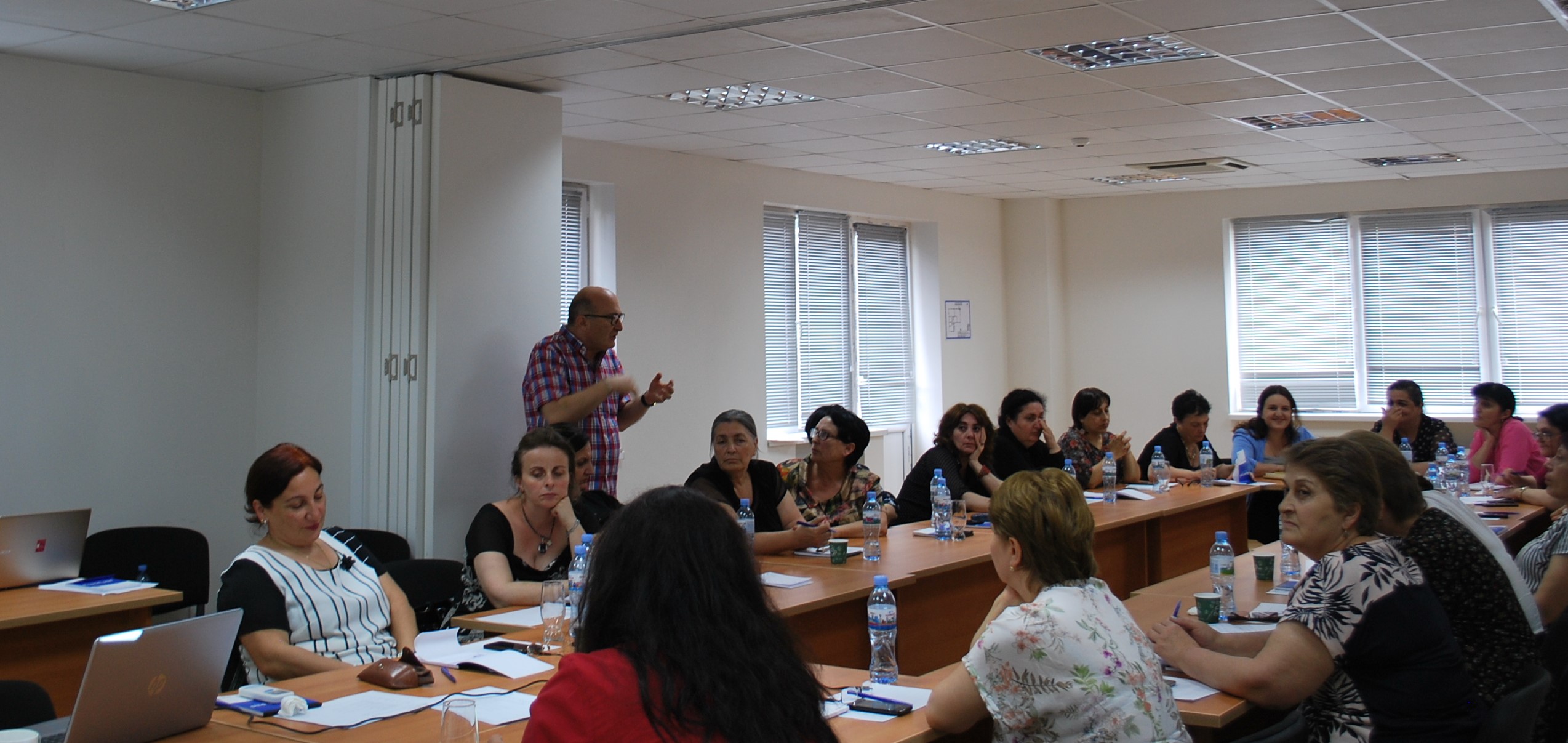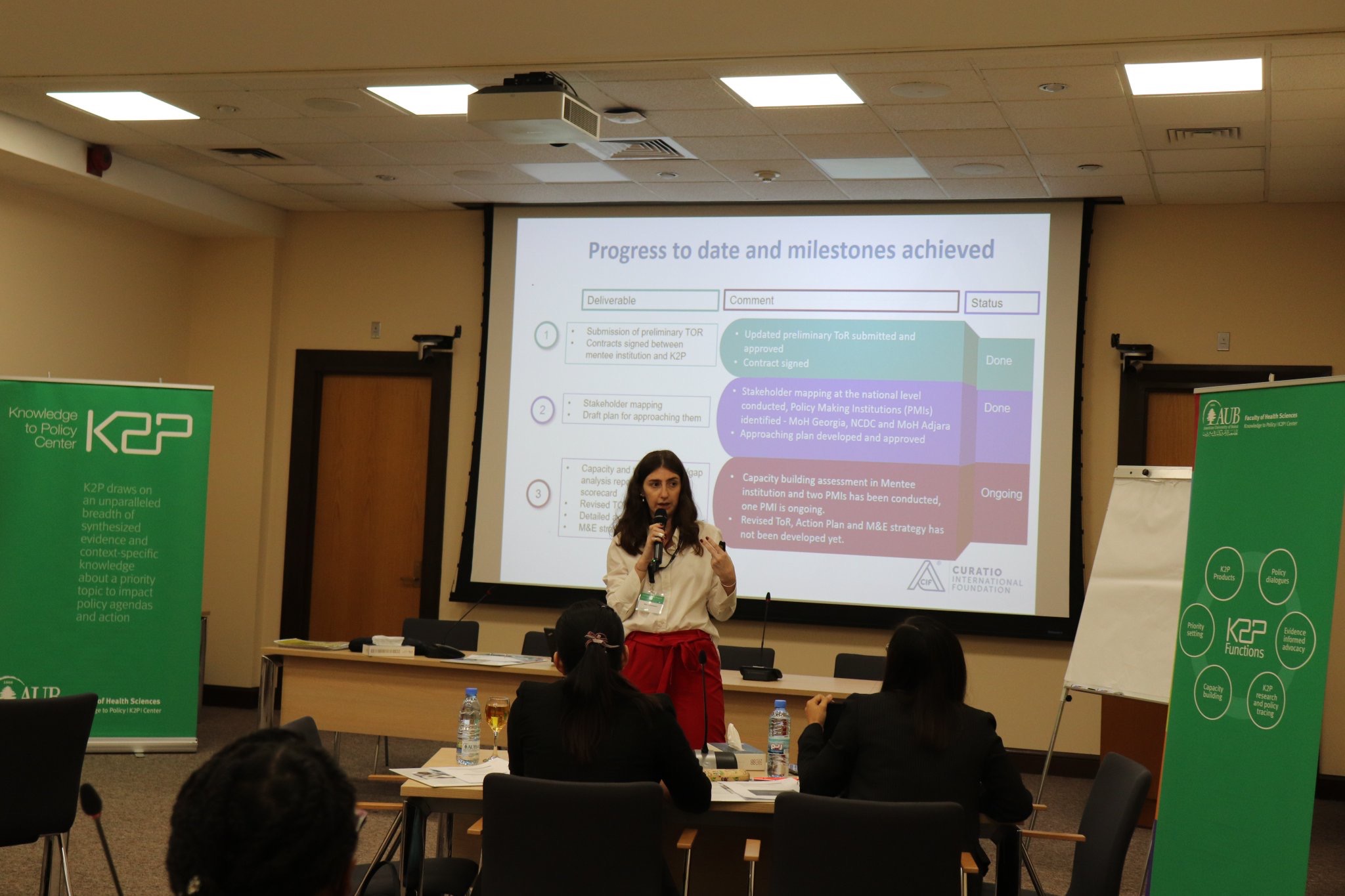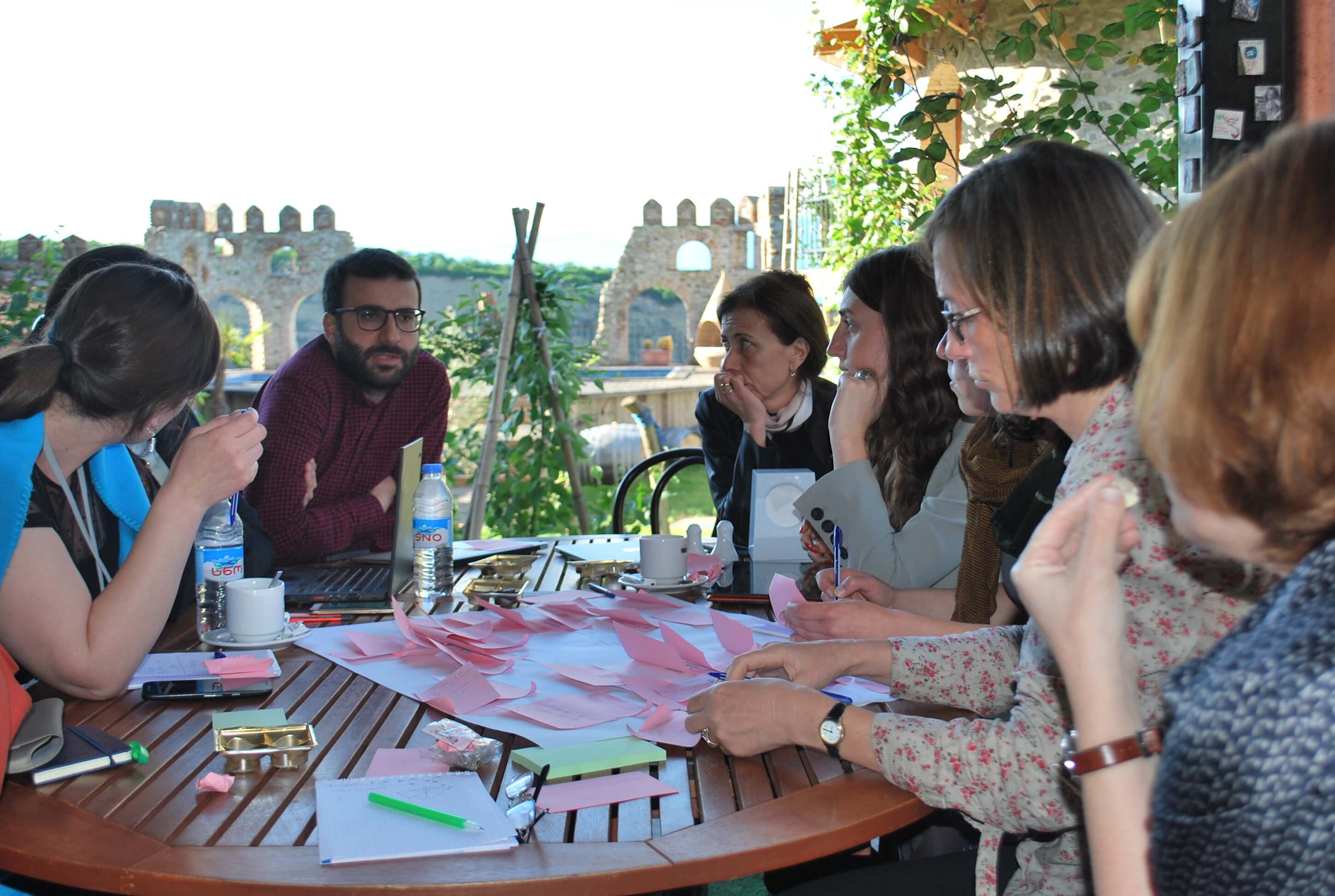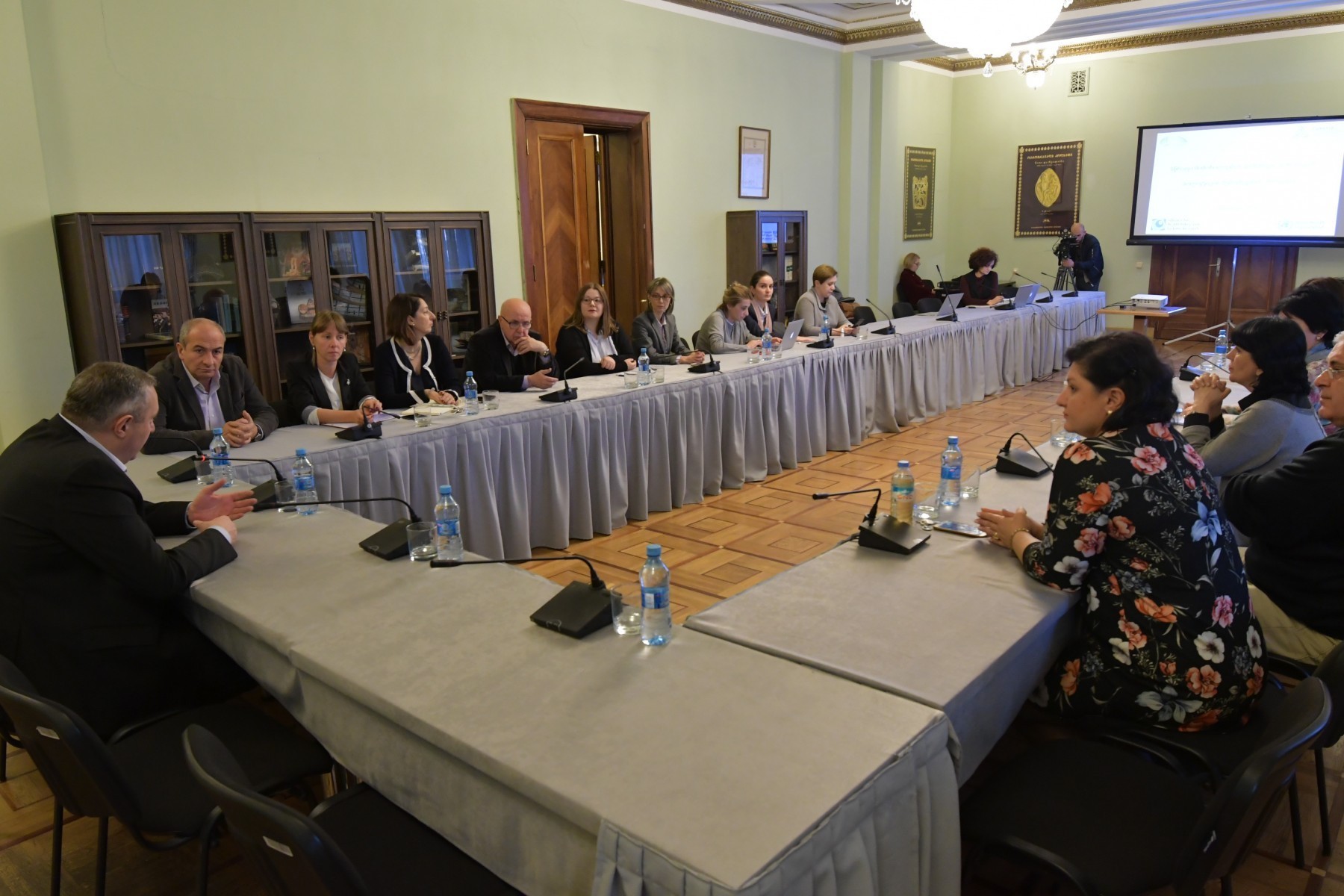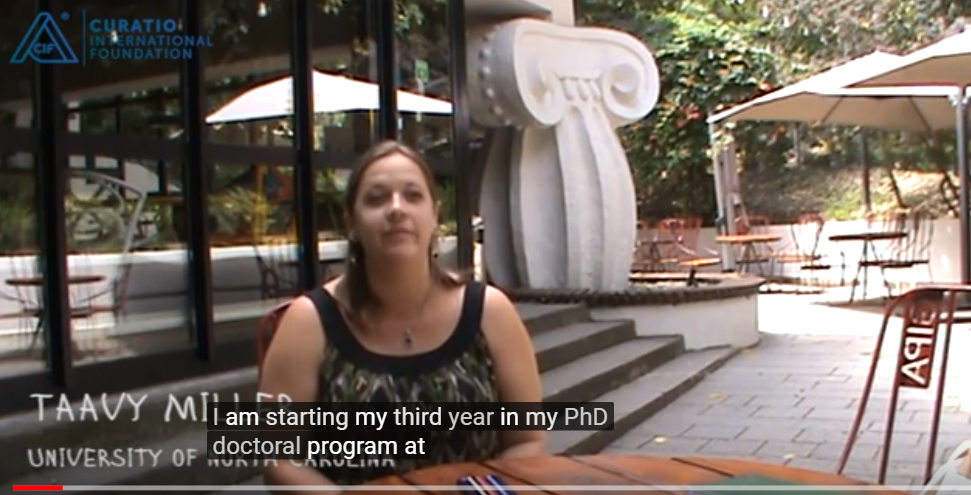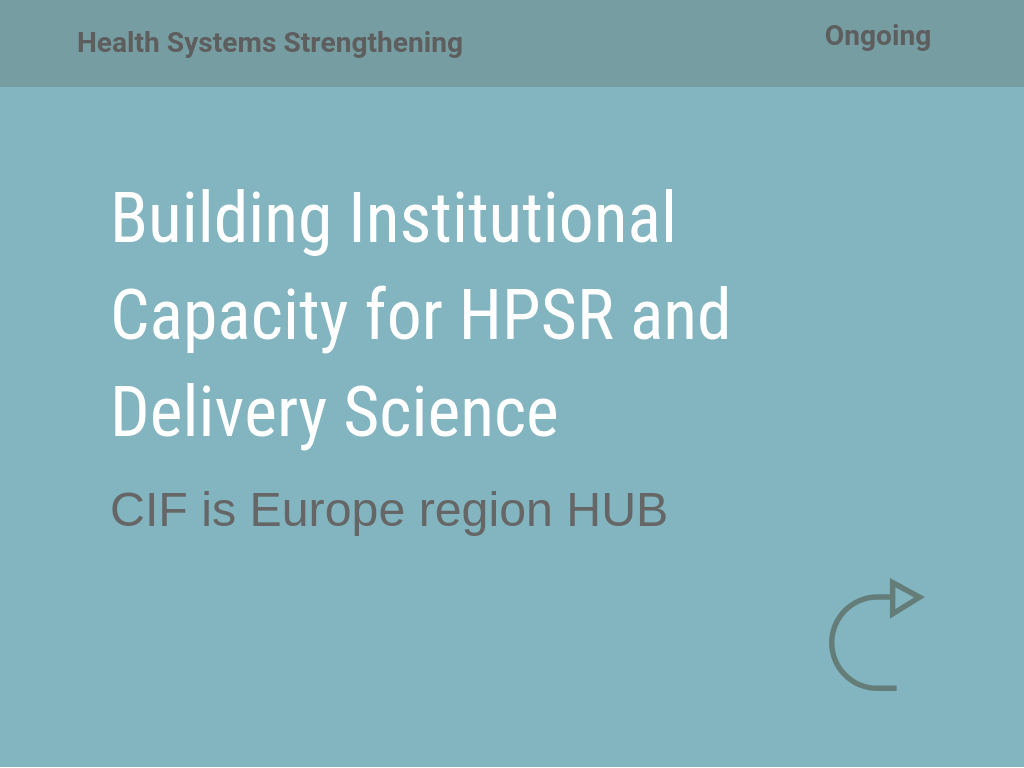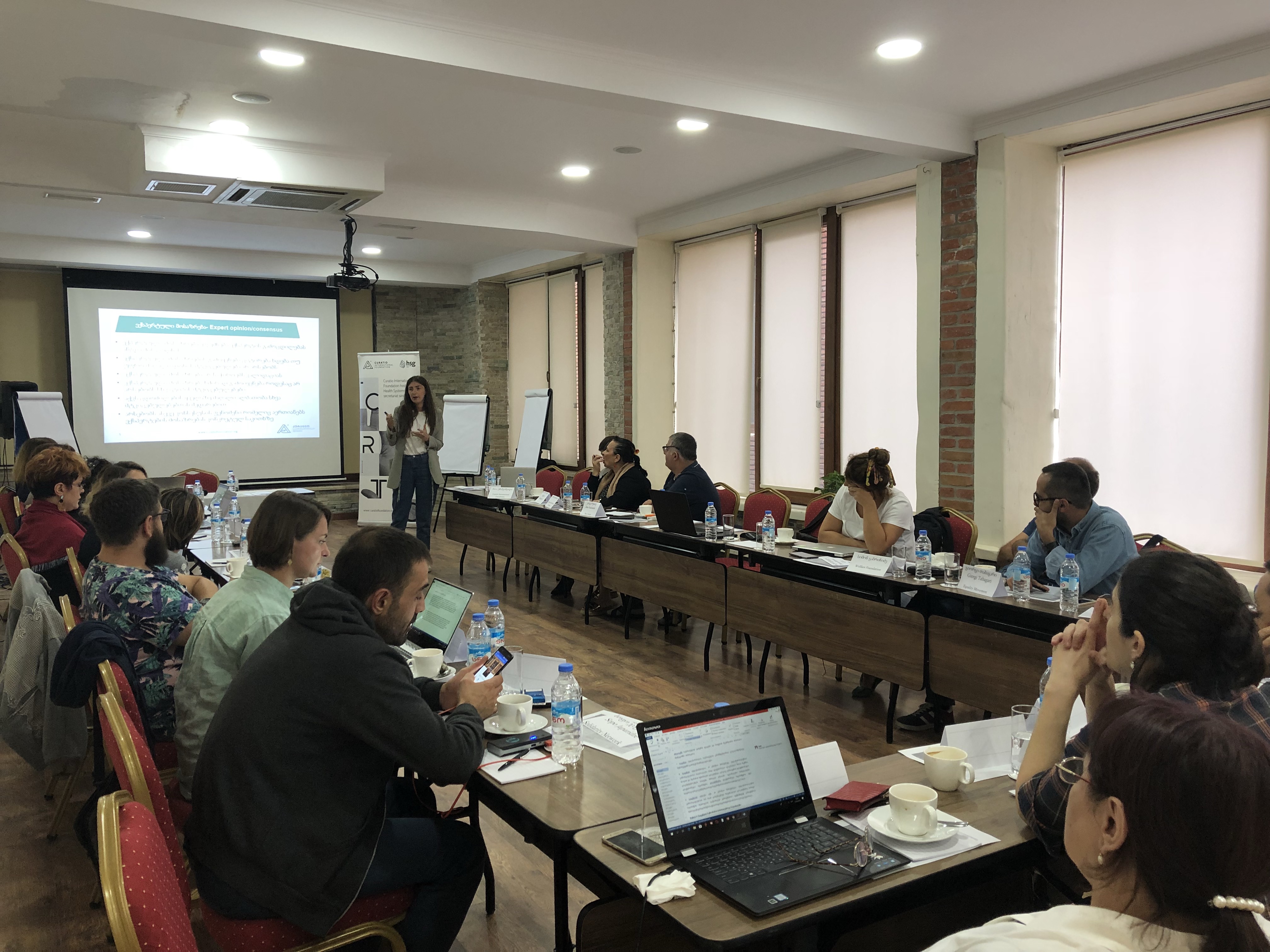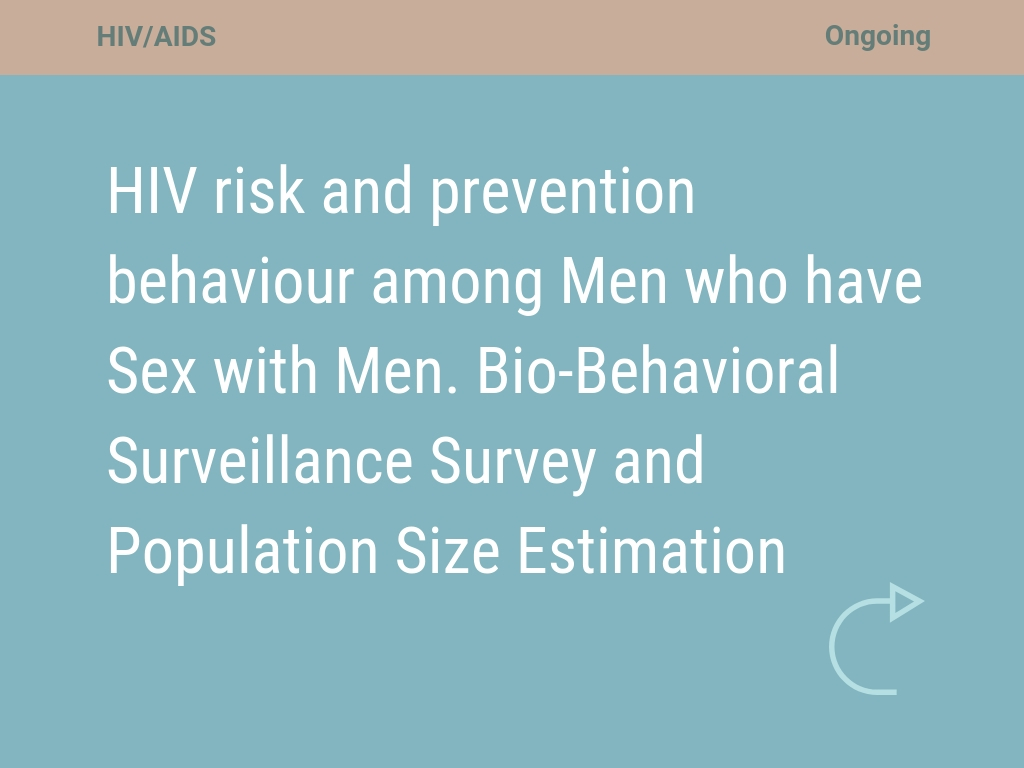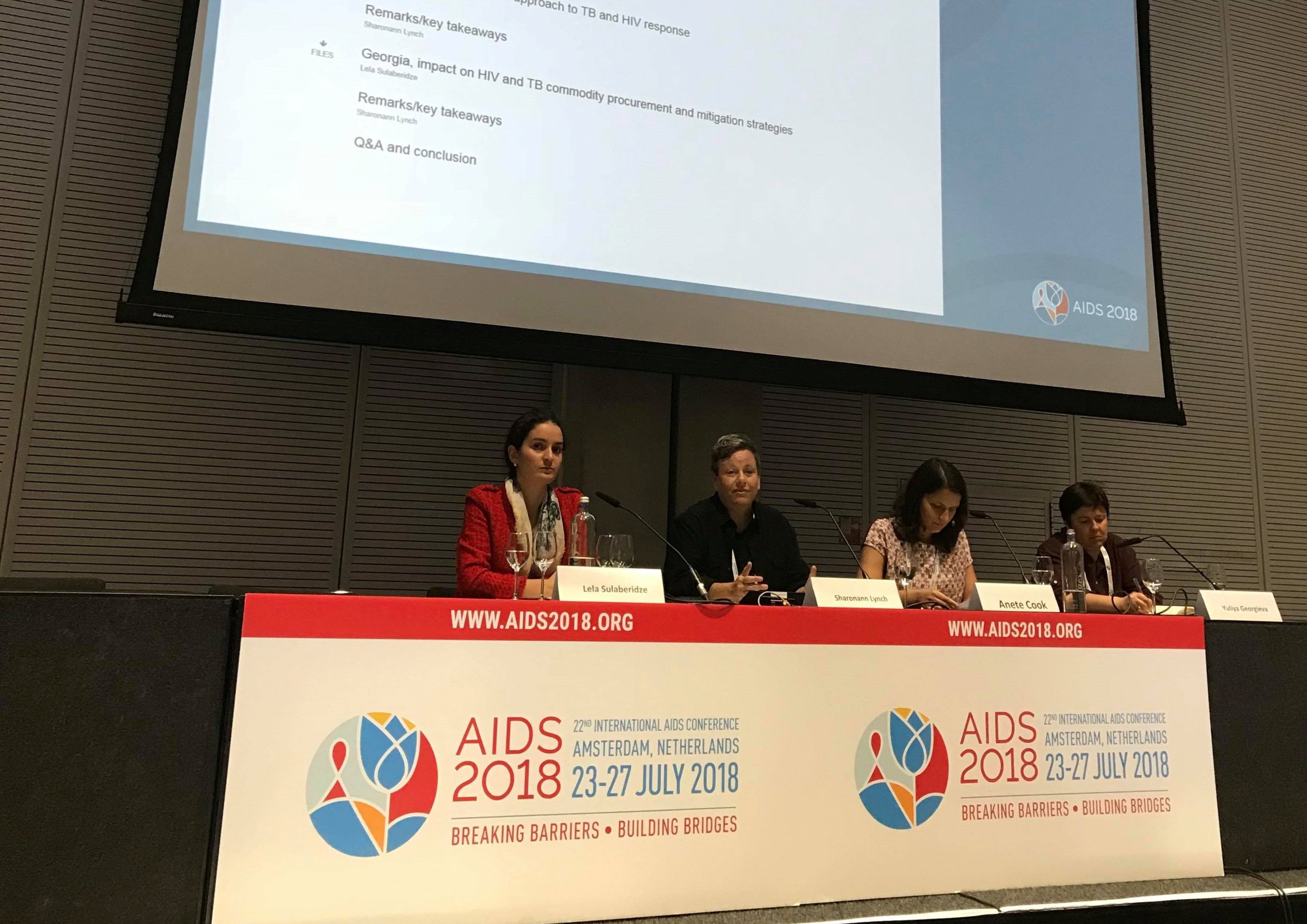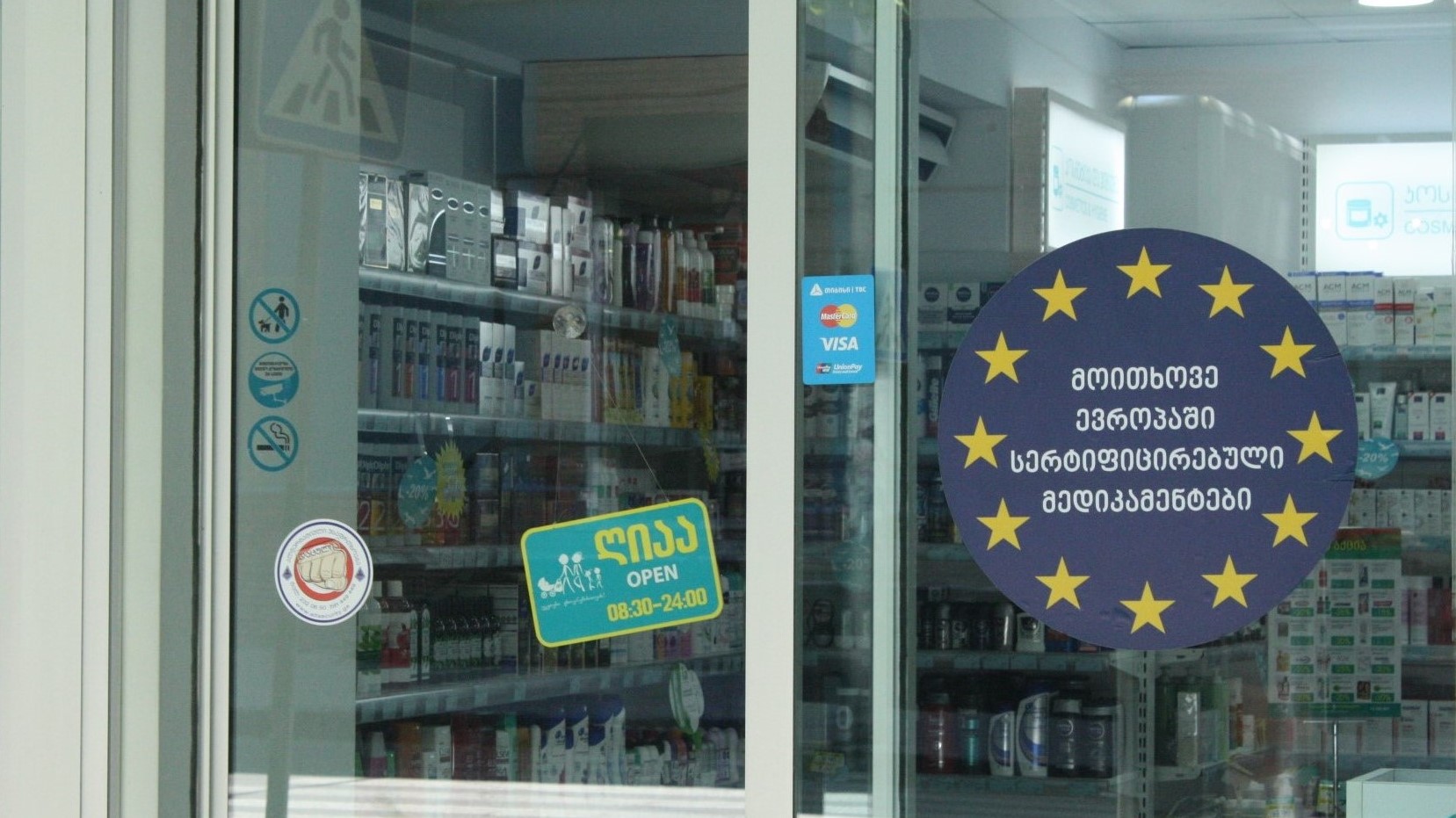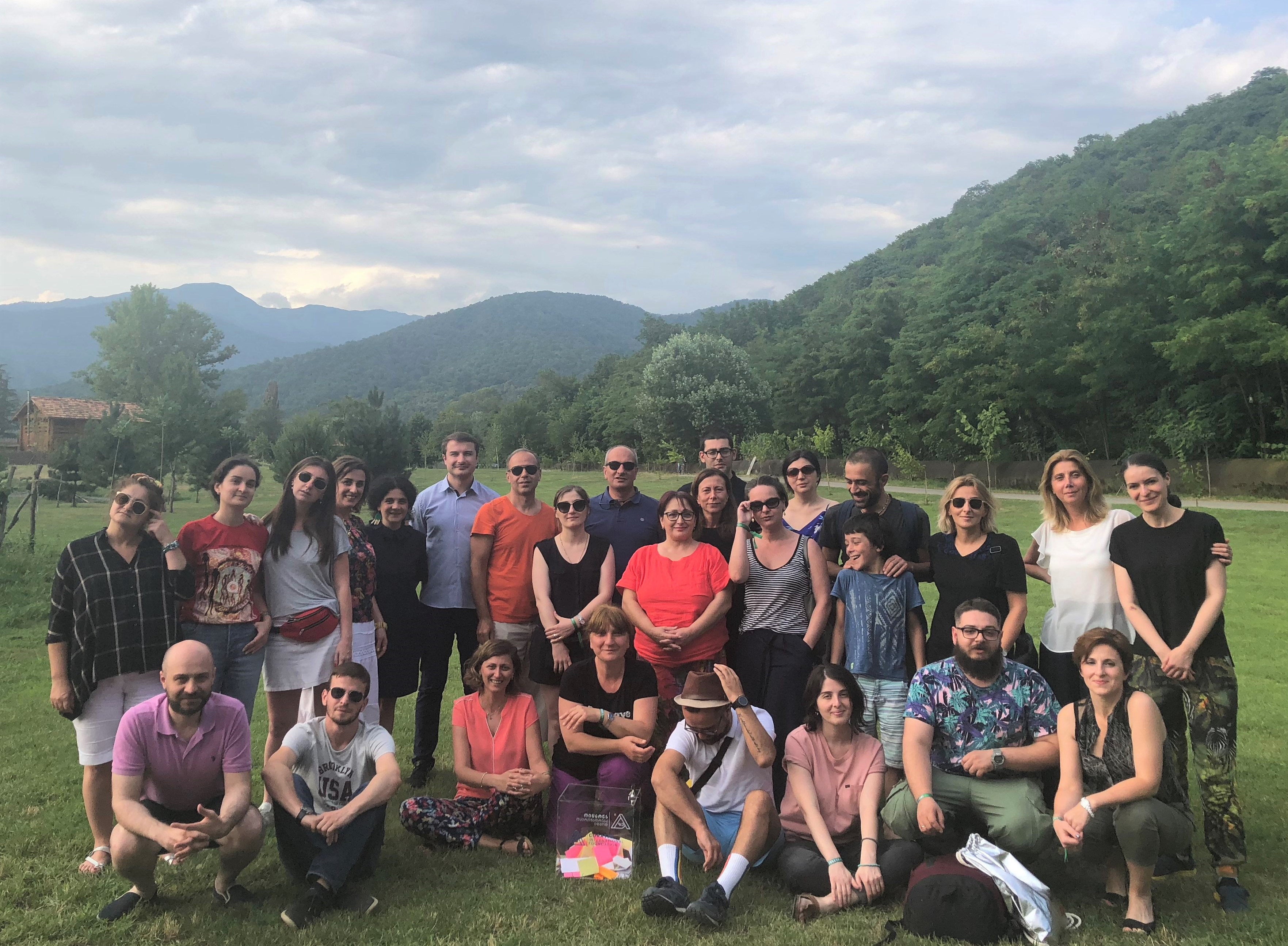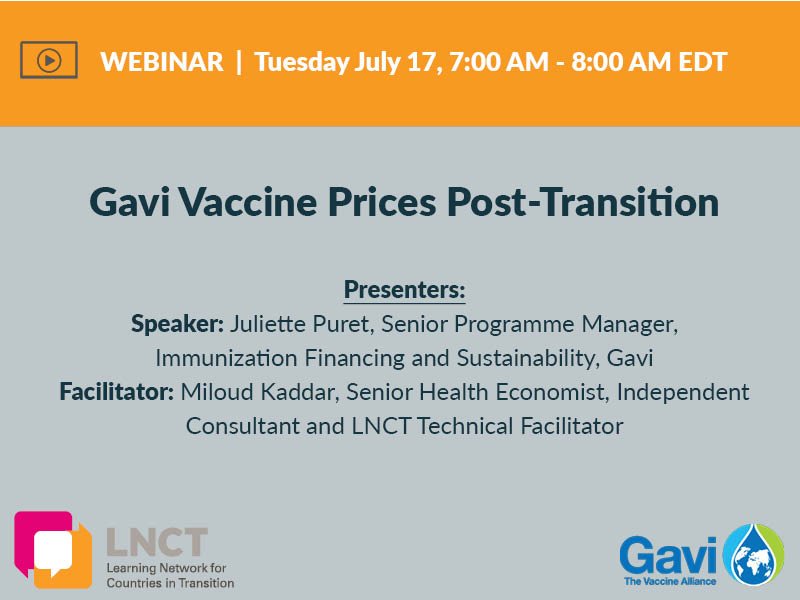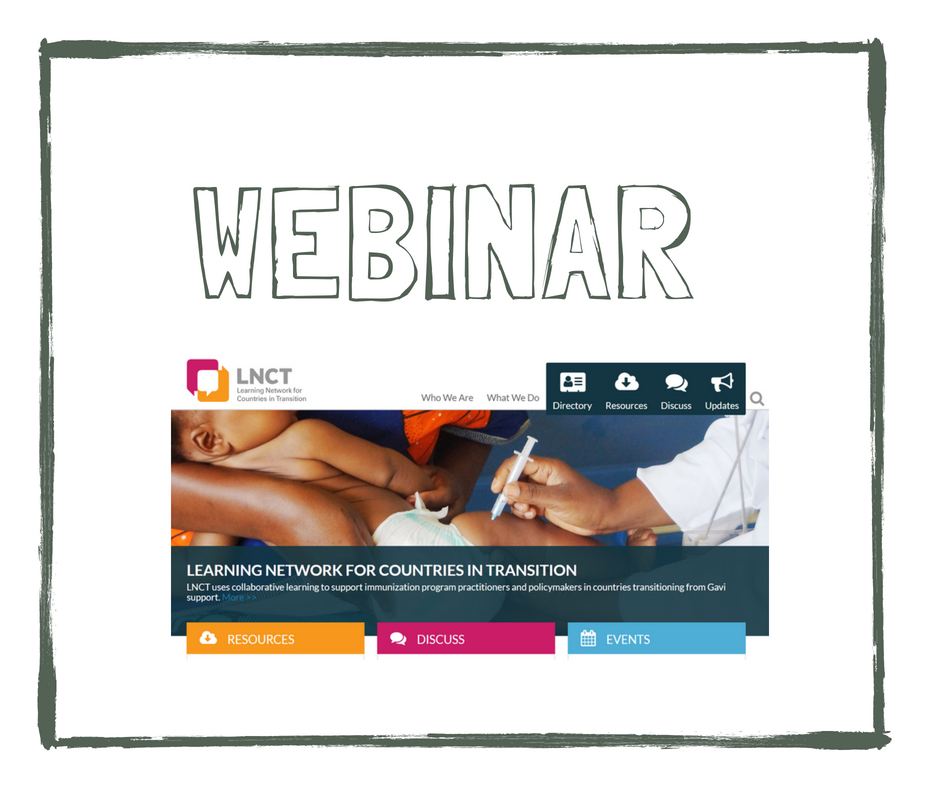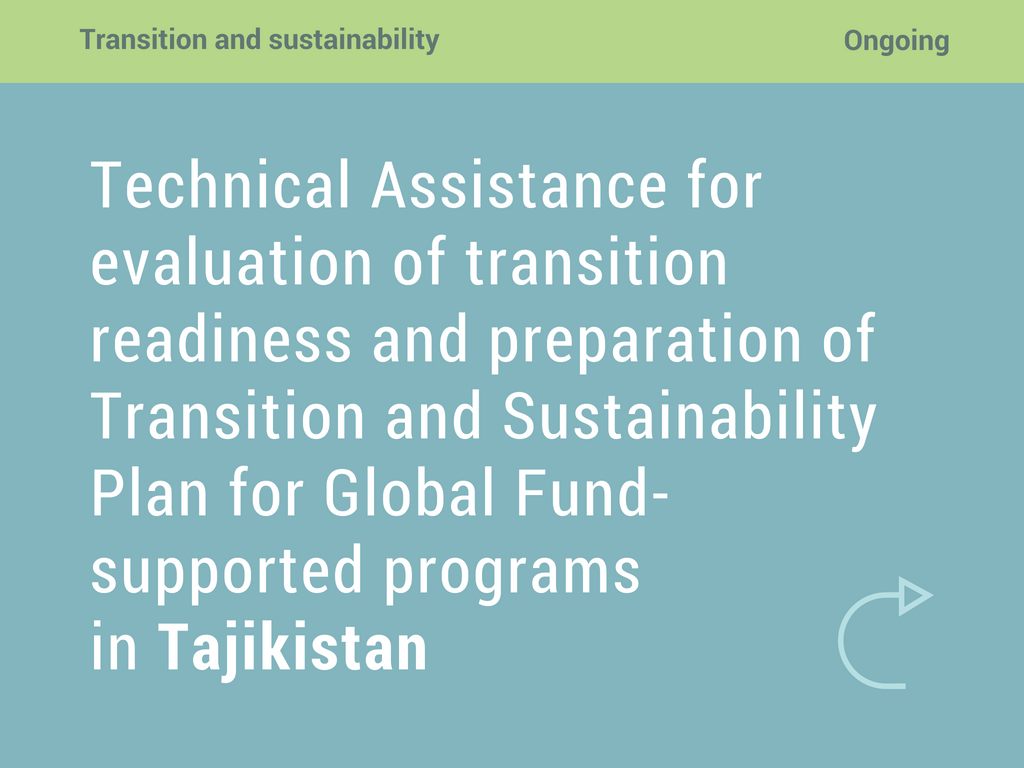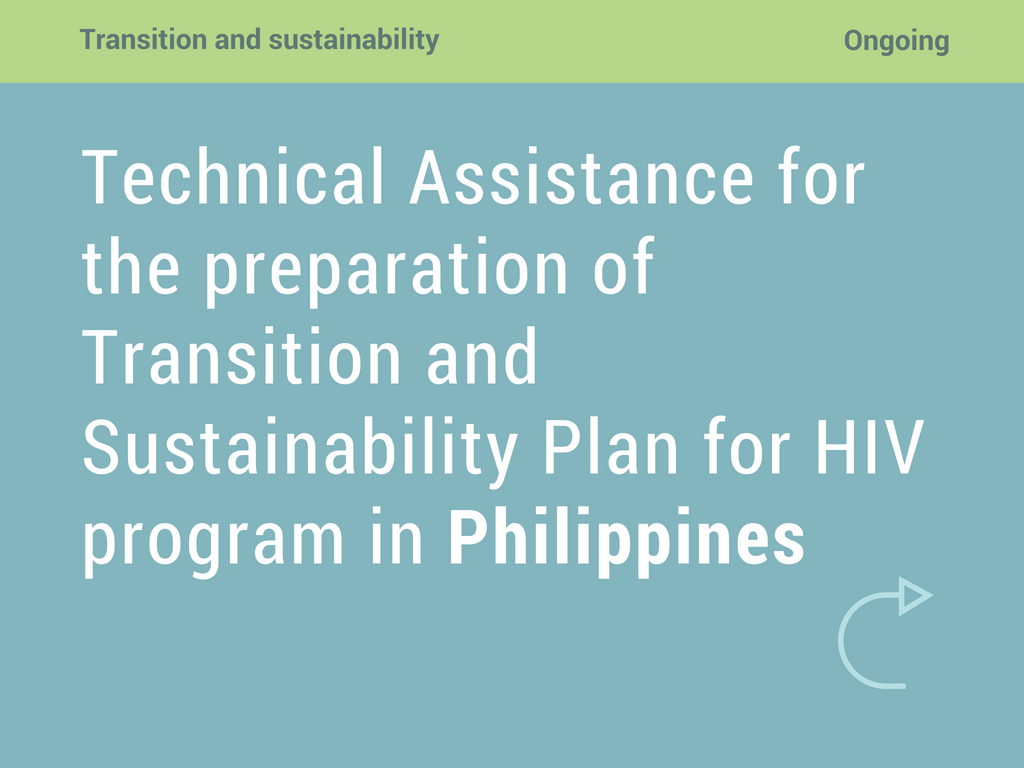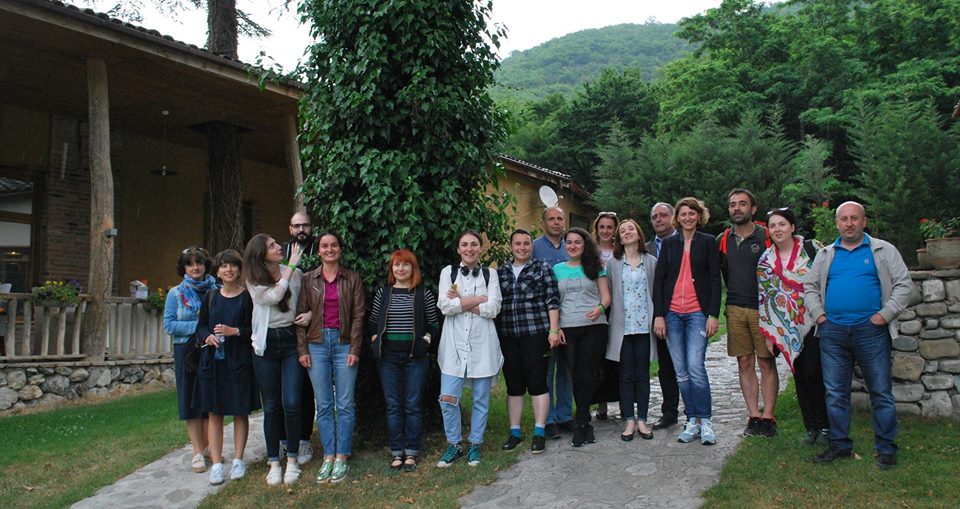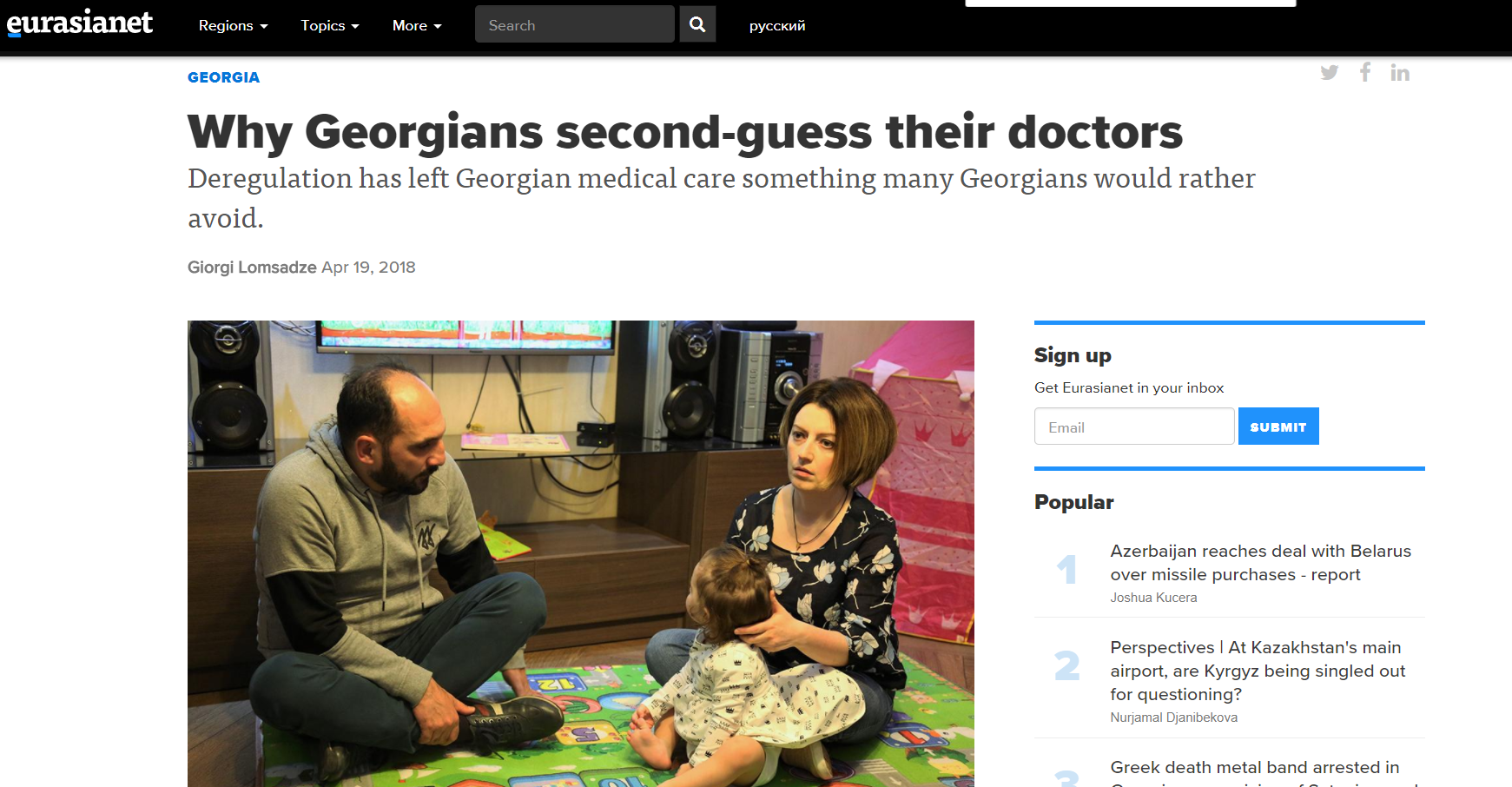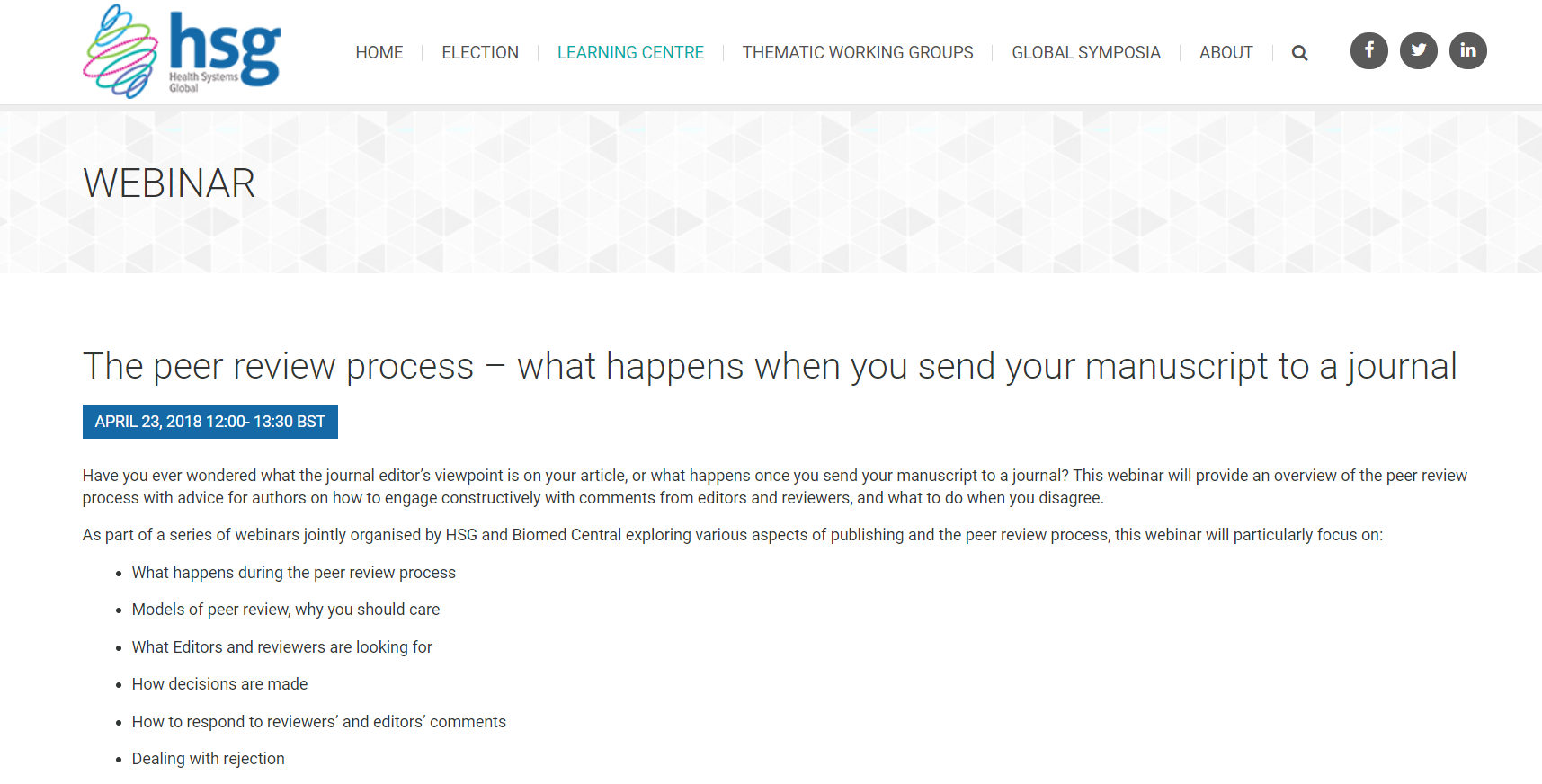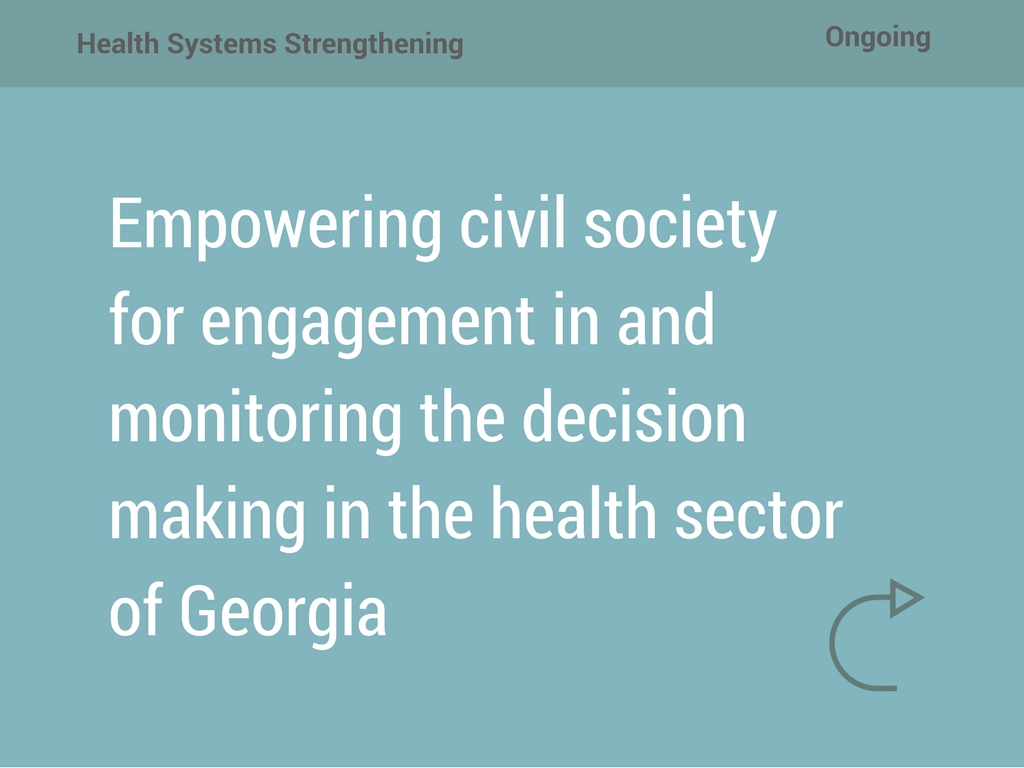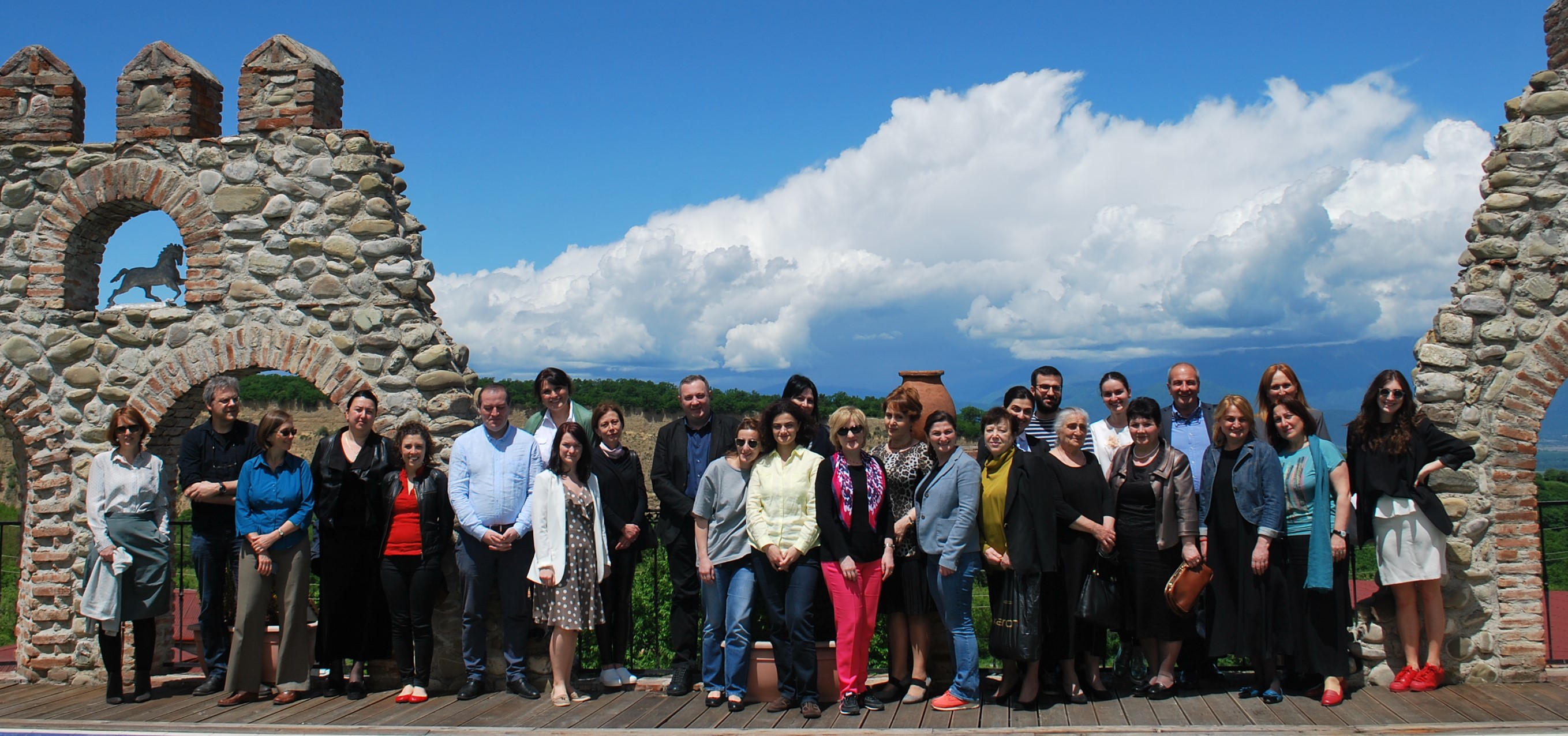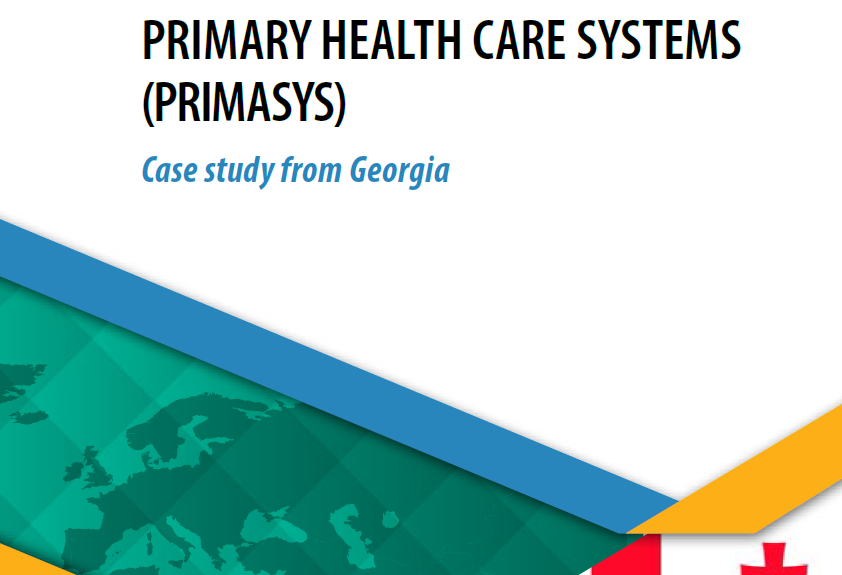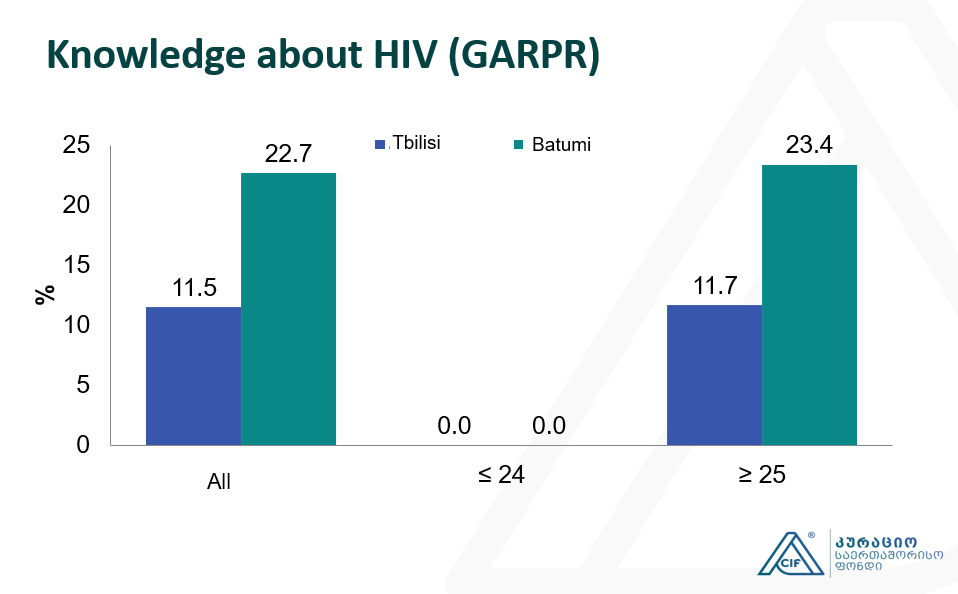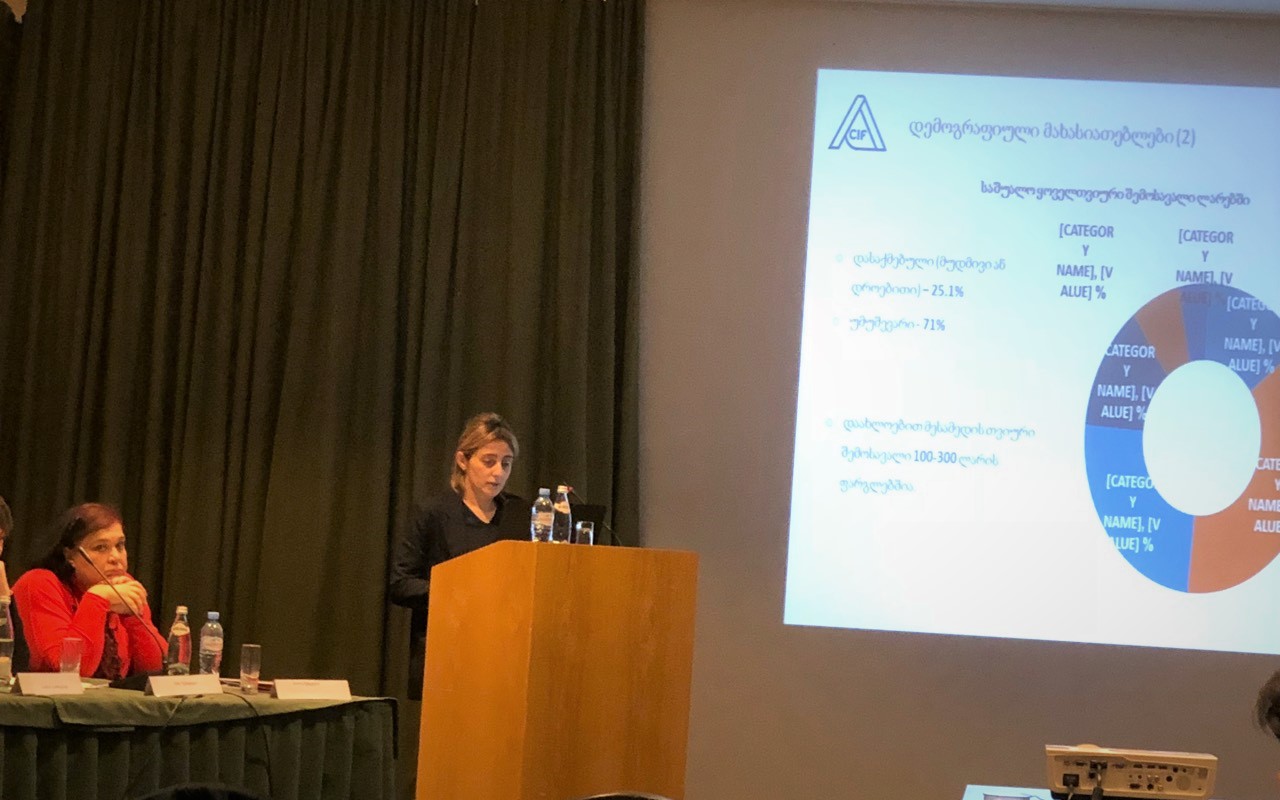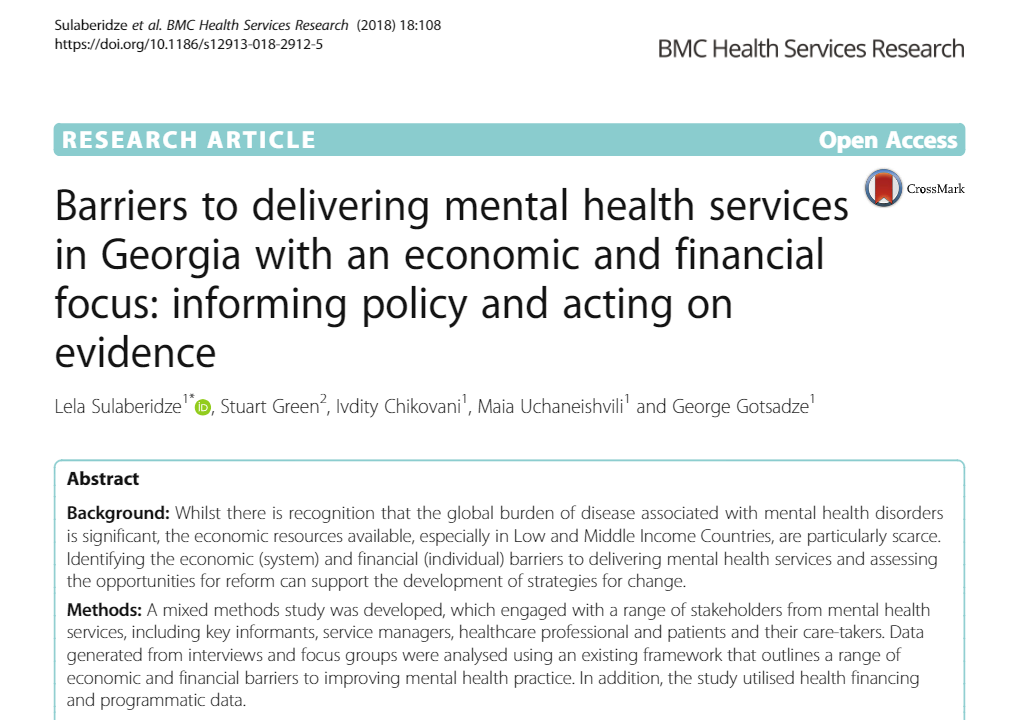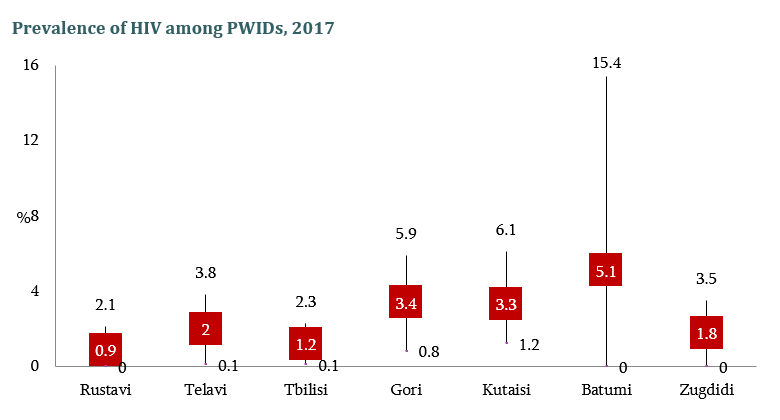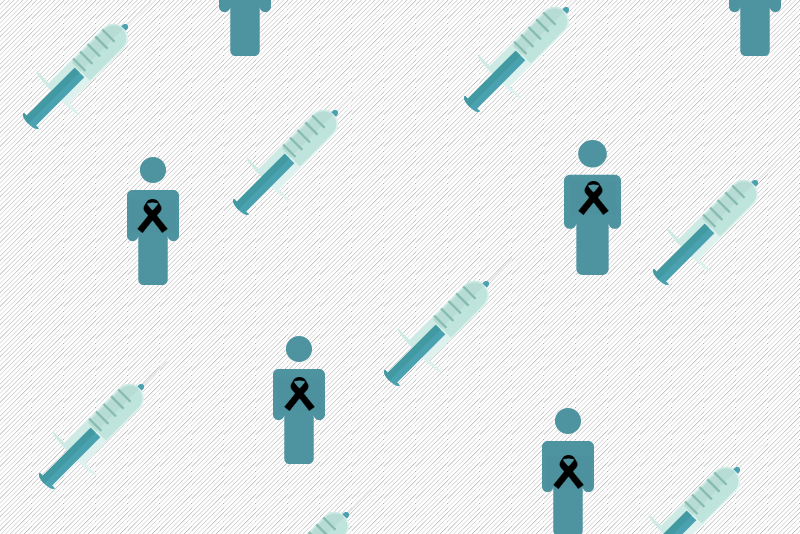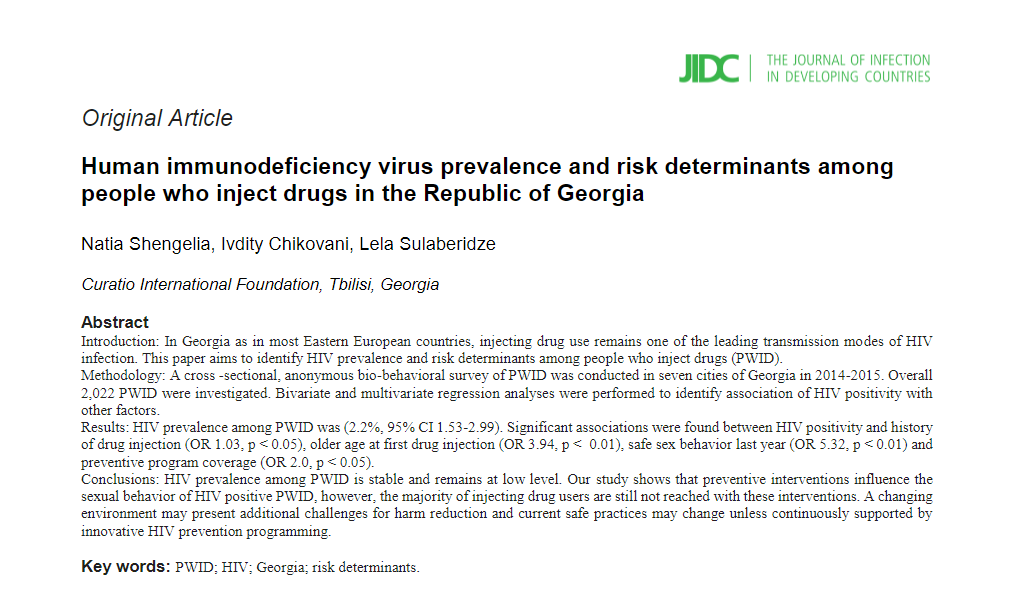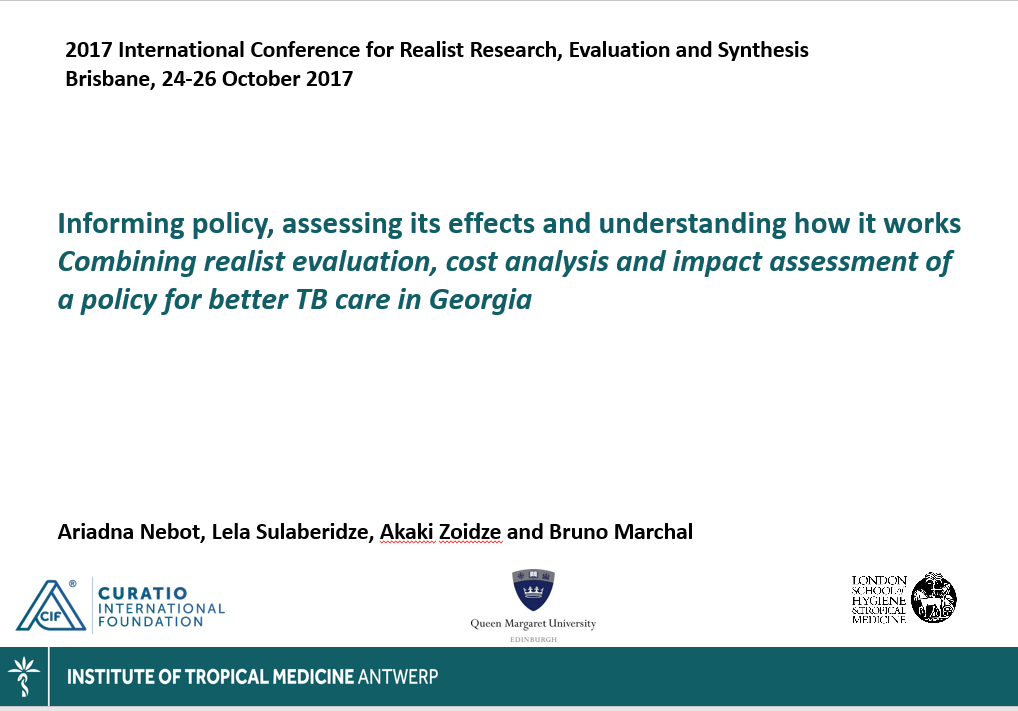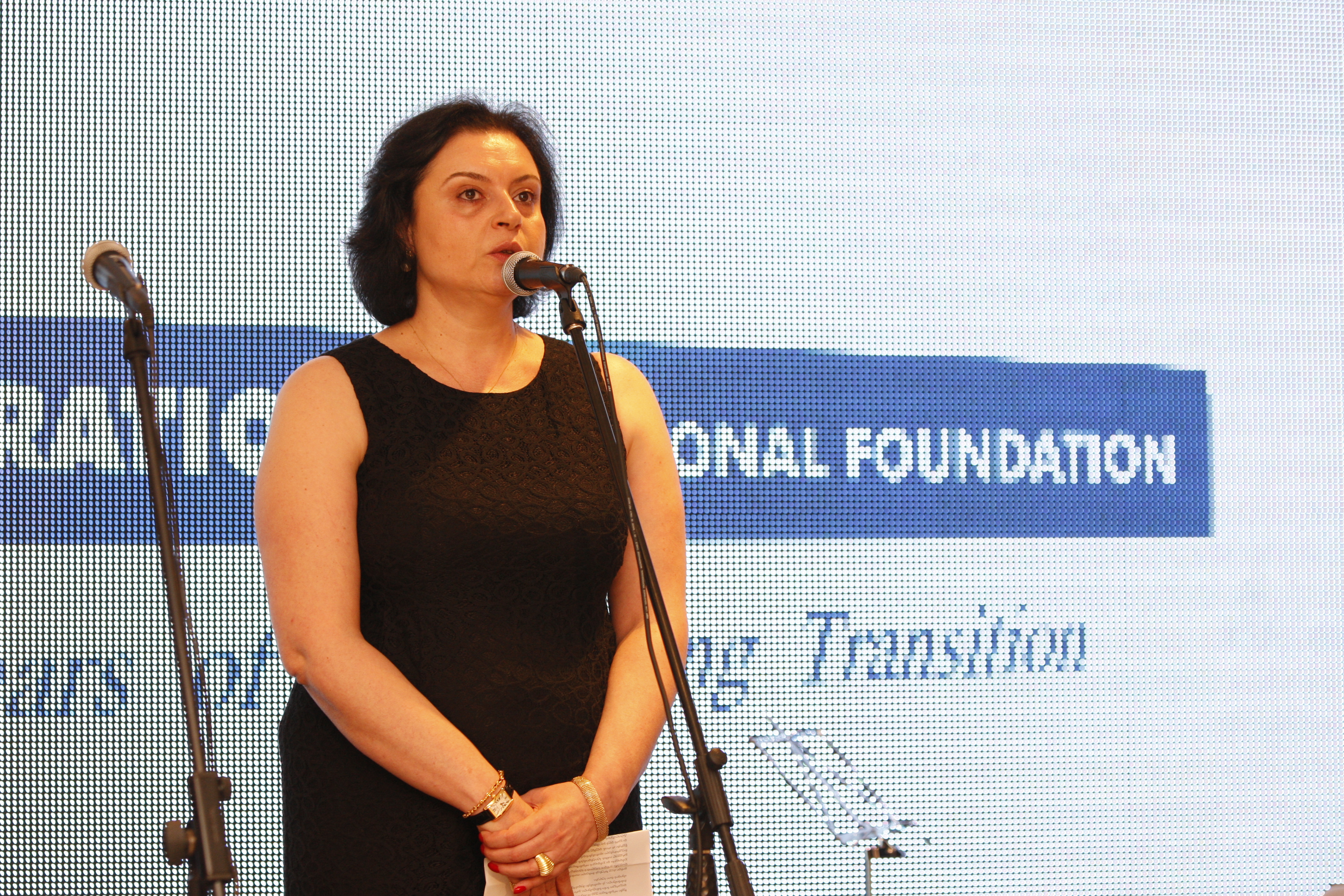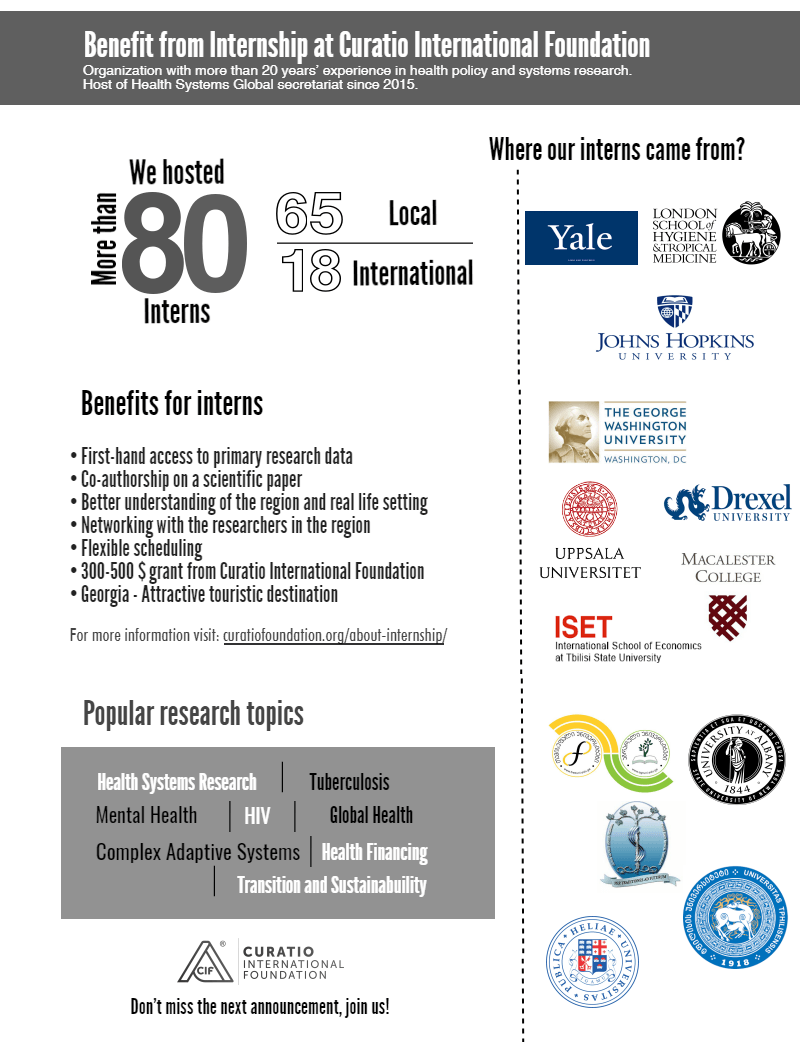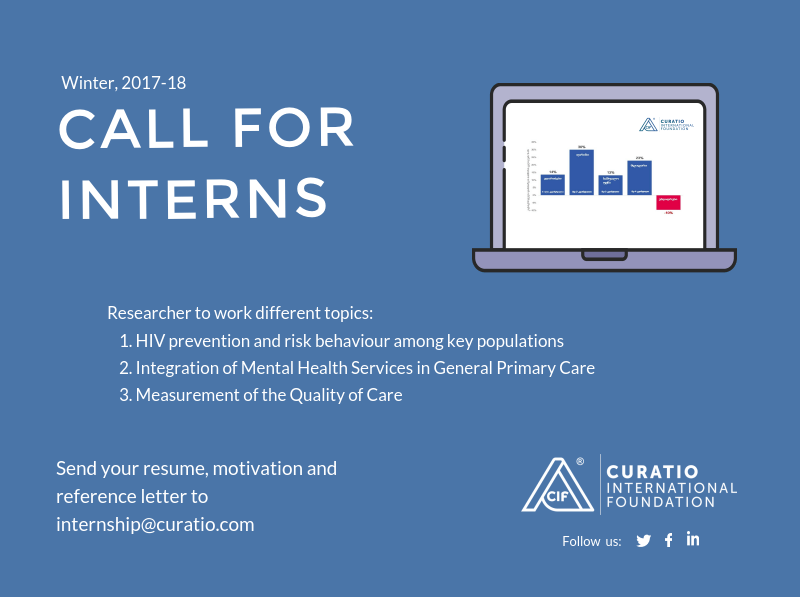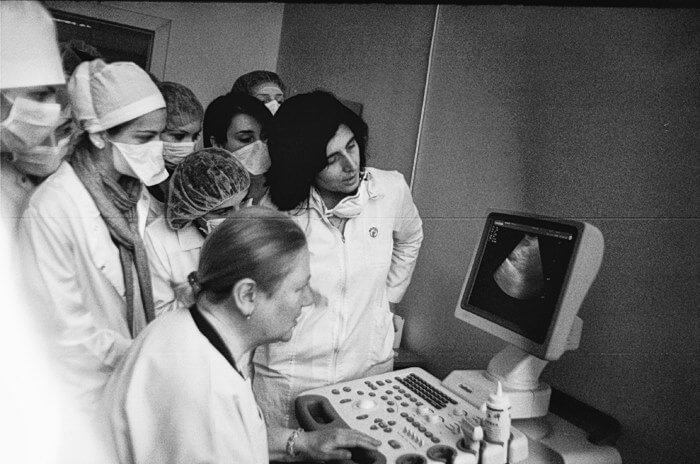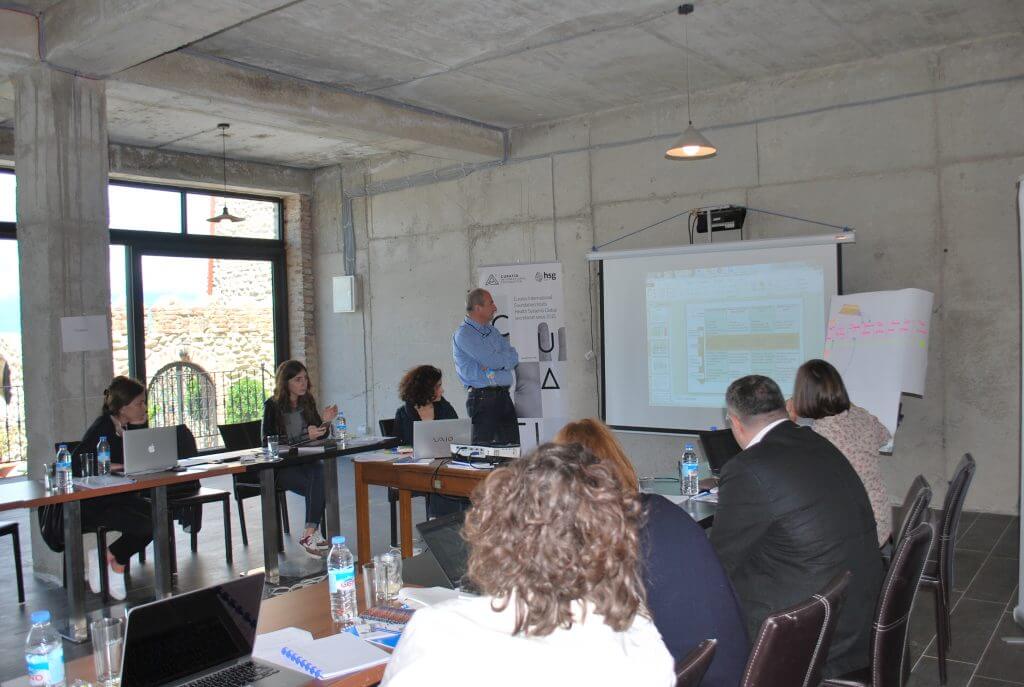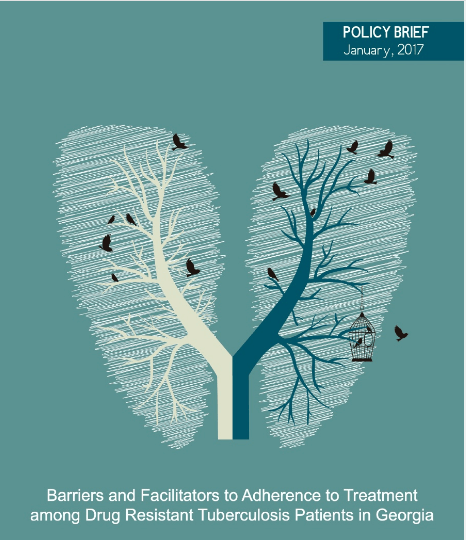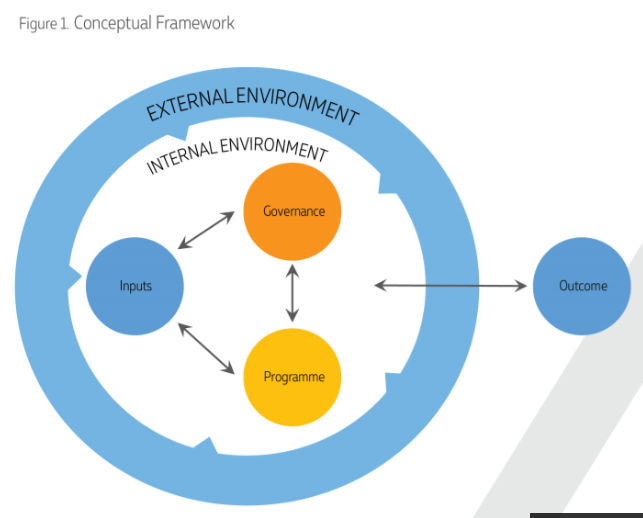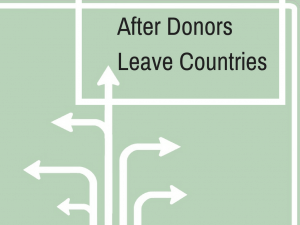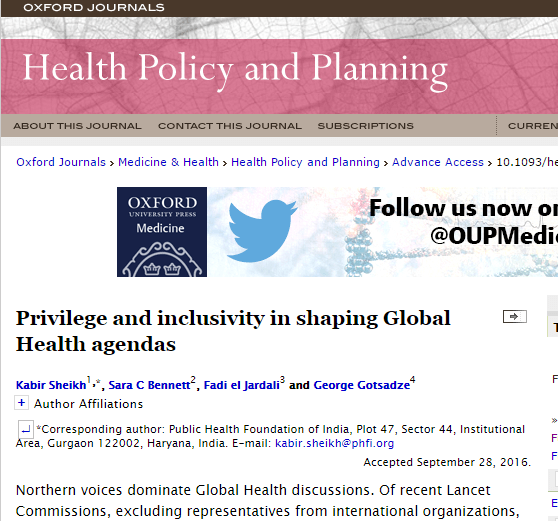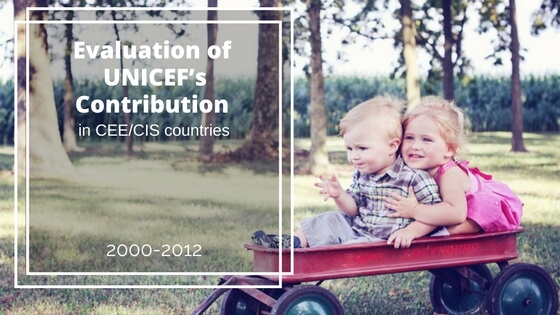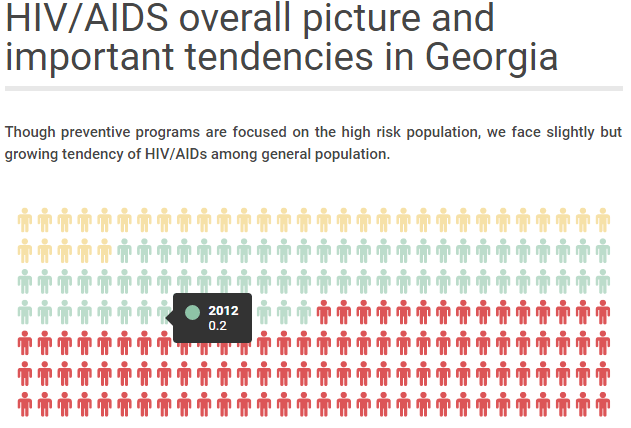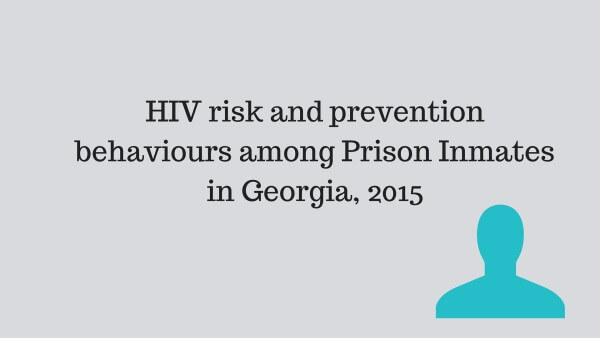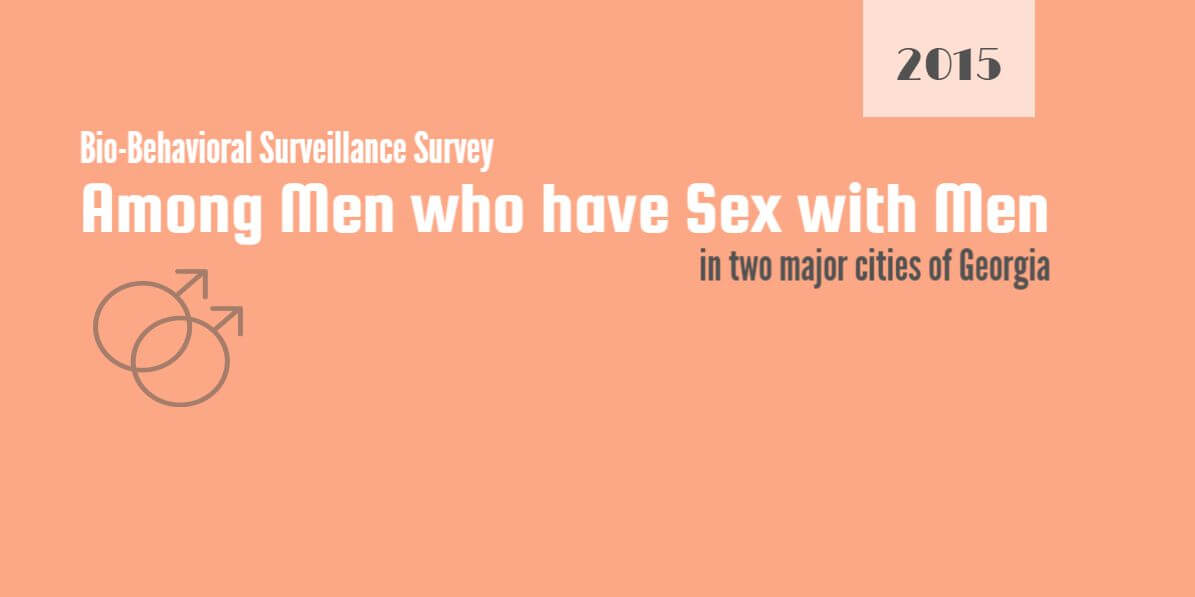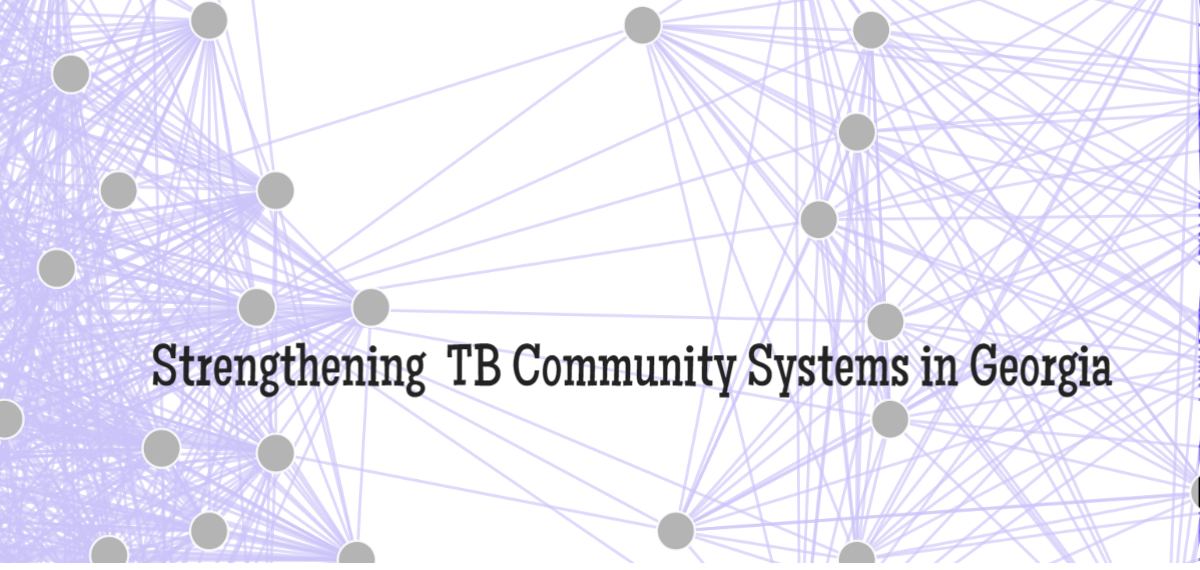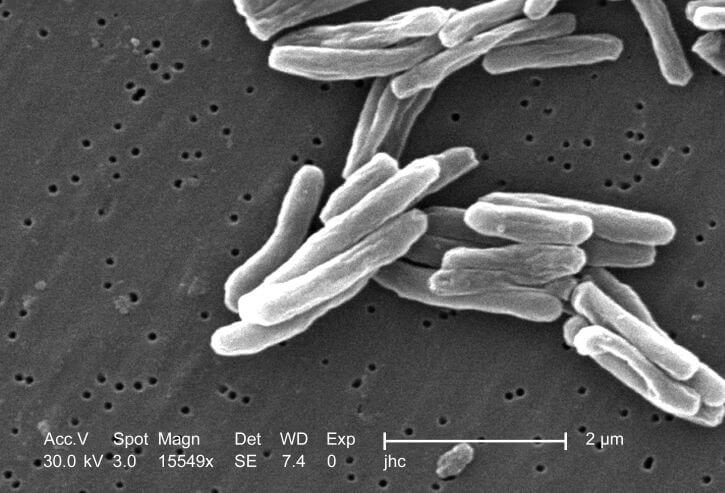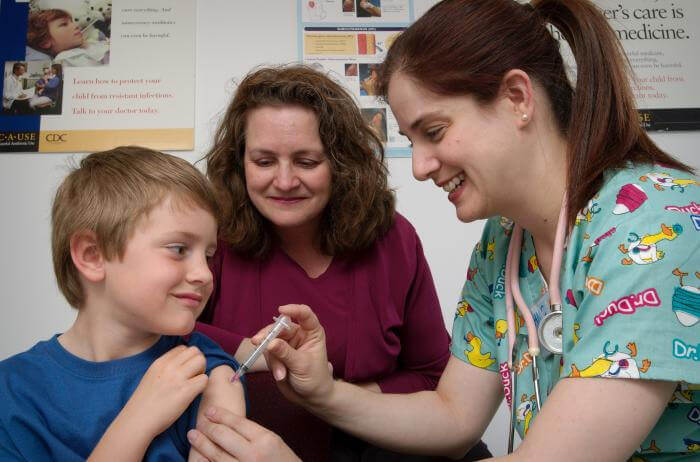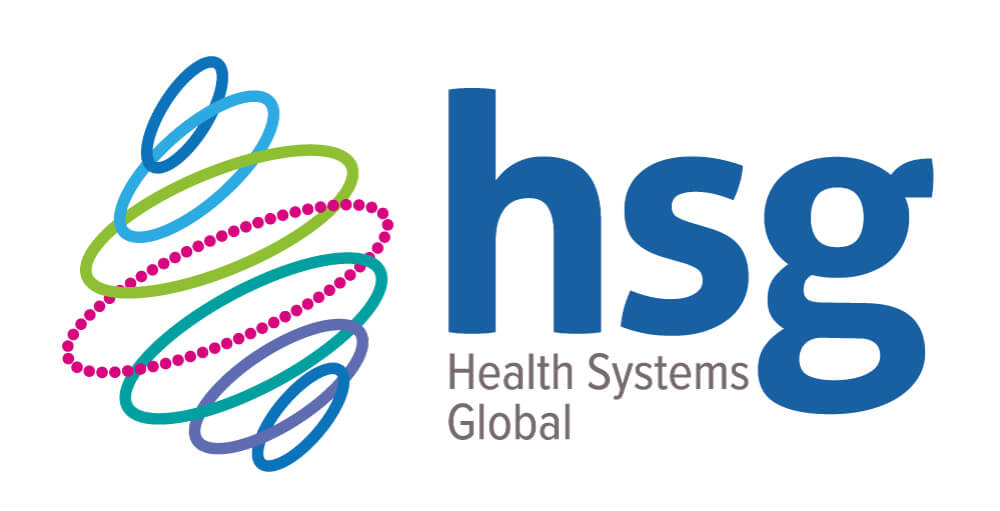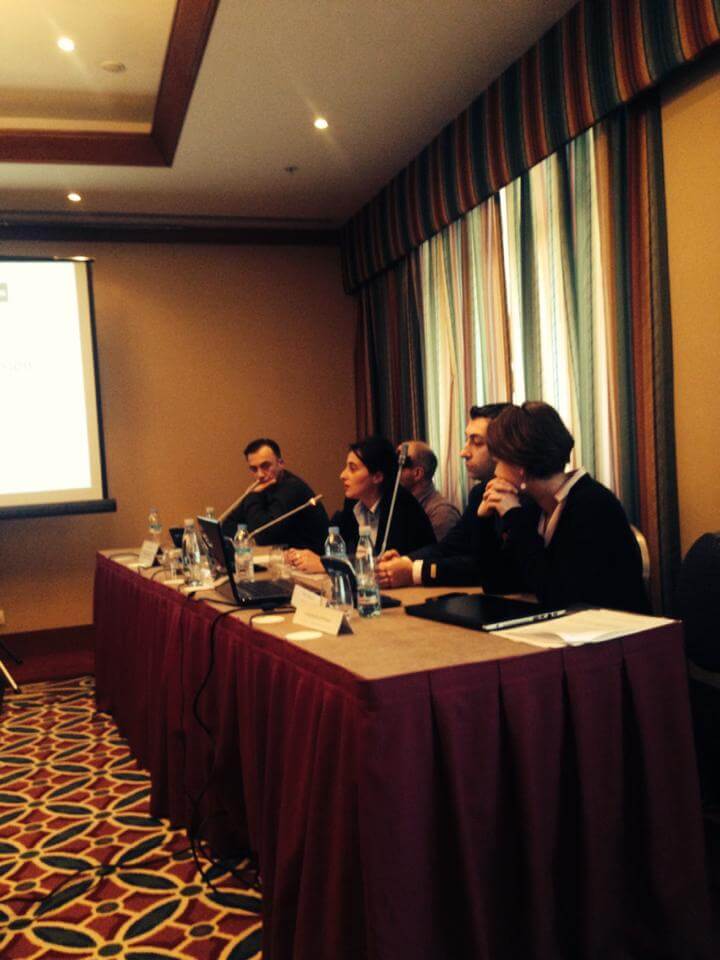Georgian NIP faces challenges in sustaining the outcomes achieved
On October 18, 2021, The Learning Network for Countries in Transition (LNCT) published new case study lessons learned: Lessons Learned from Georgia’s Experience Transitioning From GAVI support authored by:
- Ivdity Chikovani, Curatio International Foundation, Georgia
- Paata Imnadze, Deputy General Director, National Center for Disease Control and Public Health, Georgia
- Lia Jabidze, EPI manager, National Center for Disease Control and Public Health, Georgia
Georgia graduated from Gavi support in 2018, and since then, their National Immunization Program (NIP) has been fully financed from domestic sources. Georgia’s NIP has remained a strong performing program in the EURO region with a historically well-maintained cold chain network and monitoring and surveillance system, as well as high coverage rates for most vaccines. This country case study highlights some of the key lessons learned from Georgia’s transition, including enabling factors, as well potential risks, to its future programmatic and financial sustainability.
Despite a successful transition and strong programmatic performance, the Georgian NIP faces challenges in sustaining the outcomes achieved to date. There are issues with immunization coverage rates, particularly in the context of the COVID-19 pandemic; insufficient government financing for communication activities, supportive supervision, and the information management system; challenges in sustaining human resource capacities; and weak institutional capacities in the post-market authorization. In addition, the economic burden caused by the COVID-19 pandemic, coupled with the simultaneous transition from other donor-supported programs, brings additional financial uncertainties. The immunization program and health system need to adapt to these new realities and maximize their efforts to sustain and improve its outcomes.
Latest News
Integrated Bio-behavioral surveillance and population size estimation survey among Female Sex Workers in Tbilisi and Batumi, Georgia, in 2024
There are issues with immunization coverage rates, particularly in the context of the COVID-19 pandemic; insufficient government financing for communication activities, supportive supervision, and the information management system;
Curatio International Foundation at Eighth Global Symposium on Health Systems Research (HSR2024)
There are issues with immunization coverage rates, particularly in the context of the COVID-19 pandemic; insufficient government financing for communication activities, supportive supervision, and the information management system;
“The Informatics and Data Science for Public Health: Sustainment Plan for Skilled Labor Force Development”
There are issues with immunization coverage rates, particularly in the context of the COVID-19 pandemic; insufficient government financing for communication activities, supportive supervision, and the information management system;
Janina Stauke from the London School of Hygiene and Tropical Medicine shares her internship experience
There are issues with immunization coverage rates, particularly in the context of the COVID-19 pandemic; insufficient government financing for communication activities, supportive supervision, and the information management system;
Jolly Mae Catalan fromUniversité Libre de Bruxelles shares her internship experience
There are issues with immunization coverage rates, particularly in the context of the COVID-19 pandemic; insufficient government financing for communication activities, supportive supervision, and the information management system;
Georgia’s Journey to Integrating Rehabilitation Services into the Health System: Insights and Lessons
There are issues with immunization coverage rates, particularly in the context of the COVID-19 pandemic; insufficient government financing for communication activities, supportive supervision, and the information management system;
Report on Rehabilitation Data Flow in Georgia’s Health Information System
There are issues with immunization coverage rates, particularly in the context of the COVID-19 pandemic; insufficient government financing for communication activities, supportive supervision, and the information management system;
Georgia: a primary health care case study in the context of the COVID-19 pandemic
There are issues with immunization coverage rates, particularly in the context of the COVID-19 pandemic; insufficient government financing for communication activities, supportive supervision, and the information management system;
Assessment of the Quality of Maternal and Neonatal Services in Montenegro
There are issues with immunization coverage rates, particularly in the context of the COVID-19 pandemic; insufficient government financing for communication activities, supportive supervision, and the information management system;
Georgian state rehabilitation program: implementation research study report
There are issues with immunization coverage rates, particularly in the context of the COVID-19 pandemic; insufficient government financing for communication activities, supportive supervision, and the information management system;
Strengthening Health Systems for Accessible Rehabilitation Services in Georgia
There are issues with immunization coverage rates, particularly in the context of the COVID-19 pandemic; insufficient government financing for communication activities, supportive supervision, and the information management system;
Linked’s workshop on HPV vaccine introduction and scale up, held on July 11-12th, 2023
There are issues with immunization coverage rates, particularly in the context of the COVID-19 pandemic; insufficient government financing for communication activities, supportive supervision, and the information management system;
Training program focusing on interdisciplinary evaluation of rehabilitation interventions and patient outcomes
There are issues with immunization coverage rates, particularly in the context of the COVID-19 pandemic; insufficient government financing for communication activities, supportive supervision, and the information management system;
Unlocking Success Through Learning: Workshop on Strengthening HR Capacity and Performance Management in Immunization
There are issues with immunization coverage rates, particularly in the context of the COVID-19 pandemic; insufficient government financing for communication activities, supportive supervision, and the information management system;
Promote evidence-based policies in the pharmaceutical sector by generating evidence and fostering civic engagement
There are issues with immunization coverage rates, particularly in the context of the COVID-19 pandemic; insufficient government financing for communication activities, supportive supervision, and the information management system;
CIF and the Results for Development / Accelerator combined their expertise to co-author an insightful blog, shedding light on Georgia’s commendable efforts to overcome limited data challenges and develop evidence-based policies for financing rehabilitation services
There are issues with immunization coverage rates, particularly in the context of the COVID-19 pandemic; insufficient government financing for communication activities, supportive supervision, and the information management system;
Culminating event – Building Institutional Capacity for Health Policy and Systems Research and Delivery science (BIRD) in six WHO Regions
There are issues with immunization coverage rates, particularly in the context of the COVID-19 pandemic; insufficient government financing for communication activities, supportive supervision, and the information management system;
Report on Phased (Stepwise) Plan for the Capability Development of the Priority Rehabilitation Services
There are issues with immunization coverage rates, particularly in the context of the COVID-19 pandemic; insufficient government financing for communication activities, supportive supervision, and the information management system;
Promote evidence-based policies in the pharmaceutical sector by generating evidence
There are issues with immunization coverage rates, particularly in the context of the COVID-19 pandemic; insufficient government financing for communication activities, supportive supervision, and the information management system;
Mandatory Vaccination and Green Passes – Review of International Experience
There are issues with immunization coverage rates, particularly in the context of the COVID-19 pandemic; insufficient government financing for communication activities, supportive supervision, and the information management system;
Sustaining Public Health Gains after Donor Transition: What can we learn about Georgia?
There are issues with immunization coverage rates, particularly in the context of the COVID-19 pandemic; insufficient government financing for communication activities, supportive supervision, and the information management system;
Curatio International Foundation at Seventh Global Symposium on Health Systems Research (HSR2022)
There are issues with immunization coverage rates, particularly in the context of the COVID-19 pandemic; insufficient government financing for communication activities, supportive supervision, and the information management system;
Curatio International Foundation at Global Symposium on Health Systems Research
There are issues with immunization coverage rates, particularly in the context of the COVID-19 pandemic; insufficient government financing for communication activities, supportive supervision, and the information management system;
Study report: Adaptations made in TB response during Covid-19 pandemic in Georgia
There are issues with immunization coverage rates, particularly in the context of the COVID-19 pandemic; insufficient government financing for communication activities, supportive supervision, and the information management system;
New case study: Sustaining effective coverage with Opioid Substitution Therapy (OST) in Georgia in the context of transition from external assistance
There are issues with immunization coverage rates, particularly in the context of the COVID-19 pandemic; insufficient government financing for communication activities, supportive supervision, and the information management system;
New case study: National Immunisation Program Transition from external assistance
There are issues with immunization coverage rates, particularly in the context of the COVID-19 pandemic; insufficient government financing for communication activities, supportive supervision, and the information management system;
“Strengthening Health Systems for Accessible Rehabilitation Services in Georgia” – Workshop
There are issues with immunization coverage rates, particularly in the context of the COVID-19 pandemic; insufficient government financing for communication activities, supportive supervision, and the information management system;
Strengthening the Delivery of Immunisation Services Through PHC Platforms-Workshop
There are issues with immunization coverage rates, particularly in the context of the COVID-19 pandemic; insufficient government financing for communication activities, supportive supervision, and the information management system;
New Paper: A transdiagnostic psychosocial prevention-intervention service for young people in the Republic of Georgia
There are issues with immunization coverage rates, particularly in the context of the COVID-19 pandemic; insufficient government financing for communication activities, supportive supervision, and the information management system;
Vaccine Procurement and Supply for the Expanded Program of Immunization in Kazakhstan
There are issues with immunization coverage rates, particularly in the context of the COVID-19 pandemic; insufficient government financing for communication activities, supportive supervision, and the information management system;
Prevention of Addiction and Mental Health in Adolescents in Georgia (PAMAd) – Workshop
There are issues with immunization coverage rates, particularly in the context of the COVID-19 pandemic; insufficient government financing for communication activities, supportive supervision, and the information management system;
Webinar : Matters of Scale and Integration in Digital Health Ecosystems
There are issues with immunization coverage rates, particularly in the context of the COVID-19 pandemic; insufficient government financing for communication activities, supportive supervision, and the information management system;
Data Analysis and Synthesis Workshop – analyzing the implications of the structure of Georgia’s private healthcare market for quality and accessibility
There are issues with immunization coverage rates, particularly in the context of the COVID-19 pandemic; insufficient government financing for communication activities, supportive supervision, and the information management system;
External Reference Pricing Policy: A Possible Pharmaceutical Price Regulation Policy in Georgia
There are issues with immunization coverage rates, particularly in the context of the COVID-19 pandemic; insufficient government financing for communication activities, supportive supervision, and the information management system;
Paper: Soviet legacy is still pervasive in health policy and systems research in the post-Soviet states
There are issues with immunization coverage rates, particularly in the context of the COVID-19 pandemic; insufficient government financing for communication activities, supportive supervision, and the information management system;
Article: How do participatory methods shape policy? Applying a realist approach to the formulation of a new tuberculosis policy in Georgia
There are issues with immunization coverage rates, particularly in the context of the COVID-19 pandemic; insufficient government financing for communication activities, supportive supervision, and the information management system;
Bundled Payment Methods: An Alternative Payment Method to Contain Healthcare Costs in Georgia
There are issues with immunization coverage rates, particularly in the context of the COVID-19 pandemic; insufficient government financing for communication activities, supportive supervision, and the information management system;
HOW TO MAINTAIN ROUTINE IMMUNIZATION DURING COVID-19? EXPERIENCES FROM ARMENIA, GEORGIA, AND UZBEKISTAN
There are issues with immunization coverage rates, particularly in the context of the COVID-19 pandemic; insufficient government financing for communication activities, supportive supervision, and the information management system;
DRUG CHECKING: An Essential Response to Emerging Harm Reduction Needs
There are issues with immunization coverage rates, particularly in the context of the COVID-19 pandemic; insufficient government financing for communication activities, supportive supervision, and the information management system;
GEORGIA COVID-19 VACCINE COMMUNICATIONS CAMPAIGN TO ADDRESS HESITANCY ISSUES
There are issues with immunization coverage rates, particularly in the context of the COVID-19 pandemic; insufficient government financing for communication activities, supportive supervision, and the information management system;
Supporting Evidence-Informed Policy making and Action in Six WHO Regions
There are issues with immunization coverage rates, particularly in the context of the COVID-19 pandemic; insufficient government financing for communication activities, supportive supervision, and the information management system;
Georgian Healthcare Barometer XIV Wave The analysis of financial stability and risks in healthcare
There are issues with immunization coverage rates, particularly in the context of the COVID-19 pandemic; insufficient government financing for communication activities, supportive supervision, and the information management system;
We are pleased to announce that The Sixth Global Symposium on Health Systems Research (HSR2020) has opened
There are issues with immunization coverage rates, particularly in the context of the COVID-19 pandemic; insufficient government financing for communication activities, supportive supervision, and the information management system;
Discussing interim results of research project: Prevention of Addiction and Mental Health in Adolescents in Georgia (PAMAd)
There are issues with immunization coverage rates, particularly in the context of the COVID-19 pandemic; insufficient government financing for communication activities, supportive supervision, and the information management system;
Effects of Pay for Performance on utilization and quality of care among Primary Health Care providers in Middle and High-Income countries
There are issues with immunization coverage rates, particularly in the context of the COVID-19 pandemic; insufficient government financing for communication activities, supportive supervision, and the information management system;
CAN SOCIAL MEDIA MONITORING LEAD TO IMPROVED PERCEPTIONS ABOUT IMMUNIZATION?
There are issues with immunization coverage rates, particularly in the context of the COVID-19 pandemic; insufficient government financing for communication activities, supportive supervision, and the information management system;
The first phase of the joint fellowship program of the Curatio International Foundation and the Knowledge to Policy Center (K2P) at the American University of Beirut has been successfully implemented
There are issues with immunization coverage rates, particularly in the context of the COVID-19 pandemic; insufficient government financing for communication activities, supportive supervision, and the information management system;
LNCT WEBINAR: Incremental Costs of Routine Immunization, Campaigns, and Outreach Services During COVID-19
There are issues with immunization coverage rates, particularly in the context of the COVID-19 pandemic; insufficient government financing for communication activities, supportive supervision, and the information management system;
LNCT Webinar: Assessing Bottlenecks to Adequate and Predictable Vaccine Financing
There are issues with immunization coverage rates, particularly in the context of the COVID-19 pandemic; insufficient government financing for communication activities, supportive supervision, and the information management system;
LNCT WEBINAR: Designing Behavioural Strategies for Immunization in a Covid-19 Context
There are issues with immunization coverage rates, particularly in the context of the COVID-19 pandemic; insufficient government financing for communication activities, supportive supervision, and the information management system;
Concentration and fragmentation: analyzing the implications of the structure of Georgia’s private healthcare market for quality and accessibility (ConFrag)
There are issues with immunization coverage rates, particularly in the context of the COVID-19 pandemic; insufficient government financing for communication activities, supportive supervision, and the information management system;
#COVID19 – Evidence and Policymaking: Personal Reflections from an LMIC Setting
There are issues with immunization coverage rates, particularly in the context of the COVID-19 pandemic; insufficient government financing for communication activities, supportive supervision, and the information management system;
Modeling of Four Possible Scenarios of COVID-19 epidemics in Georgia
There are issues with immunization coverage rates, particularly in the context of the COVID-19 pandemic; insufficient government financing for communication activities, supportive supervision, and the information management system;
LNCT Webinar: Key Considerations for Integrating Immunization with Other Primary Health Care Services
There are issues with immunization coverage rates, particularly in the context of the COVID-19 pandemic; insufficient government financing for communication activities, supportive supervision, and the information management system;
Georgia Sharing knowledge to Armenia to strengthen immunization legislation
There are issues with immunization coverage rates, particularly in the context of the COVID-19 pandemic; insufficient government financing for communication activities, supportive supervision, and the information management system;
Project on “Technical Assistance Using Modern Technology for TB Prevention, Diagnosis, and Increased Quality Treatment” was closed
There are issues with immunization coverage rates, particularly in the context of the COVID-19 pandemic; insufficient government financing for communication activities, supportive supervision, and the information management system;
Dialogue on Pharmaceutical pricing policies to improve the population’s access to pharmaceuticals in Georgia
There are issues with immunization coverage rates, particularly in the context of the COVID-19 pandemic; insufficient government financing for communication activities, supportive supervision, and the information management system;
LNCT Webinar: Implementing a High Performing Immunization Program within the Context of National Health Insurance: What can we Learn from Thailand?
There are issues with immunization coverage rates, particularly in the context of the COVID-19 pandemic; insufficient government financing for communication activities, supportive supervision, and the information management system;
LNCT Webinar: Strengthening Public-Private Engagement for Immunization Delivery
There are issues with immunization coverage rates, particularly in the context of the COVID-19 pandemic; insufficient government financing for communication activities, supportive supervision, and the information management system;
Implementing new research: Prevention of Addiction and Mental Health in Adolescents in Georgia
There are issues with immunization coverage rates, particularly in the context of the COVID-19 pandemic; insufficient government financing for communication activities, supportive supervision, and the information management system;
Georgia’s introduction of the Hexavalent vaccine: Lessons on successful procurement and advocacy
There are issues with immunization coverage rates, particularly in the context of the COVID-19 pandemic; insufficient government financing for communication activities, supportive supervision, and the information management system;
Georgia Primary Health Care Profile: 6 Year after UHC program introduction
There are issues with immunization coverage rates, particularly in the context of the COVID-19 pandemic; insufficient government financing for communication activities, supportive supervision, and the information management system;
HSR2020: RE-IMAGINING HEALTH SYSTEMS FOR BETTER HEALTH AND SOCIAL JUSTICE
There are issues with immunization coverage rates, particularly in the context of the COVID-19 pandemic; insufficient government financing for communication activities, supportive supervision, and the information management system;
CALL FOR MENTEES: PUBLICATION MENTORSHIP FOR FIRST-TIME WOMEN AUTHORS IN THE FIELD OF HPSR
There are issues with immunization coverage rates, particularly in the context of the COVID-19 pandemic; insufficient government financing for communication activities, supportive supervision, and the information management system;
A pilot of a new intervention launched to Improve adherence to TB treatment and its outcomes in Georgia
There are issues with immunization coverage rates, particularly in the context of the COVID-19 pandemic; insufficient government financing for communication activities, supportive supervision, and the information management system;
Training for epidemiologists and health workers on TB contact tracing new guideline
There are issues with immunization coverage rates, particularly in the context of the COVID-19 pandemic; insufficient government financing for communication activities, supportive supervision, and the information management system;
Workshop on using modern technology for TB prevention, diagnosis and increased quality treatment
There are issues with immunization coverage rates, particularly in the context of the COVID-19 pandemic; insufficient government financing for communication activities, supportive supervision, and the information management system;
K2P Mentorship Program on Building Institutional Capacity on Evidence Informed Policy Making
There are issues with immunization coverage rates, particularly in the context of the COVID-19 pandemic; insufficient government financing for communication activities, supportive supervision, and the information management system;
Doing embedded development and research – reflections on the start of the Results4TB programme
There are issues with immunization coverage rates, particularly in the context of the COVID-19 pandemic; insufficient government financing for communication activities, supportive supervision, and the information management system;
Introductory Meeting on the project ‘Embedding Rapid Reviews in Health Policy-Making’
There are issues with immunization coverage rates, particularly in the context of the COVID-19 pandemic; insufficient government financing for communication activities, supportive supervision, and the information management system;
Taavy Miller from University of North Carolina shares her internship experience
There are issues with immunization coverage rates, particularly in the context of the COVID-19 pandemic; insufficient government financing for communication activities, supportive supervision, and the information management system;
Building Institutional Capacity for HPSR and Delivery Science- CIF is Europe region HUB
There are issues with immunization coverage rates, particularly in the context of the COVID-19 pandemic; insufficient government financing for communication activities, supportive supervision, and the information management system;
Inter-regional workshop in preparation for transitioning towards domestic financing in TB, HIV and Malaria programmes
There are issues with immunization coverage rates, particularly in the context of the COVID-19 pandemic; insufficient government financing for communication activities, supportive supervision, and the information management system;
Memorandum of Cooperation between the Health and Social Issues Committee of the Parliament of Georgia and Curatio International Foundation
There are issues with immunization coverage rates, particularly in the context of the COVID-19 pandemic; insufficient government financing for communication activities, supportive supervision, and the information management system;
Curatio International Foundation at the Global Symposium on Health Systems Research
There are issues with immunization coverage rates, particularly in the context of the COVID-19 pandemic; insufficient government financing for communication activities, supportive supervision, and the information management system;
The civil society gathered for the fourth time to discuss healthcare system challenges in Georgia
There are issues with immunization coverage rates, particularly in the context of the COVID-19 pandemic; insufficient government financing for communication activities, supportive supervision, and the information management system;
Project: HIV risk behavior among Men who have Sex with Men – Bio-Behavioral Surveillance Survey and Population Size Estimation
There are issues with immunization coverage rates, particularly in the context of the COVID-19 pandemic; insufficient government financing for communication activities, supportive supervision, and the information management system;
Big Pharma Greed and Artificial Prices – Knocking on Door to Limit Access to HIV Medicines in Georgia
There are issues with immunization coverage rates, particularly in the context of the COVID-19 pandemic; insufficient government financing for communication activities, supportive supervision, and the information management system;
Civil society is gathering for the third time to hold a discussion about the healthcare
There are issues with immunization coverage rates, particularly in the context of the COVID-19 pandemic; insufficient government financing for communication activities, supportive supervision, and the information management system;
Webinar: Mapping and consensus of global competencies set for the field of HPSR: A progress update and HSG round table discussion
There are issues with immunization coverage rates, particularly in the context of the COVID-19 pandemic; insufficient government financing for communication activities, supportive supervision, and the information management system;
Technical Assistance for evaluation of transition readiness and preparation of Transition and Sustainability Plan for Global Fund-supported programs in Tajikistan
There are issues with immunization coverage rates, particularly in the context of the COVID-19 pandemic; insufficient government financing for communication activities, supportive supervision, and the information management system;
Technical Assistance for the preparation of Transition and Sustainability Plan for HIV program in Philippines
There are issues with immunization coverage rates, particularly in the context of the COVID-19 pandemic; insufficient government financing for communication activities, supportive supervision, and the information management system;
Webinar: Integrating gender into health system strengthening in conflict and crisis-affected settings; what’s in our toolkit?
There are issues with immunization coverage rates, particularly in the context of the COVID-19 pandemic; insufficient government financing for communication activities, supportive supervision, and the information management system;
Article: Barriers to mental health care utilization among internally displaced persons in the republic of Georgia: a rapid appraisal study
There are issues with immunization coverage rates, particularly in the context of the COVID-19 pandemic; insufficient government financing for communication activities, supportive supervision, and the information management system;
Why Georgians second-guess their doctors – Deregulation has left Georgian medical care something many Georgians would rather avoid
There are issues with immunization coverage rates, particularly in the context of the COVID-19 pandemic; insufficient government financing for communication activities, supportive supervision, and the information management system;
Ara Srinagesh from New York University Shares her Internship Experience
There are issues with immunization coverage rates, particularly in the context of the COVID-19 pandemic; insufficient government financing for communication activities, supportive supervision, and the information management system;
Webinar on The peer review process – what happens when you send your manuscript to a journal
There are issues with immunization coverage rates, particularly in the context of the COVID-19 pandemic; insufficient government financing for communication activities, supportive supervision, and the information management system;
Webinar on Improving Quality of Care during Childbirth: Learnings and Next Steps from the BetterBirth Trial
There are issues with immunization coverage rates, particularly in the context of the COVID-19 pandemic; insufficient government financing for communication activities, supportive supervision, and the information management system;
Closing Project: Tuberculosis Community Systems Strengthening in Georgia
There are issues with immunization coverage rates, particularly in the context of the COVID-19 pandemic; insufficient government financing for communication activities, supportive supervision, and the information management system;
Integrated Bio-behavioral surveillance and population size estimation survey among Female Sex Workers in Tbilisi and Batumi, Georgia
There are issues with immunization coverage rates, particularly in the context of the COVID-19 pandemic; insufficient government financing for communication activities, supportive supervision, and the information management system;
Applying a Health Policy and Systems Research lens to Human Resources for Health: Capacity building, leadership and politics
There are issues with immunization coverage rates, particularly in the context of the COVID-19 pandemic; insufficient government financing for communication activities, supportive supervision, and the information management system;
CIF hosts Aradhana Srinagesh throughout the winter internship program
There are issues with immunization coverage rates, particularly in the context of the COVID-19 pandemic; insufficient government financing for communication activities, supportive supervision, and the information management system;
Empowering civil society for engagement in and monitoring the decision making in health sector in Georgia
There are issues with immunization coverage rates, particularly in the context of the COVID-19 pandemic; insufficient government financing for communication activities, supportive supervision, and the information management system;
Curatio International Foundation presented BBS and PSE study findings at the Civil Society Forum
There are issues with immunization coverage rates, particularly in the context of the COVID-19 pandemic; insufficient government financing for communication activities, supportive supervision, and the information management system;
Article: Barriers to delivering mental health services in Georgia with an economic and financial focus: informing policy and acting on evidence
There are issues with immunization coverage rates, particularly in the context of the COVID-19 pandemic; insufficient government financing for communication activities, supportive supervision, and the information management system;
The Interview on population size and Human Immunodeficiency Virus risk behaviors of People who Inject Drugs in Georgia
There are issues with immunization coverage rates, particularly in the context of the COVID-19 pandemic; insufficient government financing for communication activities, supportive supervision, and the information management system;
Population Size Estimation of People who Inject Drugs in Georgia 2016-2017
There are issues with immunization coverage rates, particularly in the context of the COVID-19 pandemic; insufficient government financing for communication activities, supportive supervision, and the information management system;
HIV risk and prevention behaviors among People Who Inject Drugs in seven cities of Georgia, 2017
There are issues with immunization coverage rates, particularly in the context of the COVID-19 pandemic; insufficient government financing for communication activities, supportive supervision, and the information management system;
Conference paper: The Study of Barriers and Facilitators to Adherence to Treatment among Drug Resistant Tuberculosis Patients in Georgia to Inform Policy Decision
There are issues with immunization coverage rates, particularly in the context of the COVID-19 pandemic; insufficient government financing for communication activities, supportive supervision, and the information management system;
Article: Human immunodeficiency virus prevalence and risk determinants among people who inject drugs in the Republic of Georgia
There are issues with immunization coverage rates, particularly in the context of the COVID-19 pandemic; insufficient government financing for communication activities, supportive supervision, and the information management system;
Conference paper about realist evaluation: Informing policy, assessing its effects and understanding how it works for improved Tuberculosis management in Georgia
There are issues with immunization coverage rates, particularly in the context of the COVID-19 pandemic; insufficient government financing for communication activities, supportive supervision, and the information management system;
Georgian Healthcare and its Challenges: Healthcare Expert George Gotsadze will host the lecture
There are issues with immunization coverage rates, particularly in the context of the COVID-19 pandemic; insufficient government financing for communication activities, supportive supervision, and the information management system;
17 years in Curatio International Foundation: President Ketevan Chkhatarashvili to Leave Organization
There are issues with immunization coverage rates, particularly in the context of the COVID-19 pandemic; insufficient government financing for communication activities, supportive supervision, and the information management system;
Georgian Solution for a Post-Soviet TB Program: Can Integration into Primary Health Care Improve TB Care?
There are issues with immunization coverage rates, particularly in the context of the COVID-19 pandemic; insufficient government financing for communication activities, supportive supervision, and the information management system;
Article: Determinants analysis of outpatient service utilization in Georgia: can the approach help inform benefit package design?
There are issues with immunization coverage rates, particularly in the context of the COVID-19 pandemic; insufficient government financing for communication activities, supportive supervision, and the information management system;
Designing and evaluating provider results-based financing for tuberculosis care in Georgia (RBF4TB)
There are issues with immunization coverage rates, particularly in the context of the COVID-19 pandemic; insufficient government financing for communication activities, supportive supervision, and the information management system;
Barriers and Facilitators to Adherence to Treatment Among Drug Resistant TB Patients in Georgia
There are issues with immunization coverage rates, particularly in the context of the COVID-19 pandemic; insufficient government financing for communication activities, supportive supervision, and the information management system;
Curatio International Foundation: Transition and Sustainability Portfolio
There are issues with immunization coverage rates, particularly in the context of the COVID-19 pandemic; insufficient government financing for communication activities, supportive supervision, and the information management system;
Eastern Europe and Central Asia Regional Sustainability and Transition Coordination Summit 20-21 October, 2016 Vilnius, Lithuania
There are issues with immunization coverage rates, particularly in the context of the COVID-19 pandemic; insufficient government financing for communication activities, supportive supervision, and the information management system;
Evaluation of UNICEF’s Contribution in Central and Eastern European Five Countries
There are issues with immunization coverage rates, particularly in the context of the COVID-19 pandemic; insufficient government financing for communication activities, supportive supervision, and the information management system;
CIF Pharmaceutical Price and Availability Study (Fifth Wave Results)
There are issues with immunization coverage rates, particularly in the context of the COVID-19 pandemic; insufficient government financing for communication activities, supportive supervision, and the information management system;
HIV risk and prevention behaviours among Prison Inmates in Georgia, 2015
There are issues with immunization coverage rates, particularly in the context of the COVID-19 pandemic; insufficient government financing for communication activities, supportive supervision, and the information management system;
Washington DC hosts workshop Immunization Costing: what have we learned, can we do better?
There are issues with immunization coverage rates, particularly in the context of the COVID-19 pandemic; insufficient government financing for communication activities, supportive supervision, and the information management system;
Bio-Behavioral Surveillance Survey among Men who have Sex with Men in two major cities of Georgia, 2015
There are issues with immunization coverage rates, particularly in the context of the COVID-19 pandemic; insufficient government financing for communication activities, supportive supervision, and the information management system;
EPIC Studies – Governments Finance, On Average, More Than 50 Percent Of Immunization Expenses, 2010–11
There are issues with immunization coverage rates, particularly in the context of the COVID-19 pandemic; insufficient government financing for communication activities, supportive supervision, and the information management system;
Bio-Behavioral Surveillance Survey among People Who Inject Drugs in 7 cities of Georgia, 2015
There are issues with immunization coverage rates, particularly in the context of the COVID-19 pandemic; insufficient government financing for communication activities, supportive supervision, and the information management system;
What can be done to improve treatment adherence among tuberculosis patients in Georgia: Looking through health systems lens
There are issues with immunization coverage rates, particularly in the context of the COVID-19 pandemic; insufficient government financing for communication activities, supportive supervision, and the information management system;
BioBehavior Surveillance Survey results were represented to the members of Parliament of Georgia
There are issues with immunization coverage rates, particularly in the context of the COVID-19 pandemic; insufficient government financing for communication activities, supportive supervision, and the information management system;
CIF study results on 8th IAS Conference on HIV Pathogenesis, Treatment and Prevention
There are issues with immunization coverage rates, particularly in the context of the COVID-19 pandemic; insufficient government financing for communication activities, supportive supervision, and the information management system;
Response to the “Final evaluation of GAVI support to Bosnia and Herzegovina”
There are issues with immunization coverage rates, particularly in the context of the COVID-19 pandemic; insufficient government financing for communication activities, supportive supervision, and the information management system;
The drivers of facility-based immunization performance and costs. An application to Moldova
There are issues with immunization coverage rates, particularly in the context of the COVID-19 pandemic; insufficient government financing for communication activities, supportive supervision, and the information management system;
Awaiting the results of Prisoners’ Behavior Surveillance Survey (BSS)
There are issues with immunization coverage rates, particularly in the context of the COVID-19 pandemic; insufficient government financing for communication activities, supportive supervision, and the information management system;
Costs of routine immunization services in Moldova: Findings of a facility-based costing study
There are issues with immunization coverage rates, particularly in the context of the COVID-19 pandemic; insufficient government financing for communication activities, supportive supervision, and the information management system;
Analyses of Costs and Financing of the Routine Immunization Program and New Vaccine Introduction in the Republic of Moldova
There are issues with immunization coverage rates, particularly in the context of the COVID-19 pandemic; insufficient government financing for communication activities, supportive supervision, and the information management system;
Health Service Utilization for Mental, Behavioural and Emotional Problems among Conflict-Affected Population in Georgia
There are issues with immunization coverage rates, particularly in the context of the COVID-19 pandemic; insufficient government financing for communication activities, supportive supervision, and the information management system;
Healthcare Utilization and Expenditures for Chronic and Acute Conditions in Georgia: Does benefit package design matter?
There are issues with immunization coverage rates, particularly in the context of the COVID-19 pandemic; insufficient government financing for communication activities, supportive supervision, and the information management system;
Curatio International Foundation Hosts Health Systems Global Secretariat in Tbilisi, Georgia
There are issues with immunization coverage rates, particularly in the context of the COVID-19 pandemic; insufficient government financing for communication activities, supportive supervision, and the information management system;
An Impact Evaluation of Medical Insurance for Poor in Georgia: Preliminary Results and Policy Implications
There are issues with immunization coverage rates, particularly in the context of the COVID-19 pandemic; insufficient government financing for communication activities, supportive supervision, and the information management system;
CIF Publishes Anniversary Publication ’20 Years of Health Care, 2014
There are issues with immunization coverage rates, particularly in the context of the COVID-19 pandemic; insufficient government financing for communication activities, supportive supervision, and the information management system;
Georgian Healthcare System Barometer: Experts’ Evaluations of Changes Taking Place in the Healthcare
There are issues with immunization coverage rates, particularly in the context of the COVID-19 pandemic; insufficient government financing for communication activities, supportive supervision, and the information management system;
The Forbes and Skoll World Forum to discuss HIV/AIDS Epidemic with Director of CIF
There are issues with immunization coverage rates, particularly in the context of the COVID-19 pandemic; insufficient government financing for communication activities, supportive supervision, and the information management system;
Article on Springer-Determinants of Risky Sexual Behavior Among Injecting Drug Users in Georgia
There are issues with immunization coverage rates, particularly in the context of the COVID-19 pandemic; insufficient government financing for communication activities, supportive supervision, and the information management system;
Tobacco Use and Nicotine Dependence among Conflict-Affected Men in the Republic of Georgia
There are issues with immunization coverage rates, particularly in the context of the COVID-19 pandemic; insufficient government financing for communication activities, supportive supervision, and the information management system;
HIV prevalence and risk behaviors among key populations- Study Findings Published
There are issues with immunization coverage rates, particularly in the context of the COVID-19 pandemic; insufficient government financing for communication activities, supportive supervision, and the information management system;
Curatio International Foundation Among Grant Management Solutions Awarded Partners
There are issues with immunization coverage rates, particularly in the context of the COVID-19 pandemic; insufficient government financing for communication activities, supportive supervision, and the information management system;
Curatio International Foundation revealed the winner of its annual scholarship program
There are issues with immunization coverage rates, particularly in the context of the COVID-19 pandemic; insufficient government financing for communication activities, supportive supervision, and the information management system;
Impact of global HIV/AIDS initiatives on health systems in Ukraine, Kyrgyzstan and Georgia
There are issues with immunization coverage rates, particularly in the context of the COVID-19 pandemic; insufficient government financing for communication activities, supportive supervision, and the information management system;
Submission of Applications for CIF Scholarship for Master Program Students near to deadline
There are issues with immunization coverage rates, particularly in the context of the COVID-19 pandemic; insufficient government financing for communication activities, supportive supervision, and the information management system;
Health care in Georgia is currently available for very rich and very poor
There are issues with immunization coverage rates, particularly in the context of the COVID-19 pandemic; insufficient government financing for communication activities, supportive supervision, and the information management system;
Presentation of the findings of Assessment of Complex Non-Communicable Condition in Low Income Countries
There are issues with immunization coverage rates, particularly in the context of the COVID-19 pandemic; insufficient government financing for communication activities, supportive supervision, and the information management system;
Contributing to publishing the paper: Circus monkeys or change agents? Civil society advocacy for HIV/AIDS in adverse policy environments
There are issues with immunization coverage rates, particularly in the context of the COVID-19 pandemic; insufficient government financing for communication activities, supportive supervision, and the information management system;
National Center for Biotechnology Information published CIF’s scientific paper on Unsafe injection and sexual risk behavior among injecting drug users in Georgia
There are issues with immunization coverage rates, particularly in the context of the COVID-19 pandemic; insufficient government financing for communication activities, supportive supervision, and the information management system;
Main findings of Catastrophic Health Expenditure Analysis in Georgia
There are issues with immunization coverage rates, particularly in the context of the COVID-19 pandemic; insufficient government financing for communication activities, supportive supervision, and the information management system;
Contribution to the development of National Health Care Strategy 2011-2015
There are issues with immunization coverage rates, particularly in the context of the COVID-19 pandemic; insufficient government financing for communication activities, supportive supervision, and the information management system;
New web guide for using qualitative approaches to health systems research
There are issues with immunization coverage rates, particularly in the context of the COVID-19 pandemic; insufficient government financing for communication activities, supportive supervision, and the information management system;
CIF Study Published in BMC Magazine, The Role of Supportive Supervision on Immunization Program Outcome- a randomized filed trial from Georgia
There are issues with immunization coverage rates, particularly in the context of the COVID-19 pandemic; insufficient government financing for communication activities, supportive supervision, and the information management system;
Releasing results of Bio-behavioral surveillance survey among men having sex with men
There are issues with immunization coverage rates, particularly in the context of the COVID-19 pandemic; insufficient government financing for communication activities, supportive supervision, and the information management system;
Prices, Availability and Affordability of Medicines in Georgia-the New Study Report Endorsed
There are issues with immunization coverage rates, particularly in the context of the COVID-19 pandemic; insufficient government financing for communication activities, supportive supervision, and the information management system;
Customer Satisfaction Research Report on Corporate Health Insurance Released
There are issues with immunization coverage rates, particularly in the context of the COVID-19 pandemic; insufficient government financing for communication activities, supportive supervision, and the information management system;
National and subnational HIV/AIDS coordination: are global health initiatives closing the gap between intent and practice?
There are issues with immunization coverage rates, particularly in the context of the COVID-19 pandemic; insufficient government financing for communication activities, supportive supervision, and the information management system;
Assessment of HIV/AIDS Surveillance System Pilot is Already Available
There are issues with immunization coverage rates, particularly in the context of the COVID-19 pandemic; insufficient government financing for communication activities, supportive supervision, and the information management system;
Internship at Curatio International Foundation is challenging for John Hopkins University Students
There are issues with immunization coverage rates, particularly in the context of the COVID-19 pandemic; insufficient government financing for communication activities, supportive supervision, and the information management system;
CIF will Launch Fellowship for the Best Student of Healthcare/Public Health Management Faculty
There are issues with immunization coverage rates, particularly in the context of the COVID-19 pandemic; insufficient government financing for communication activities, supportive supervision, and the information management system;
CoReform Project and the Ministry of Health Mark the Completion of the First Stage of Trainings on ICPC2 Application
There are issues with immunization coverage rates, particularly in the context of the COVID-19 pandemic; insufficient government financing for communication activities, supportive supervision, and the information management system;
First Stage of Training Course on Evidence Informed Policy Formulation Crowned
There are issues with immunization coverage rates, particularly in the context of the COVID-19 pandemic; insufficient government financing for communication activities, supportive supervision, and the information management system;
The Study on System-wide Effects of the Global Fund on Georgia’s Health Care Systems posted on GHIN website
There are issues with immunization coverage rates, particularly in the context of the COVID-19 pandemic; insufficient government financing for communication activities, supportive supervision, and the information management system;
Sentinel Surveillance Method to Provide Reliable HIV/AIDS Statistical Data
There are issues with immunization coverage rates, particularly in the context of the COVID-19 pandemic; insufficient government financing for communication activities, supportive supervision, and the information management system;
Curatio International Foundation Contributes to Global HIV/AIDS Initiatives
There are issues with immunization coverage rates, particularly in the context of the COVID-19 pandemic; insufficient government financing for communication activities, supportive supervision, and the information management system;
Mr. George Gotsadze approved as a Permanent Member of the Global Fund TRP
There are issues with immunization coverage rates, particularly in the context of the COVID-19 pandemic; insufficient government financing for communication activities, supportive supervision, and the information management system;
The research article on Household Catastrophic Health Expenditure-evidence from Georgia and its policy implications published in BMC Health Services Research
There are issues with immunization coverage rates, particularly in the context of the COVID-19 pandemic; insufficient government financing for communication activities, supportive supervision, and the information management system;
CIF Hosts workshop on Classifications for Hospital and Laboratory intervention
There are issues with immunization coverage rates, particularly in the context of the COVID-19 pandemic; insufficient government financing for communication activities, supportive supervision, and the information management system;
National Conference in the framework of the Global Fund funded project
There are issues with immunization coverage rates, particularly in the context of the COVID-19 pandemic; insufficient government financing for communication activities, supportive supervision, and the information management system;
CIF conducted a workshop to discuss HIV/AIDS Surveillance System Assessment results
There are issues with immunization coverage rates, particularly in the context of the COVID-19 pandemic; insufficient government financing for communication activities, supportive supervision, and the information management system;
CIF conducted a workshop in the framework of the project funded by the Global Fund
There are issues with immunization coverage rates, particularly in the context of the COVID-19 pandemic; insufficient government financing for communication activities, supportive supervision, and the information management system;
The Global Fund Contracted Curatio International Foundation for Consulting Services
There are issues with immunization coverage rates, particularly in the context of the COVID-19 pandemic; insufficient government financing for communication activities, supportive supervision, and the information management system;
CIF and MoLHSA conduct a workshop on Integrated Model and Strategic Plan for the Health Information system development in Georgia
There are issues with immunization coverage rates, particularly in the context of the COVID-19 pandemic; insufficient government financing for communication activities, supportive supervision, and the information management system;
Dr. George Gotsadze – CIF director and PATH board member presented “Hope for health in a weakened nation”
There are issues with immunization coverage rates, particularly in the context of the COVID-19 pandemic; insufficient government financing for communication activities, supportive supervision, and the information management system;
Natia Rukhadze – CIF Researcher at the Global HIV/AIDS Initiatives Network (GHIN) international workshop in Dublin, Ireland
There are issues with immunization coverage rates, particularly in the context of the COVID-19 pandemic; insufficient government financing for communication activities, supportive supervision, and the information management system;
George Gotsadze – CIF director at fifth Global NHA symposium in Lund, Sweden
There are issues with immunization coverage rates, particularly in the context of the COVID-19 pandemic; insufficient government financing for communication activities, supportive supervision, and the information management system;
Yale University Announced Selection of Leading Georgian Public Health Expert, Ketevan Chkhatarashvili, as a 2007 Yale World Fellow Yale University announced the selection of the leading Georgian health policy advisor, Ketevan Chkhatarashvili, the preside
There are issues with immunization coverage rates, particularly in the context of the COVID-19 pandemic; insufficient government financing for communication activities, supportive supervision, and the information management system;
Protocol of the Policy Club on the Public Health Organizational Development
There are issues with immunization coverage rates, particularly in the context of the COVID-19 pandemic; insufficient government financing for communication activities, supportive supervision, and the information management system;
Final Report on Family Planning and Reproductive Health Assessment in Georgia
There are issues with immunization coverage rates, particularly in the context of the COVID-19 pandemic; insufficient government financing for communication activities, supportive supervision, and the information management system;

